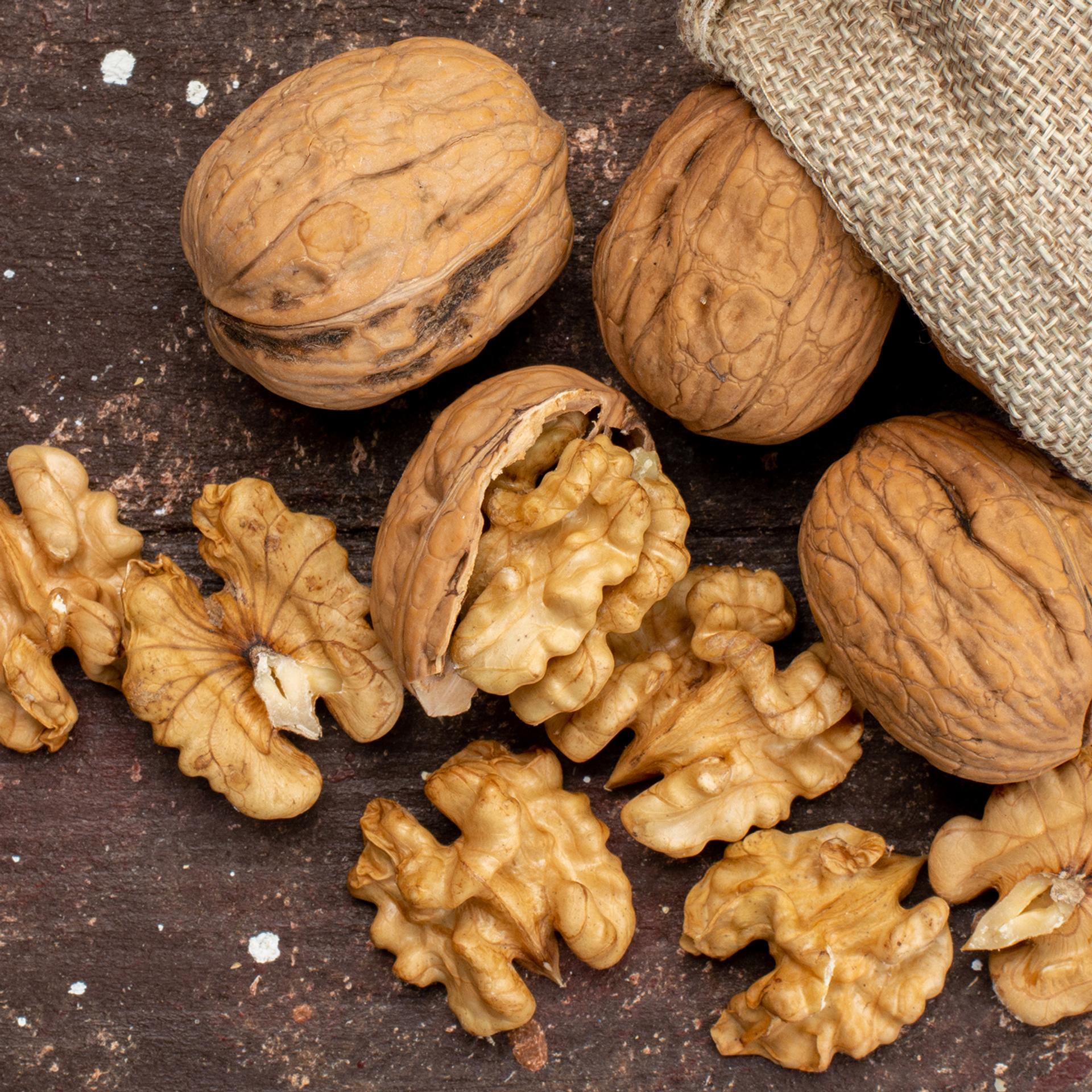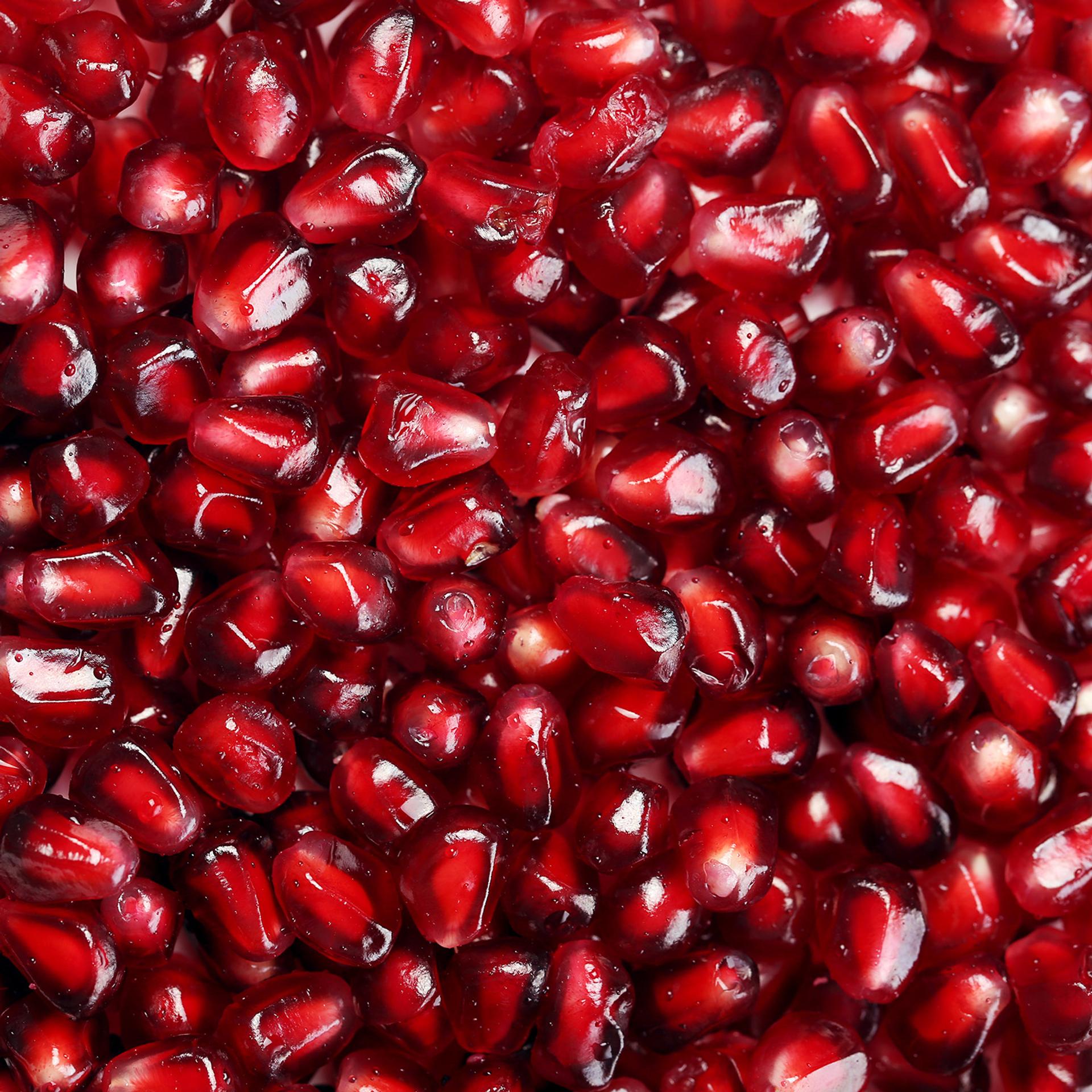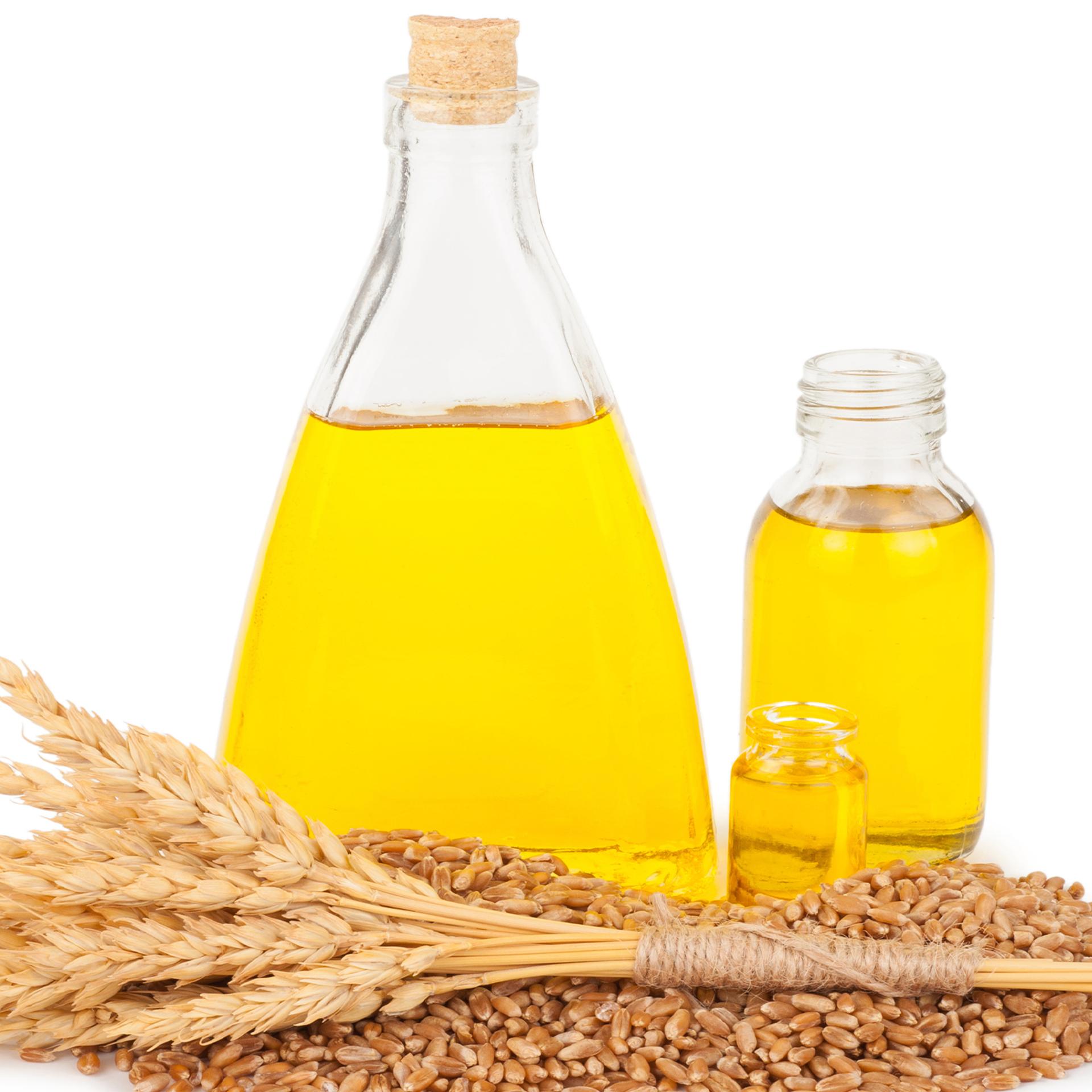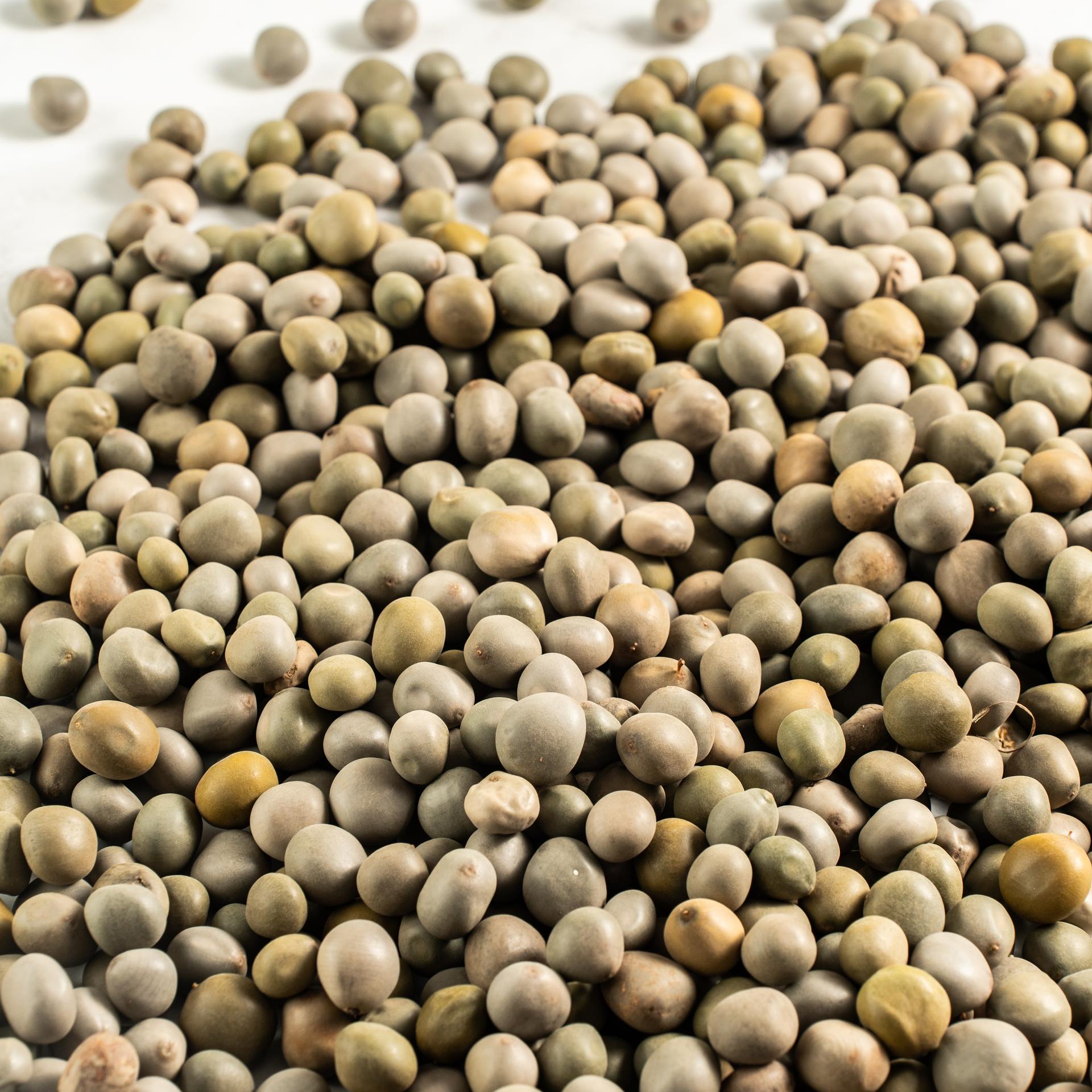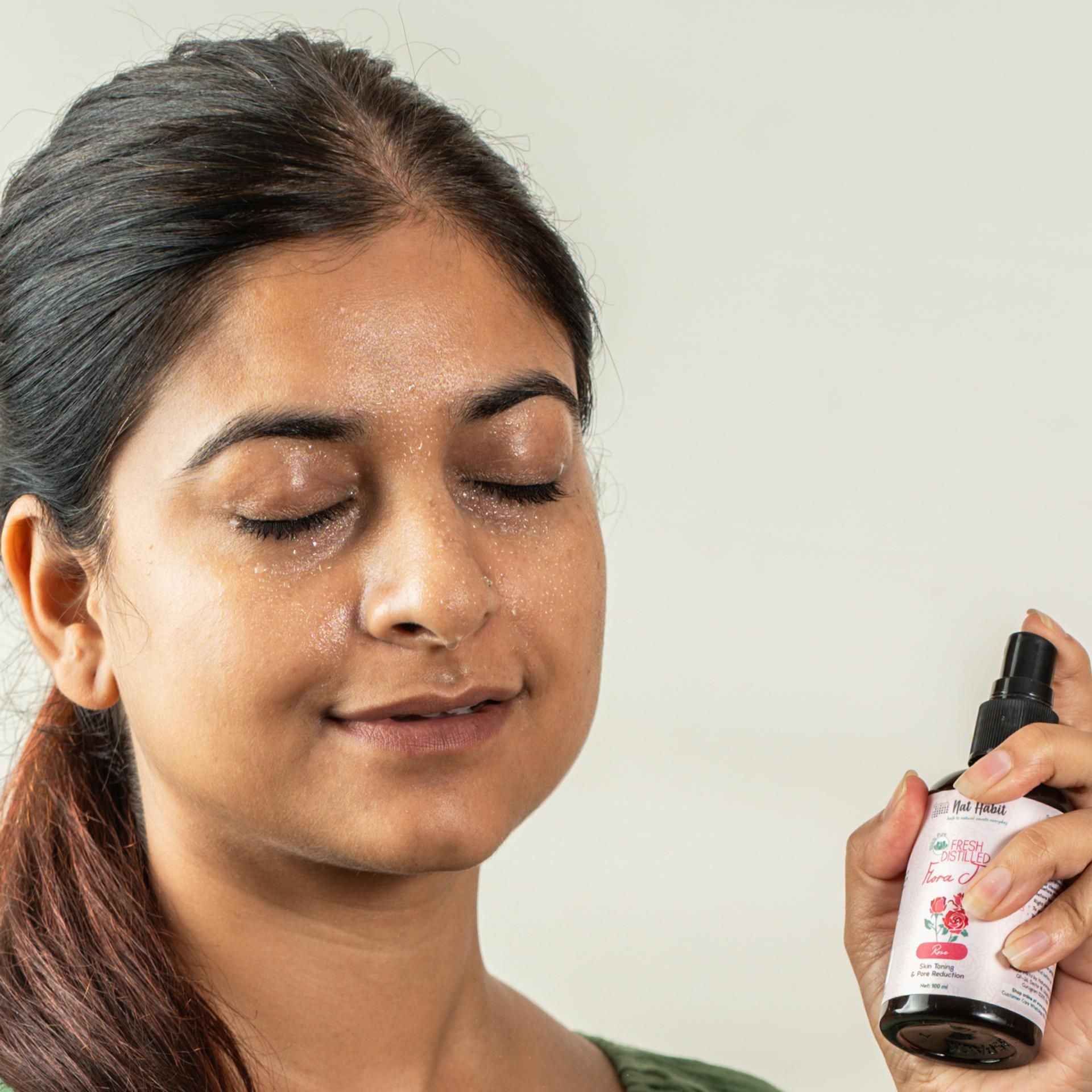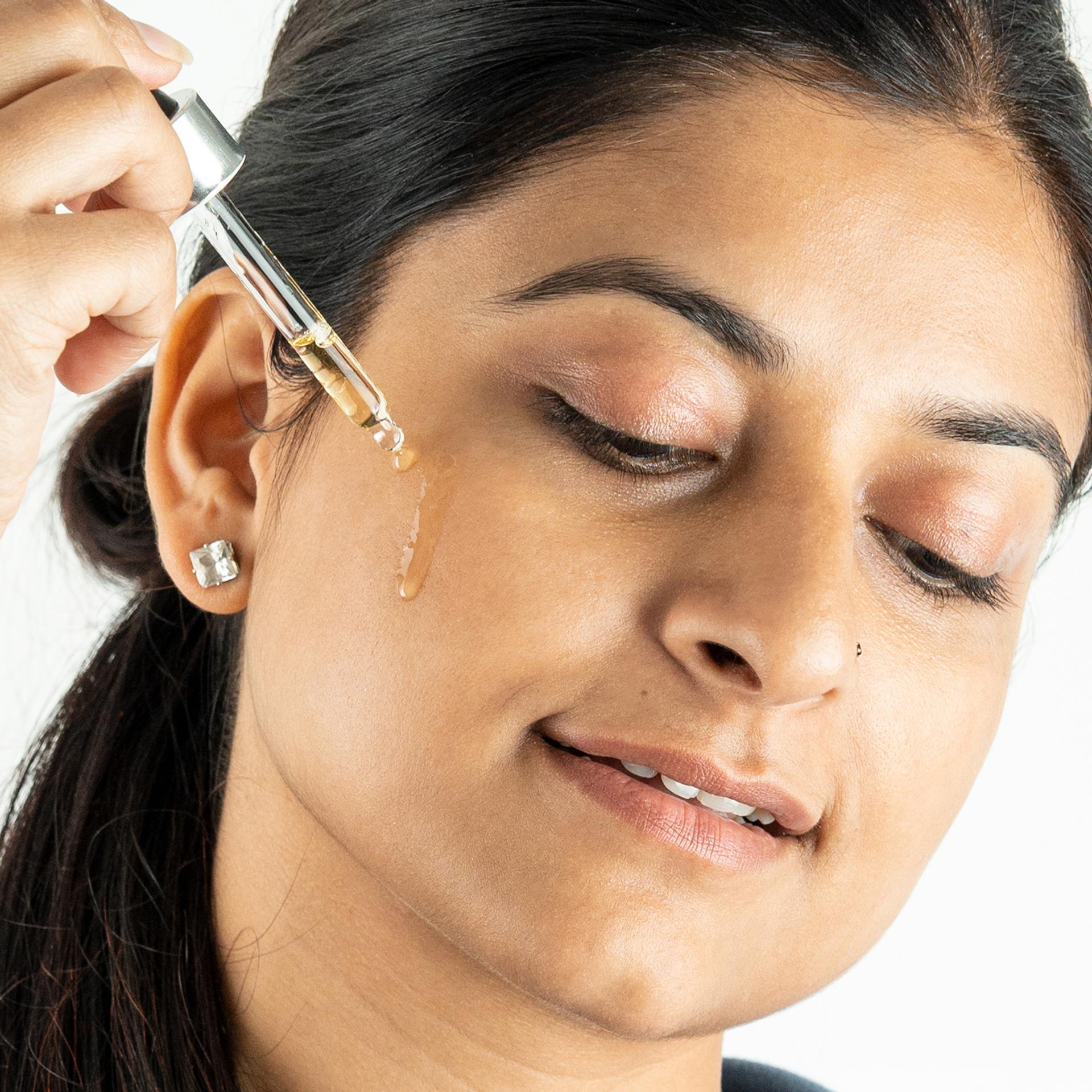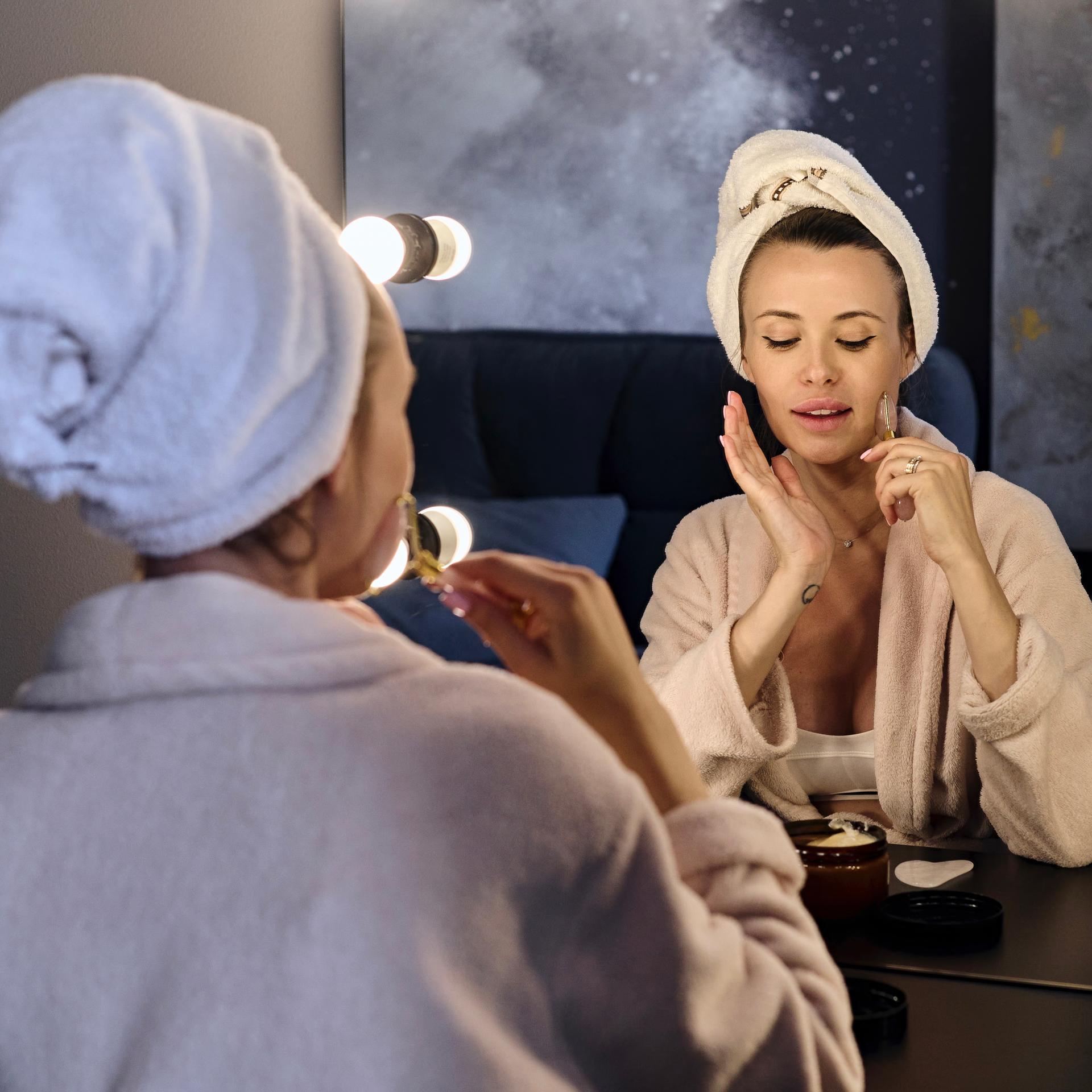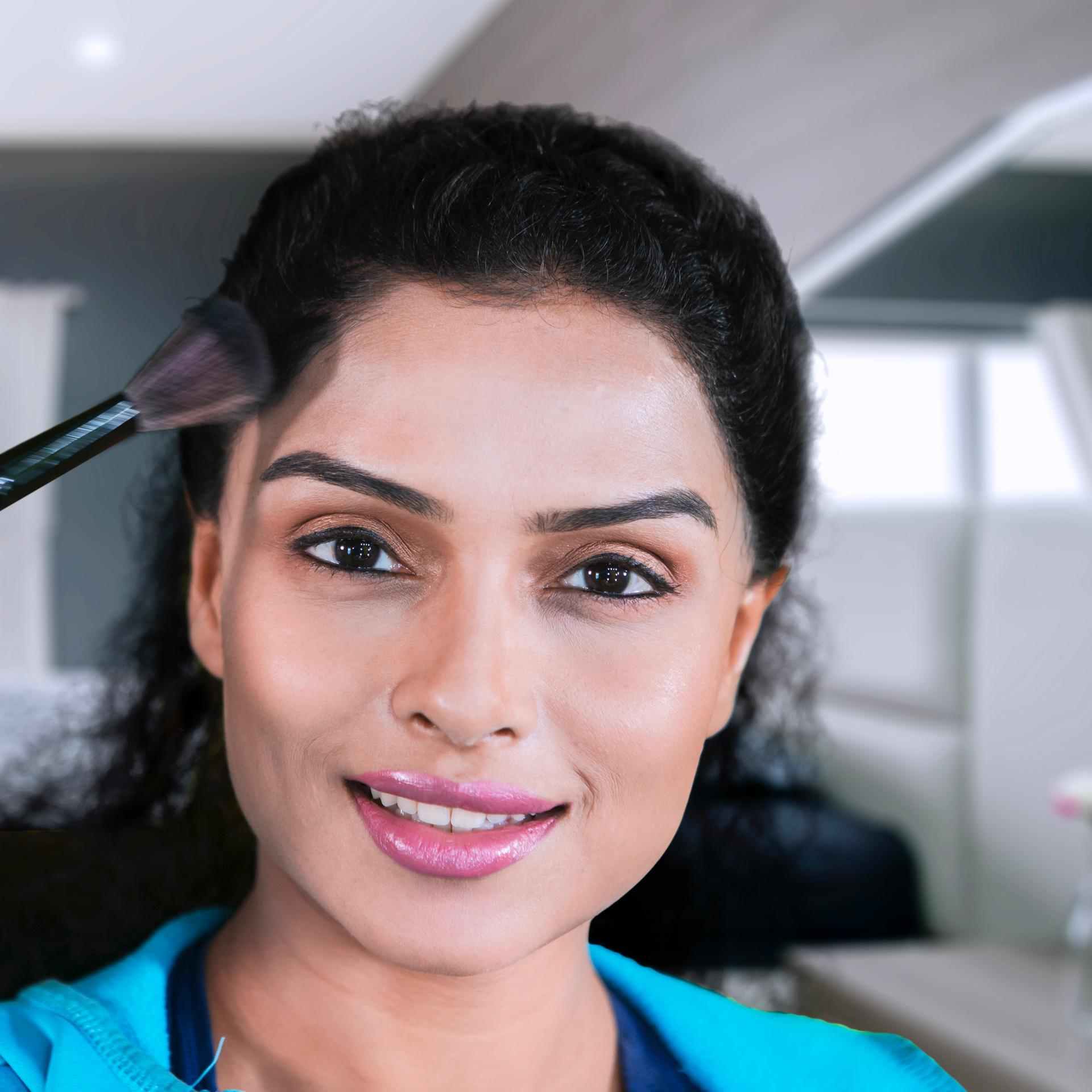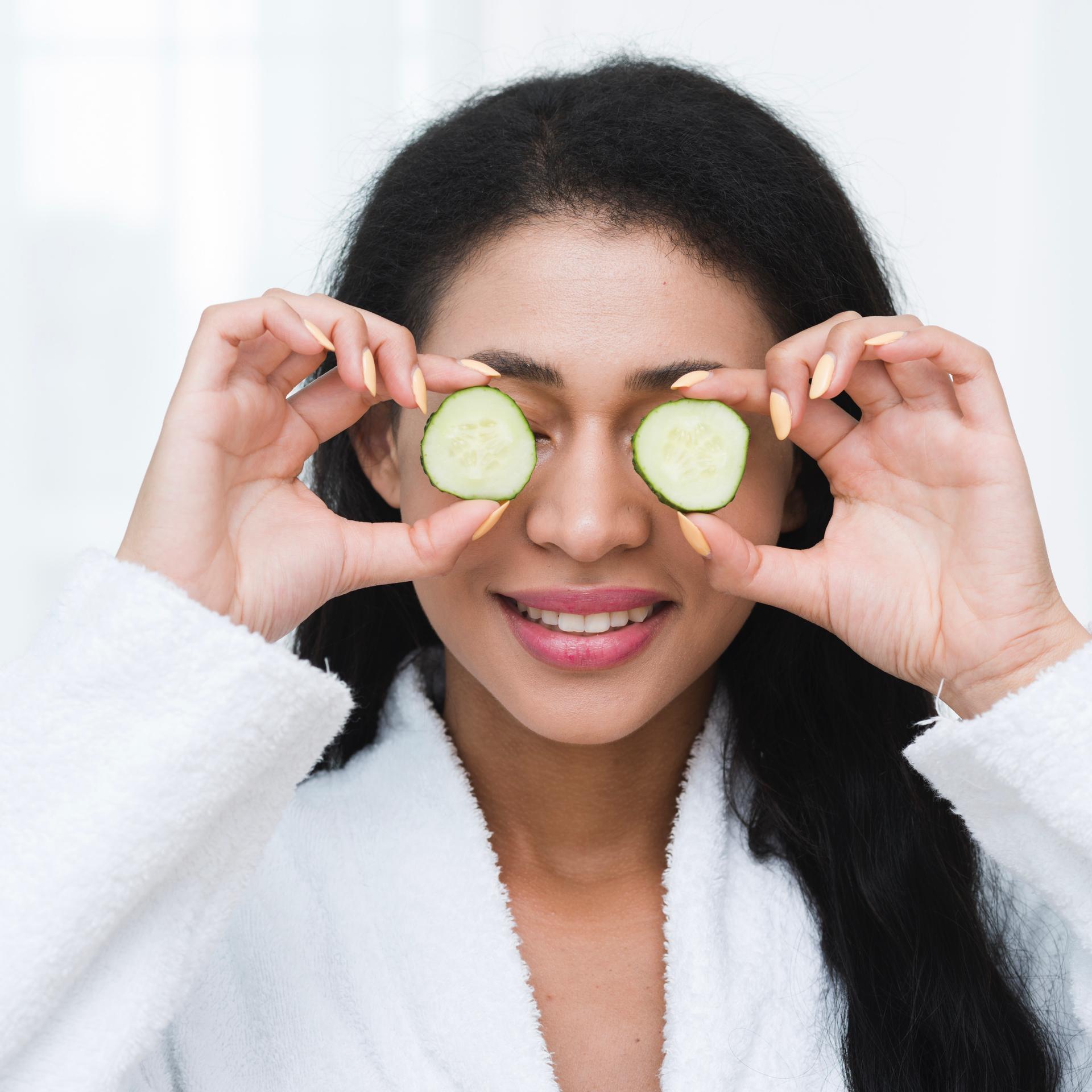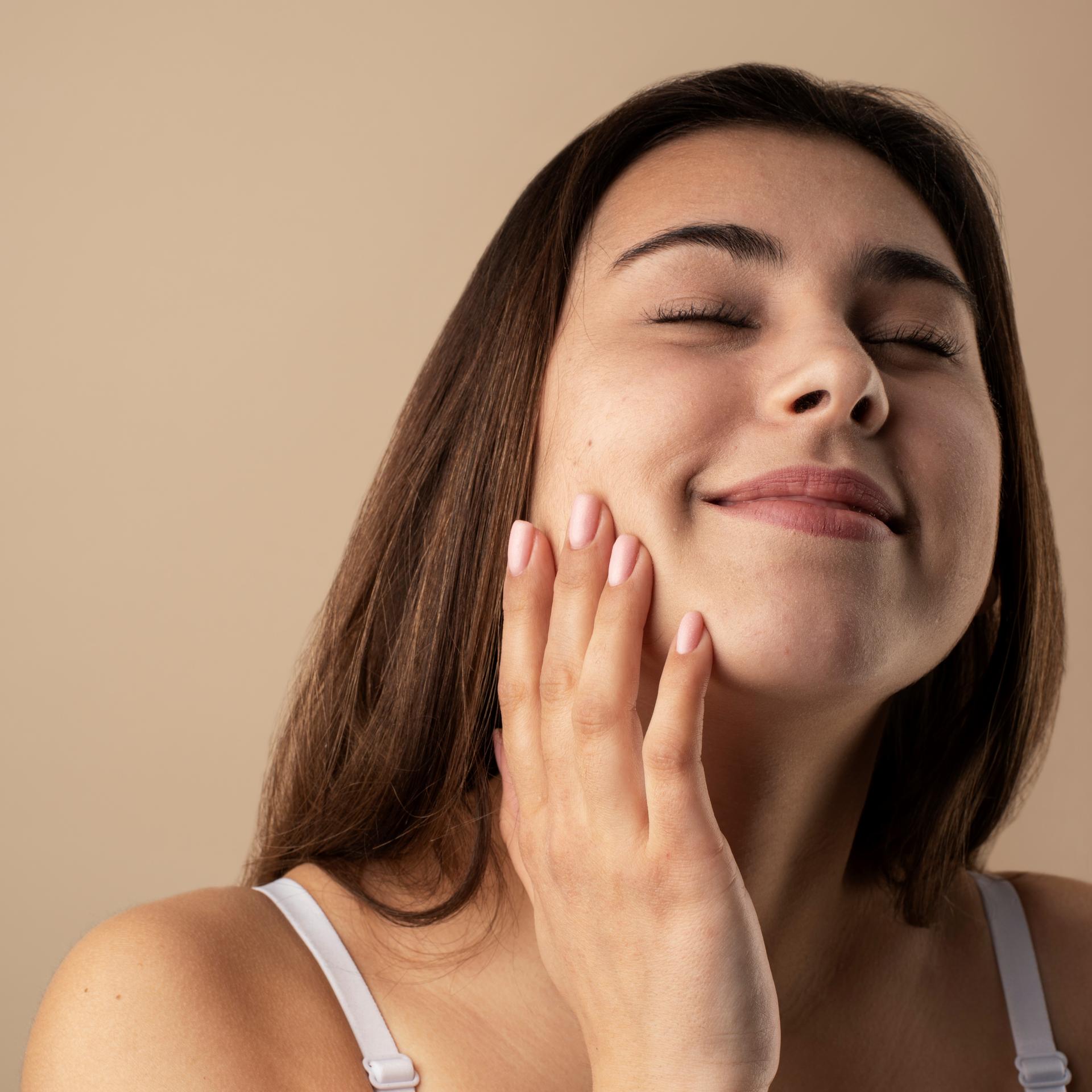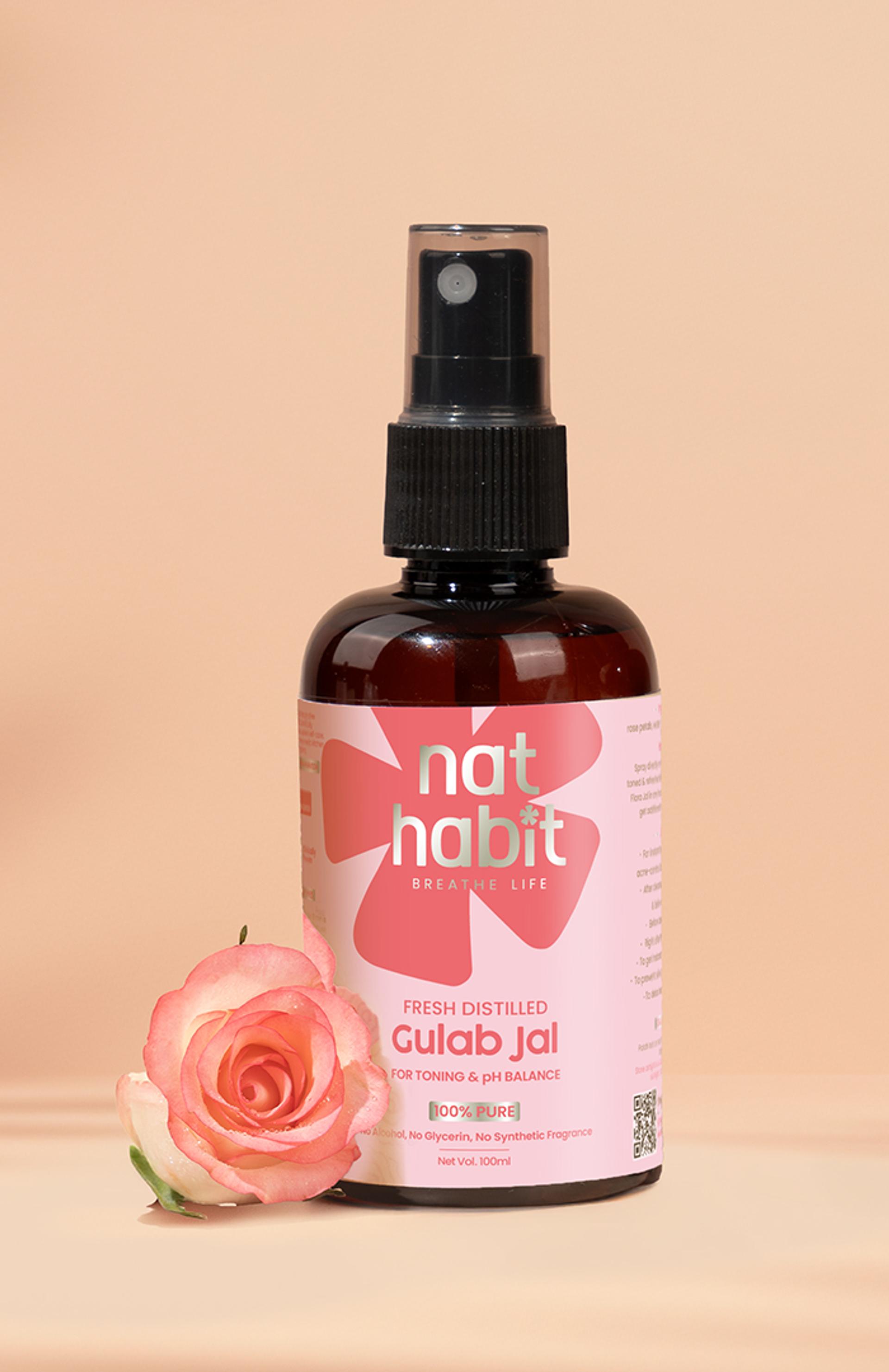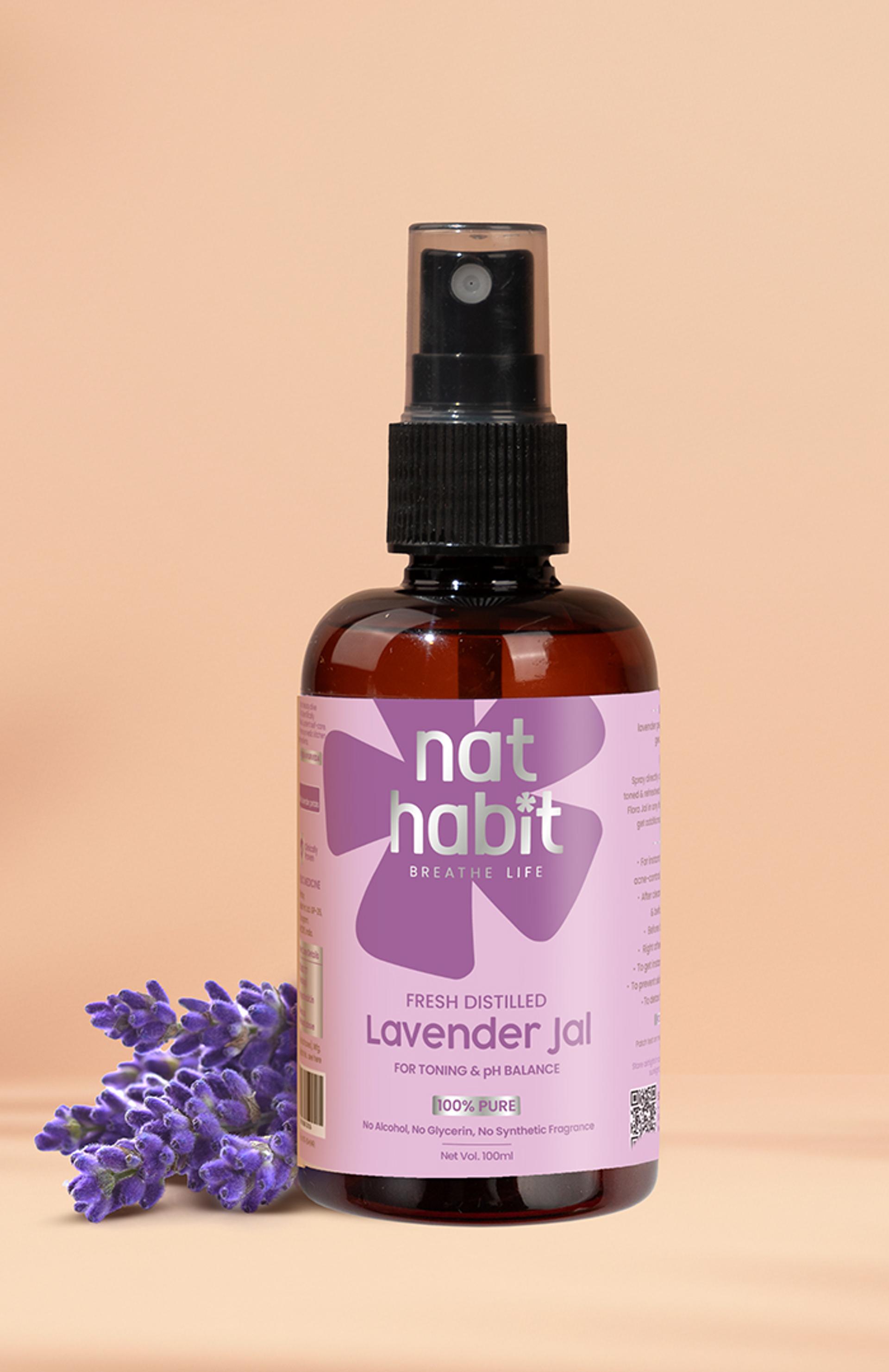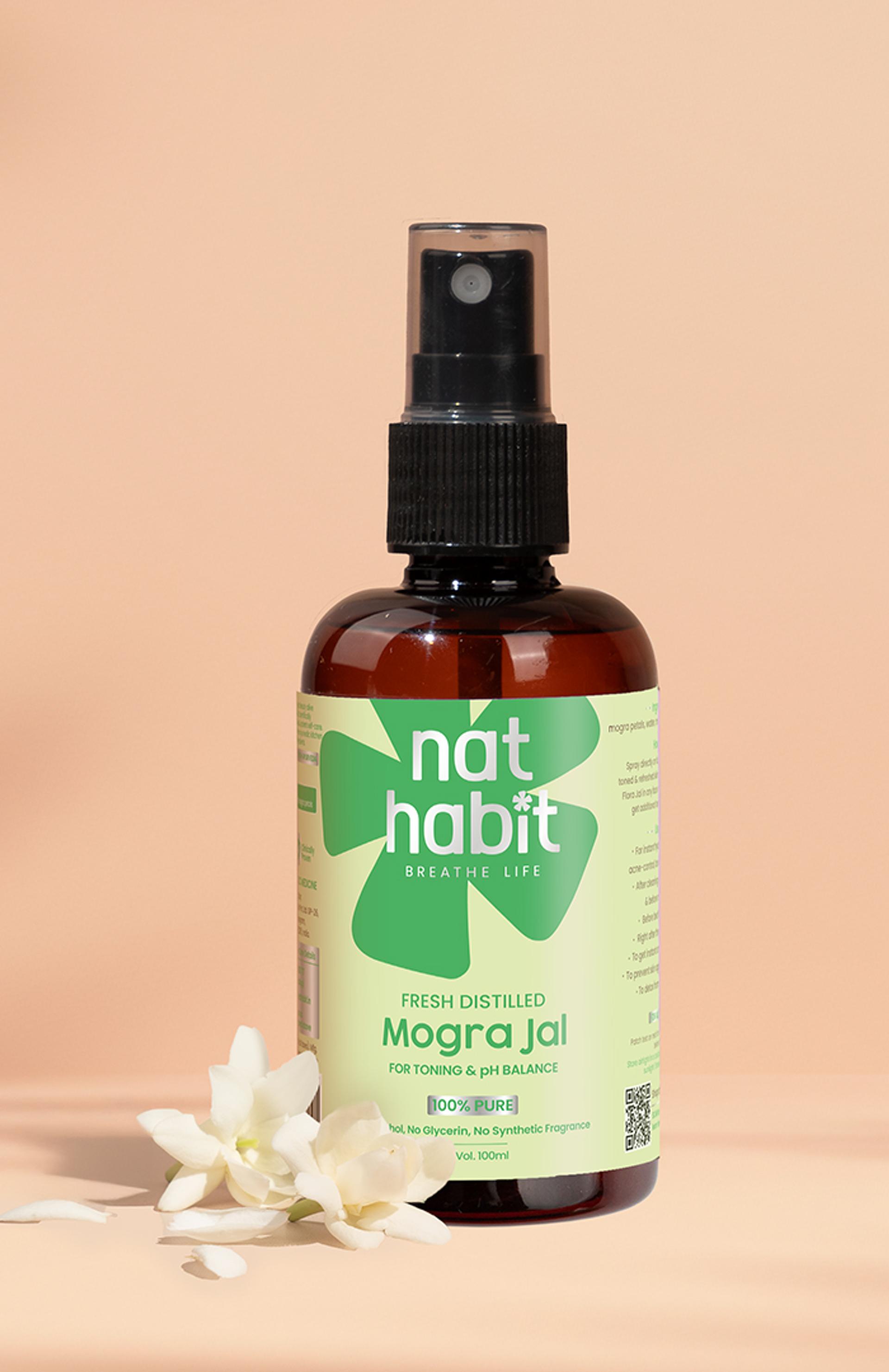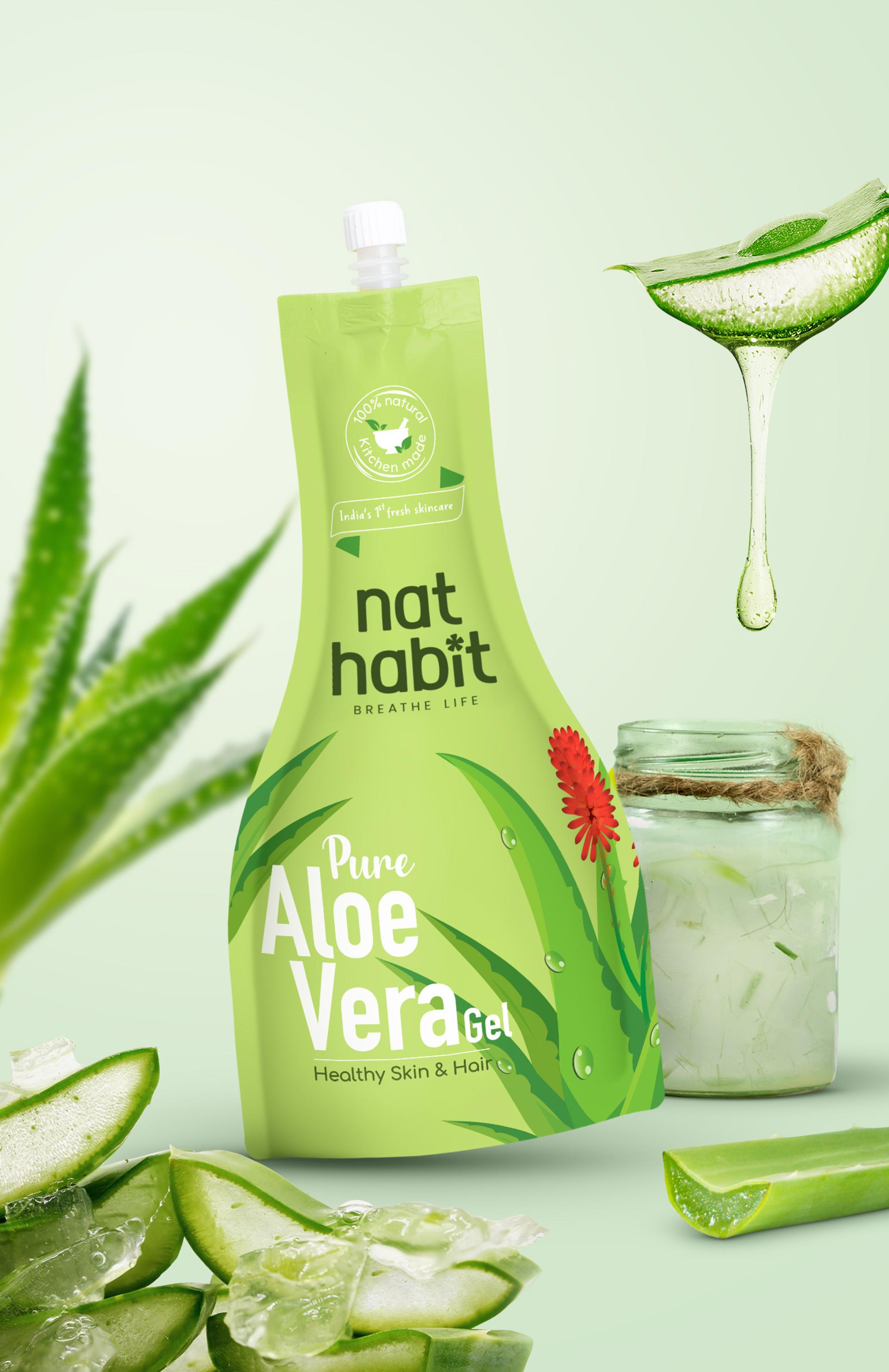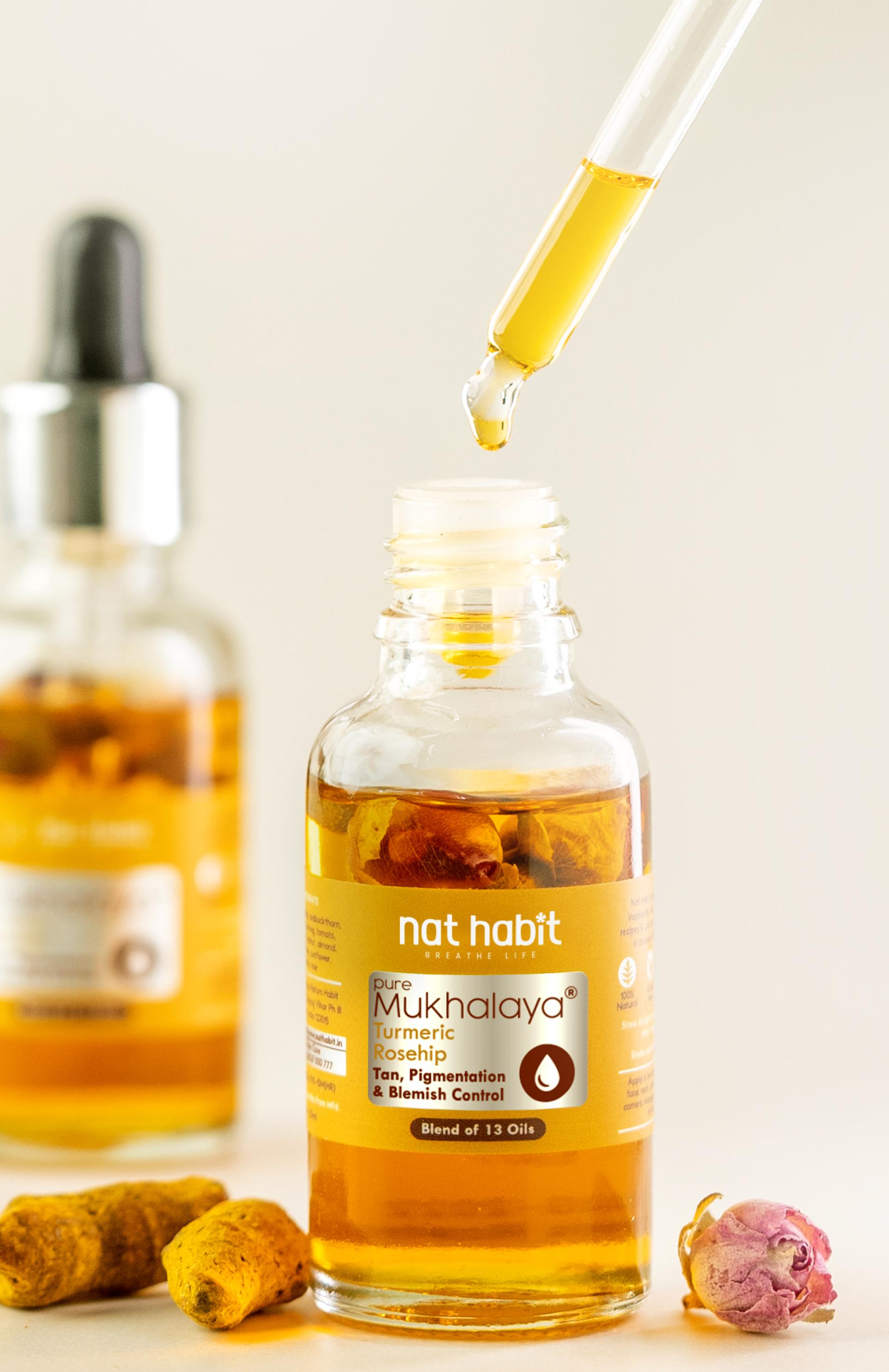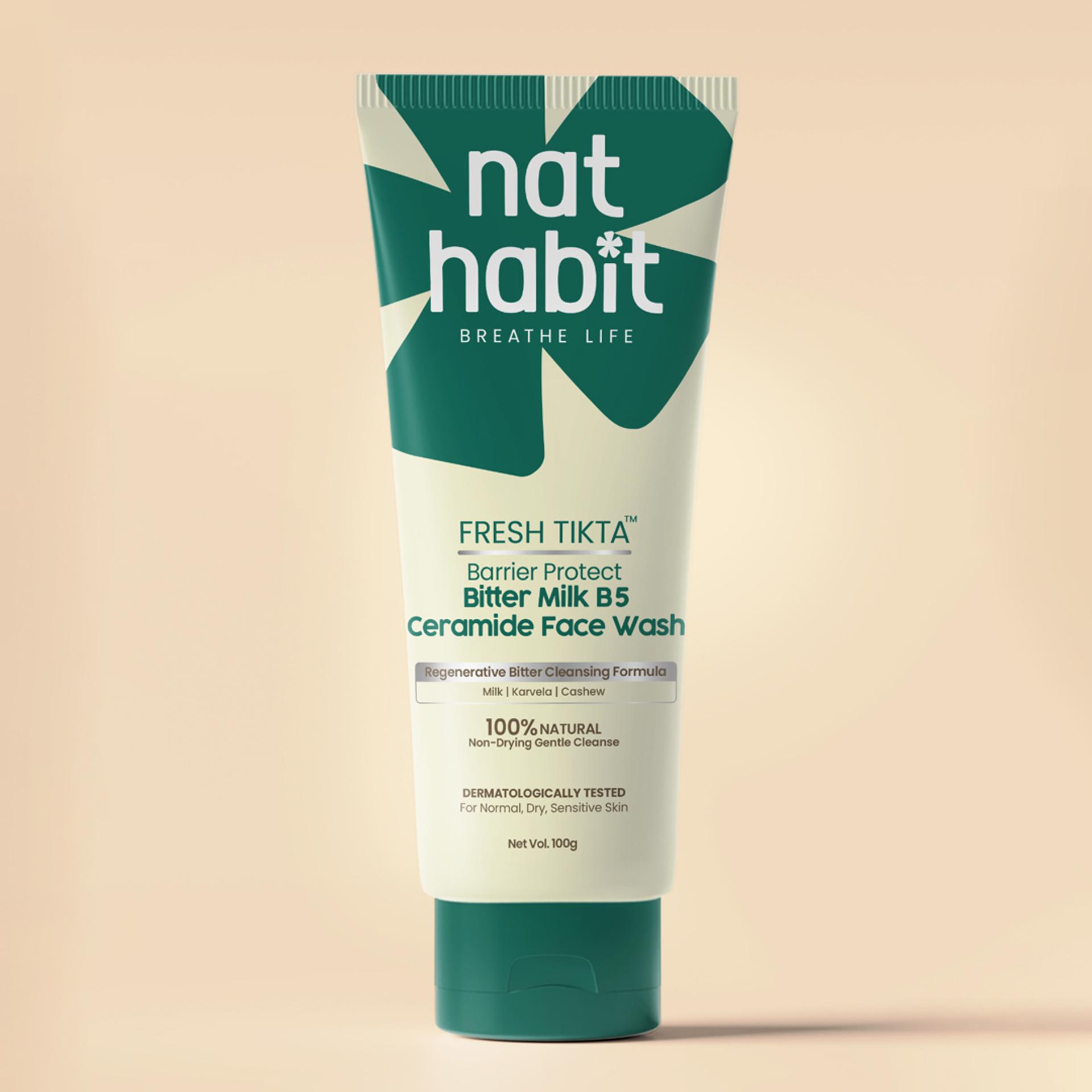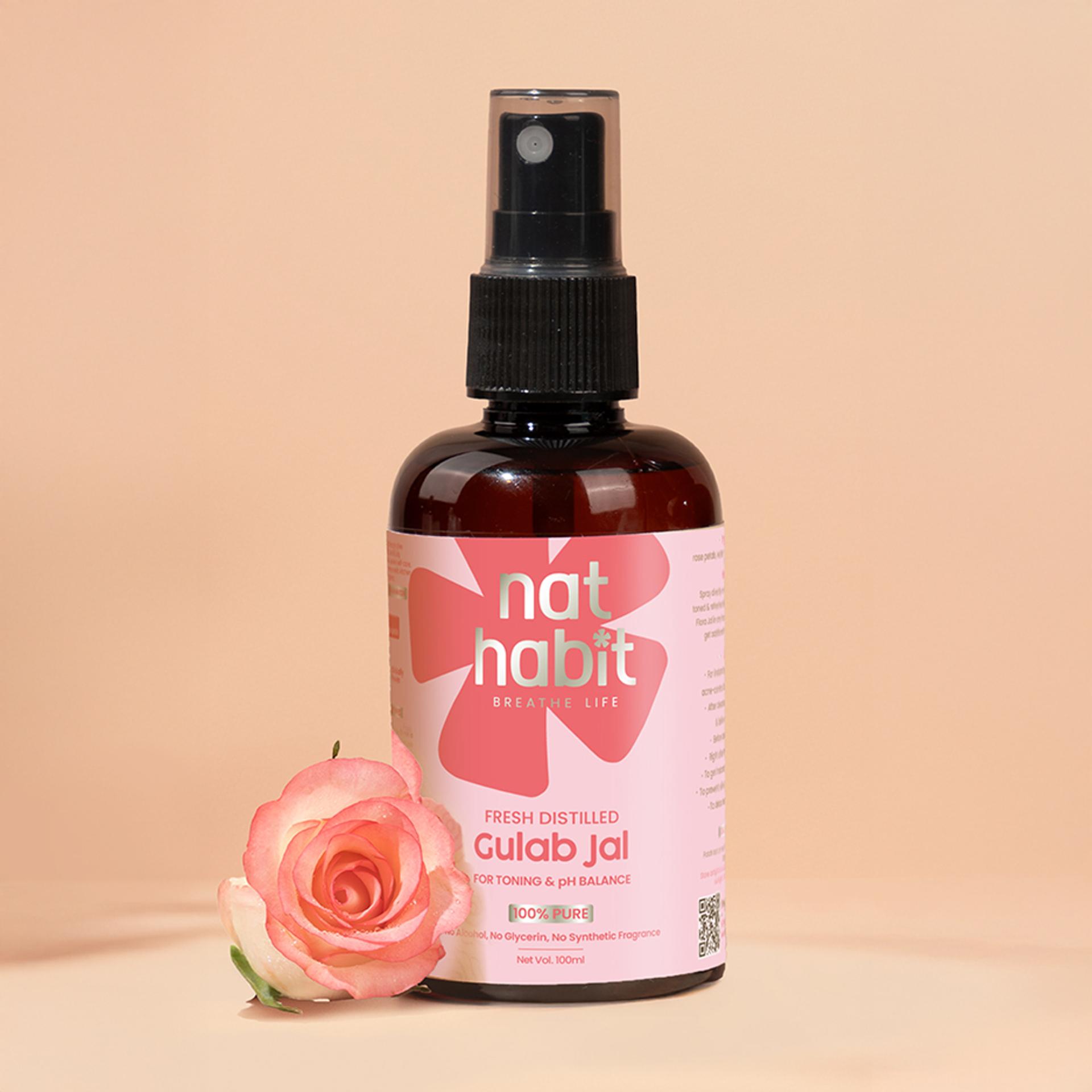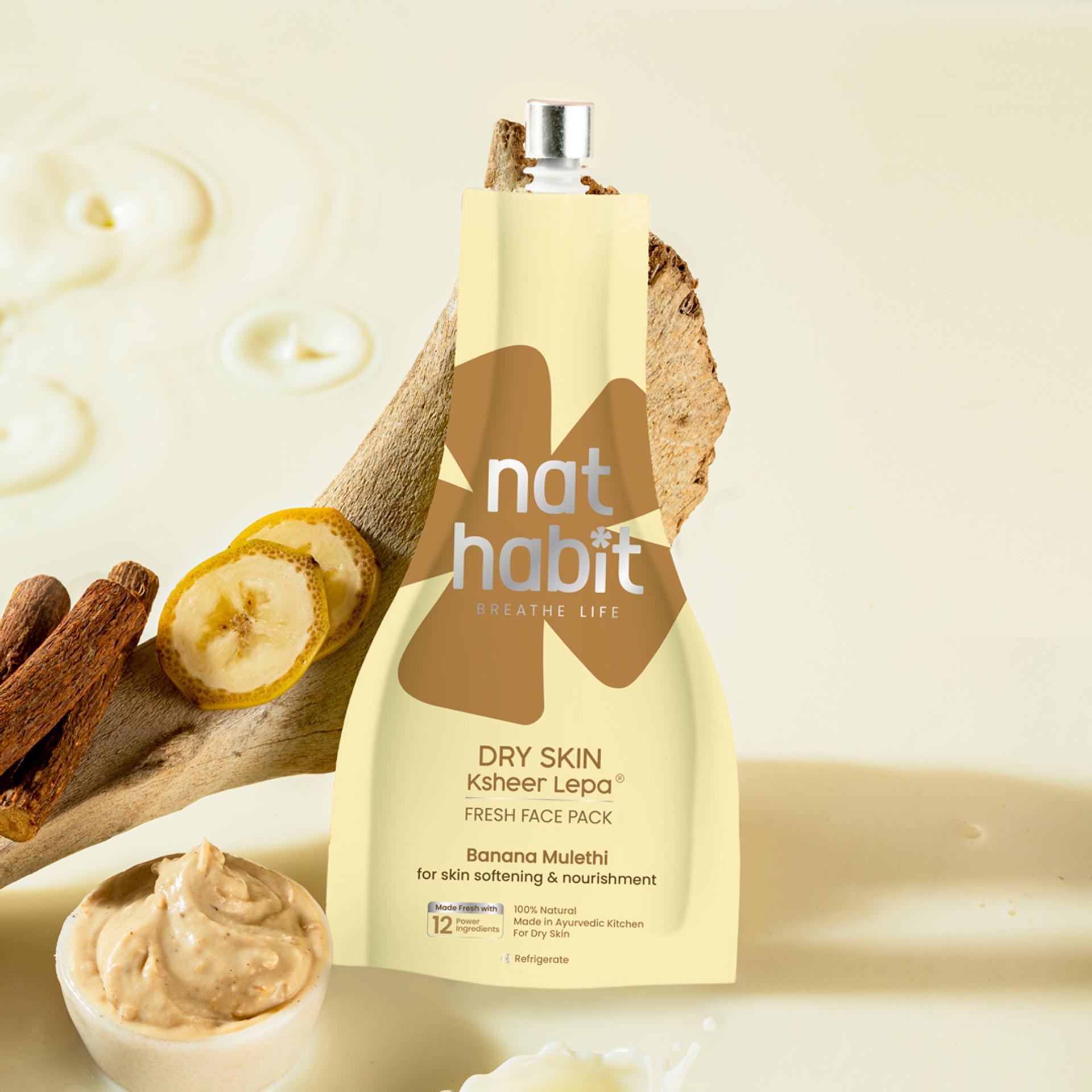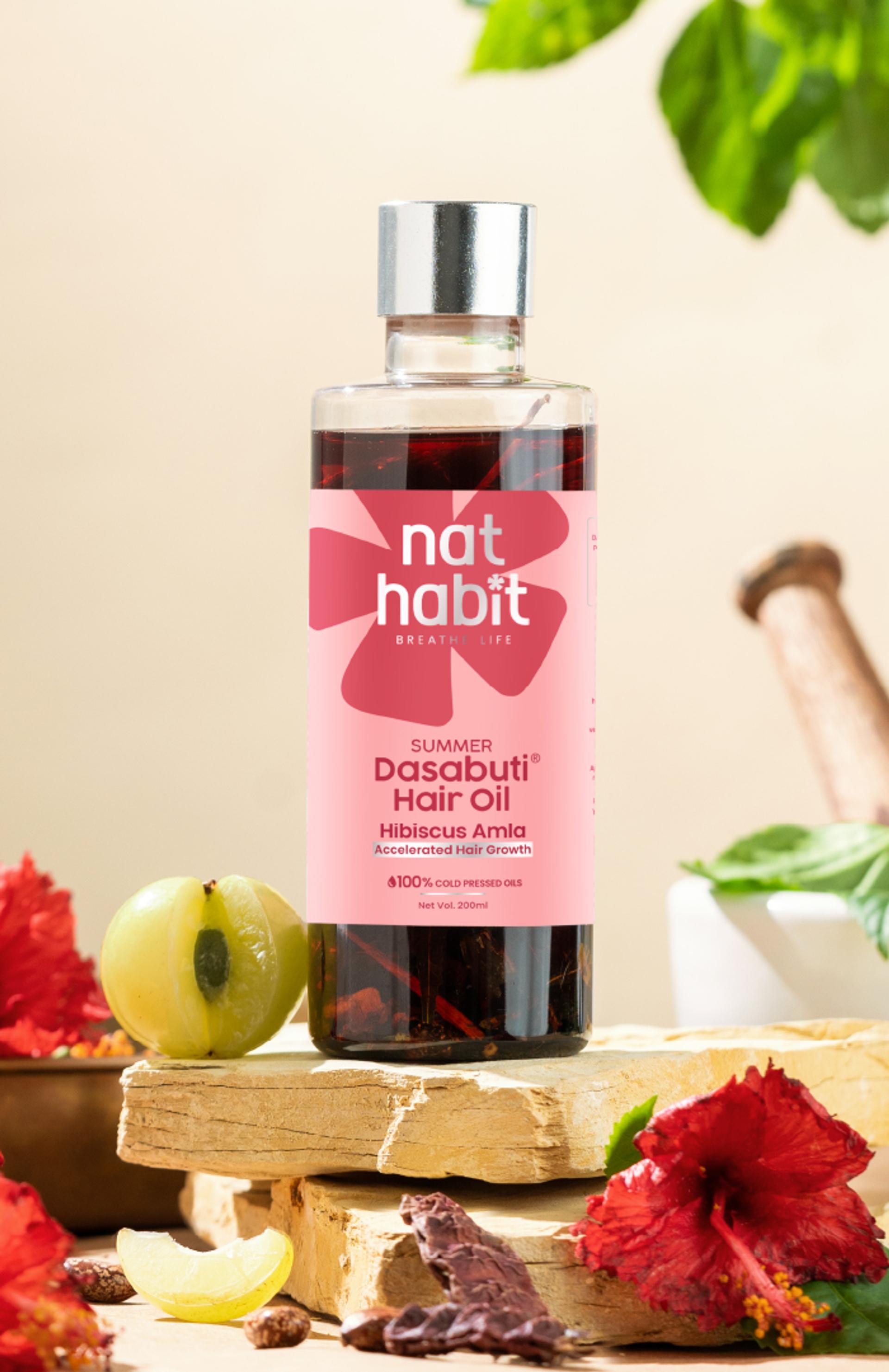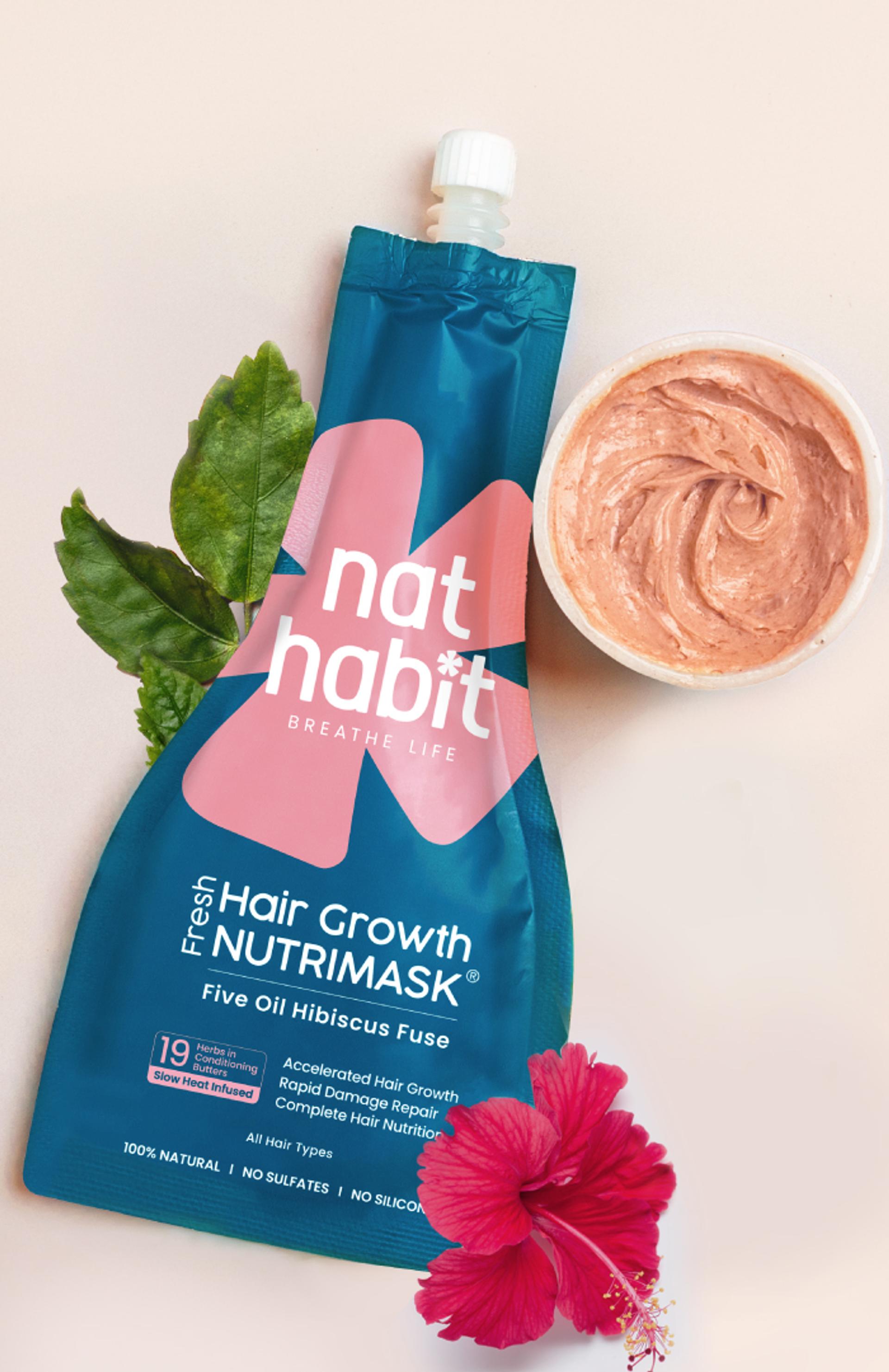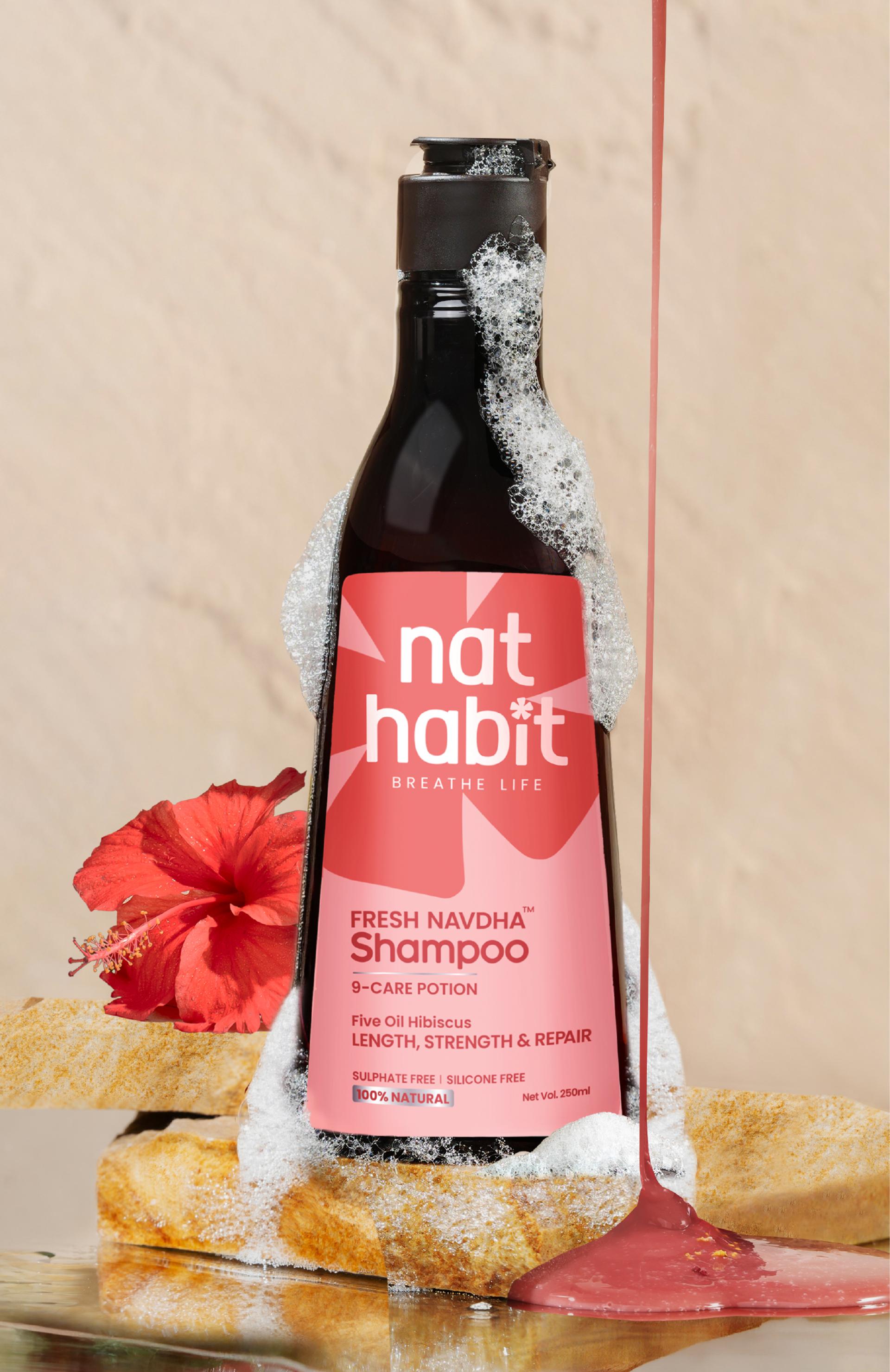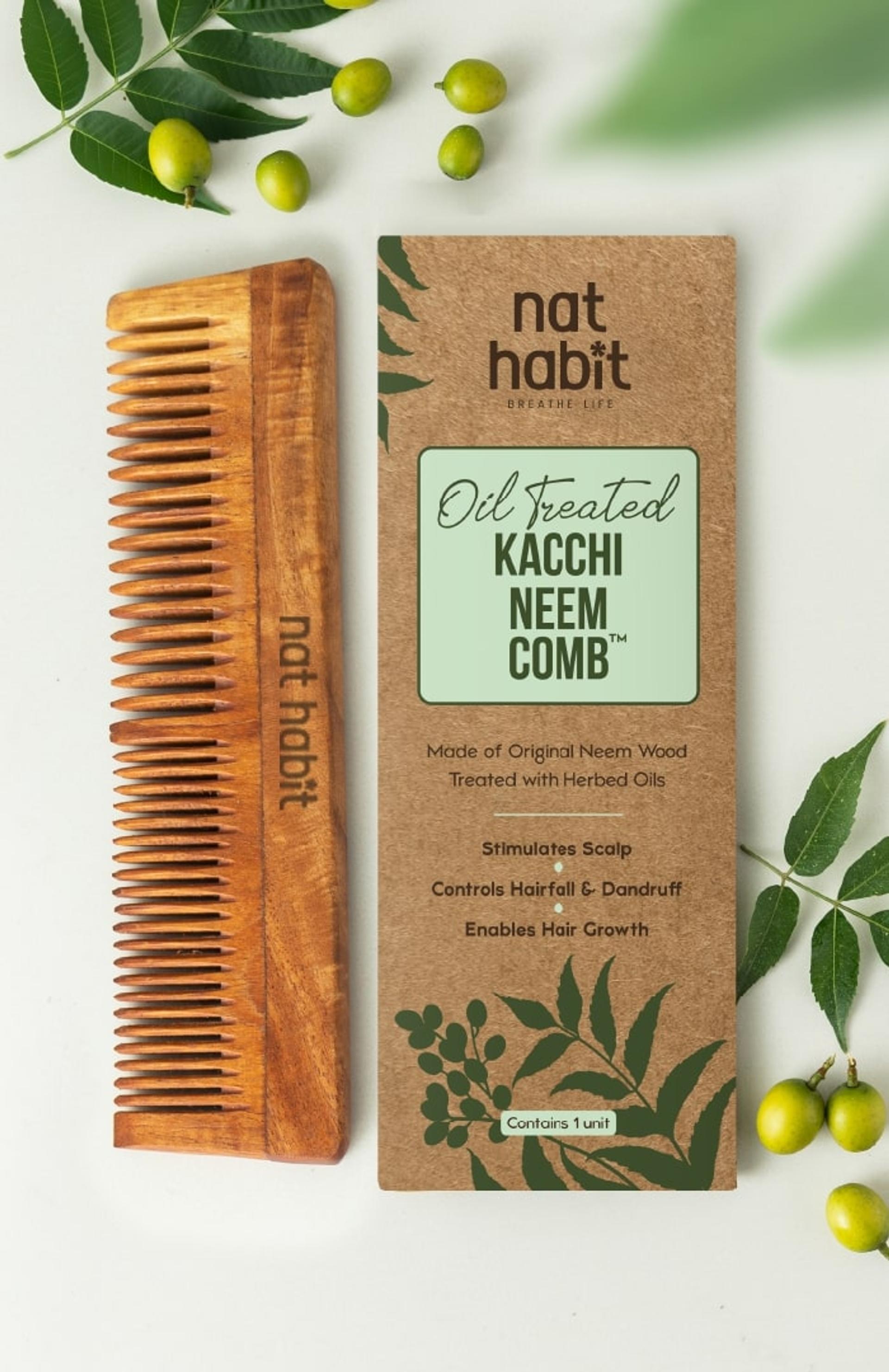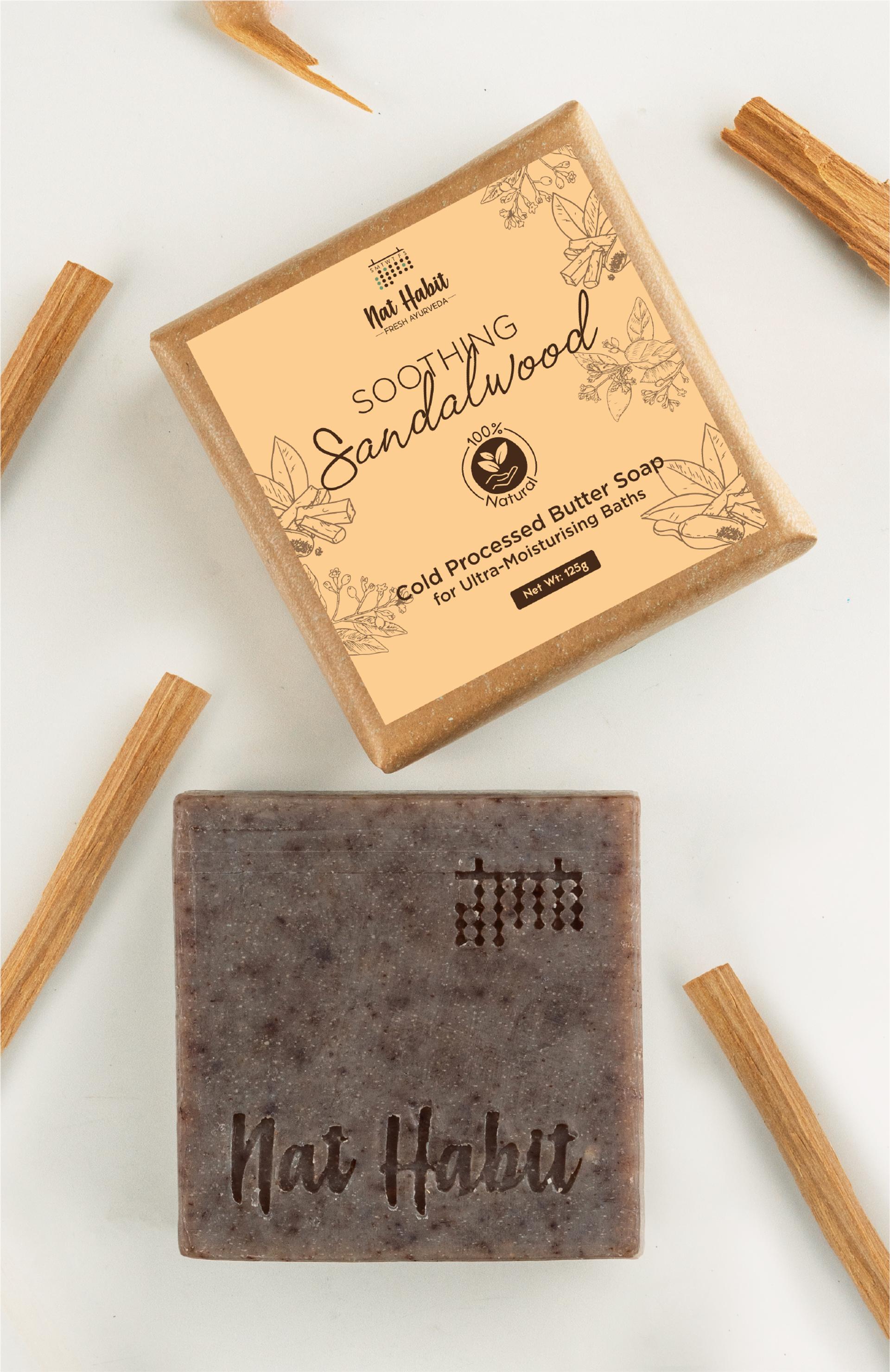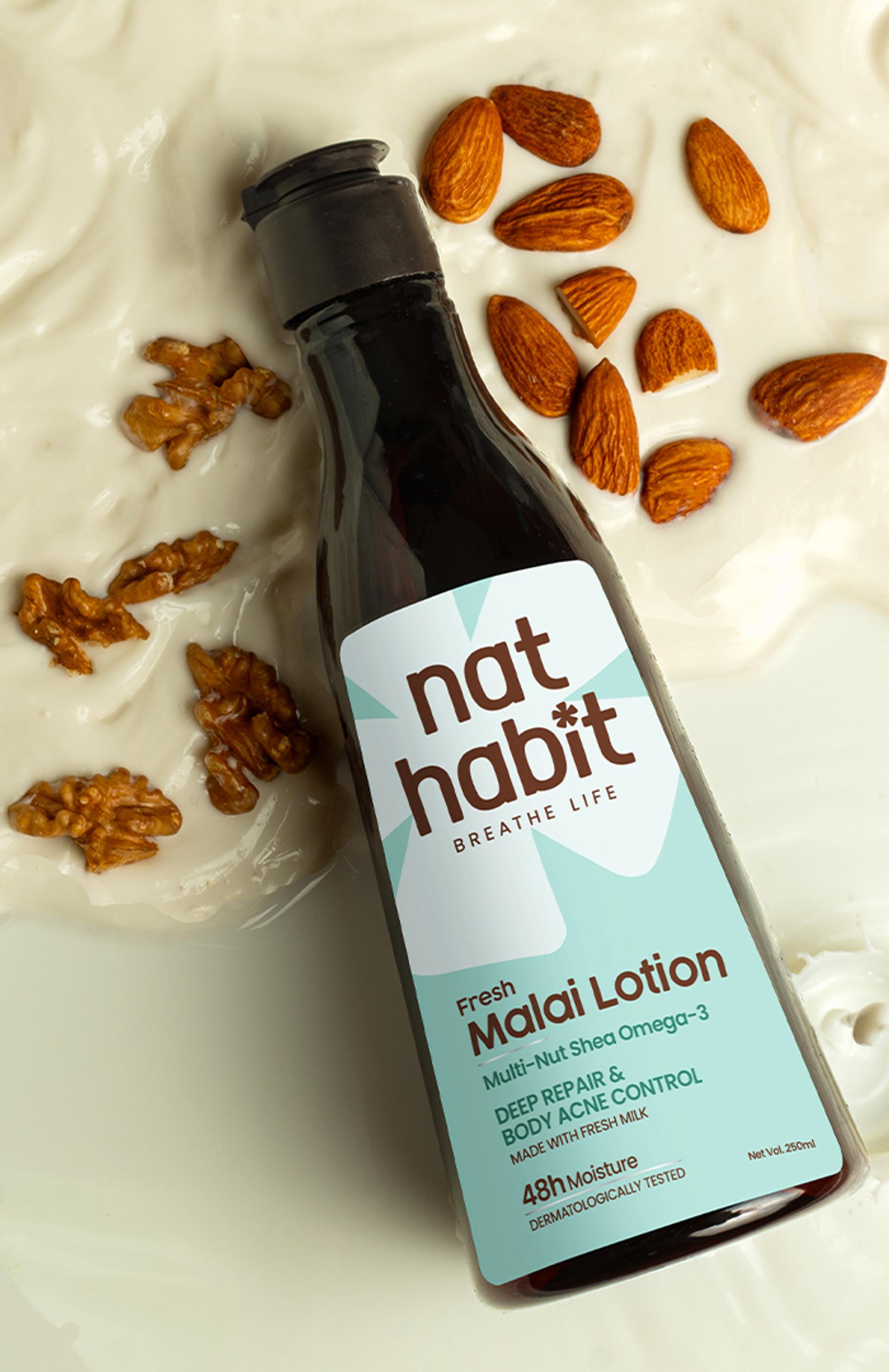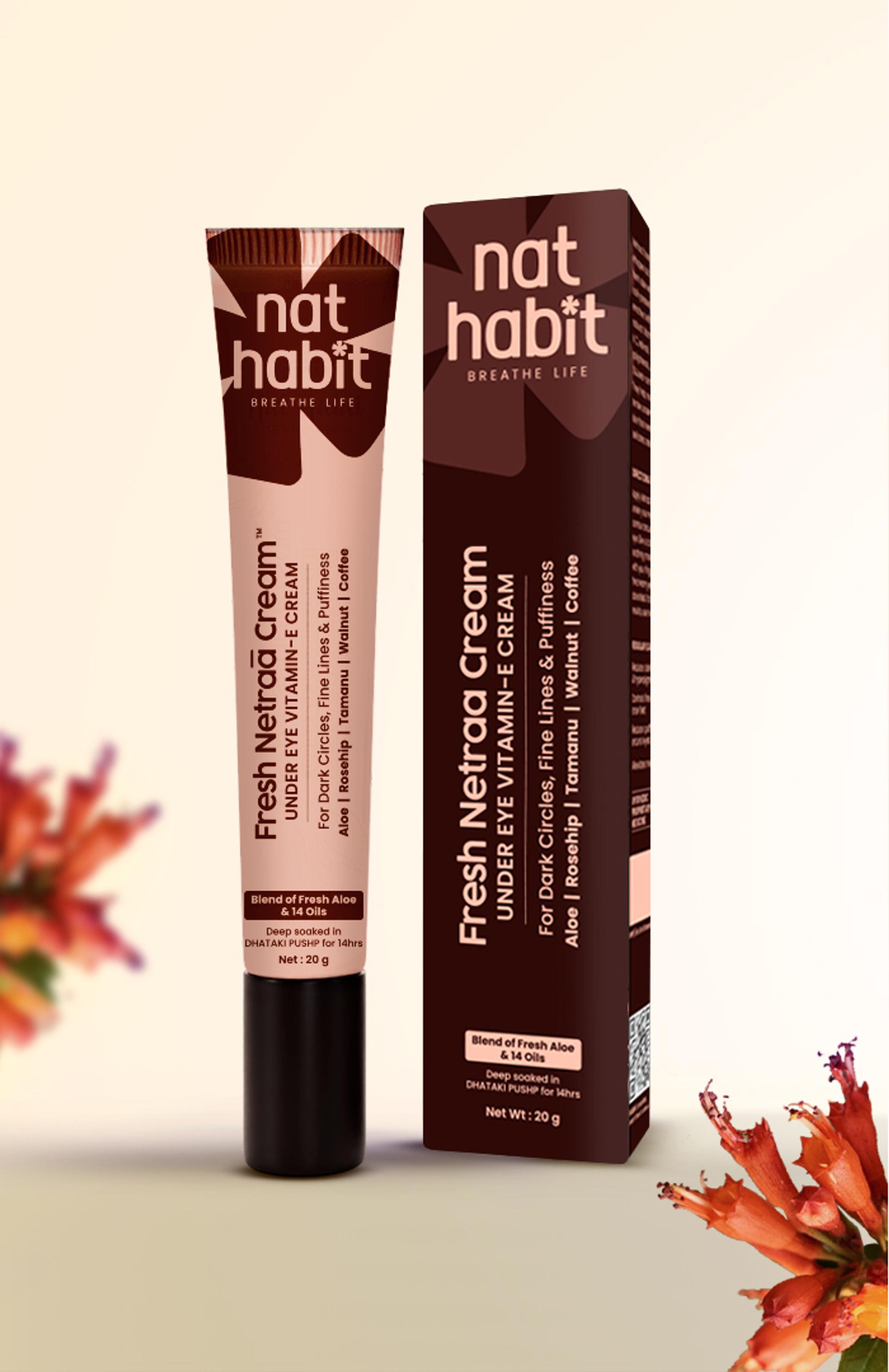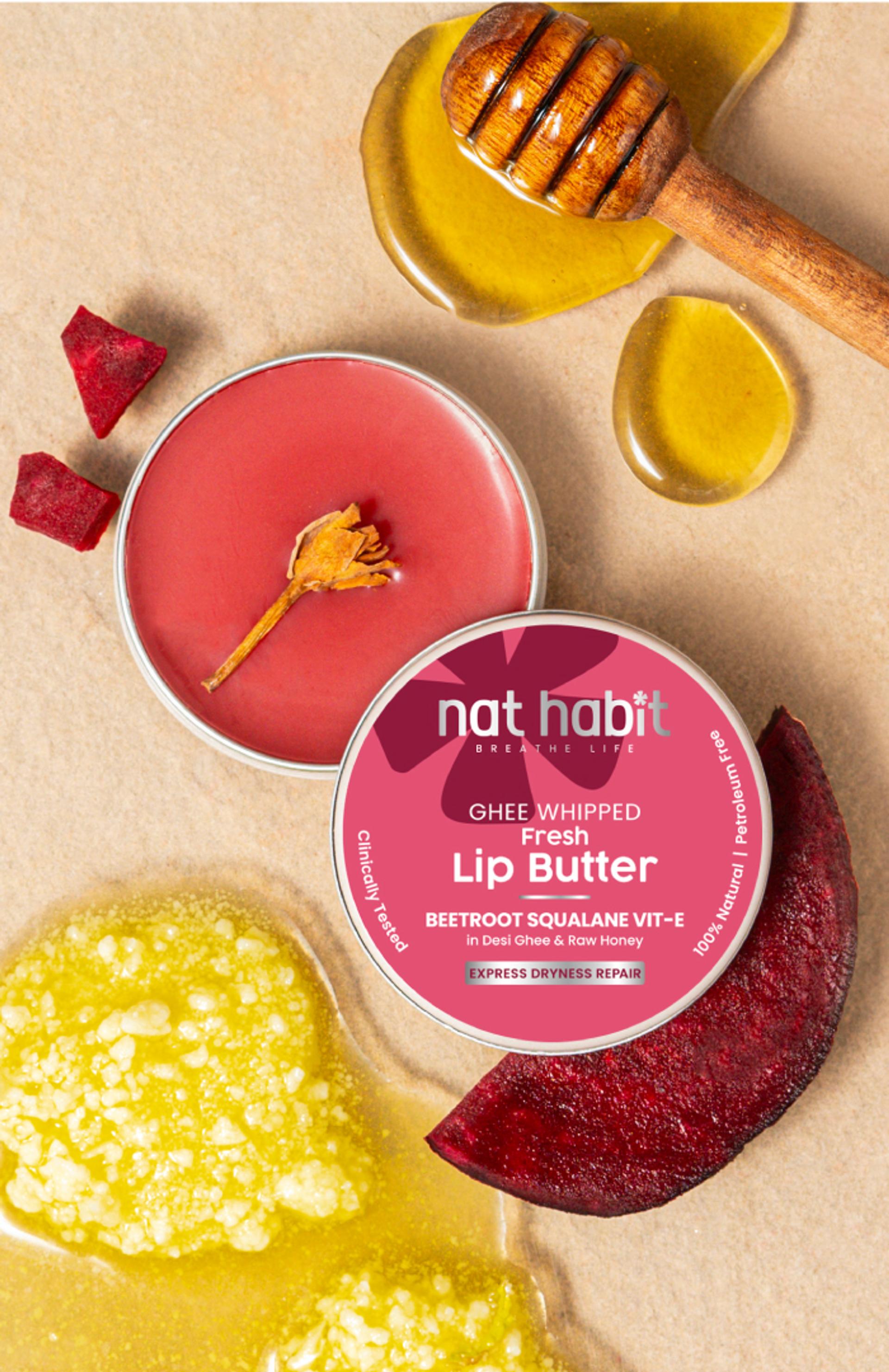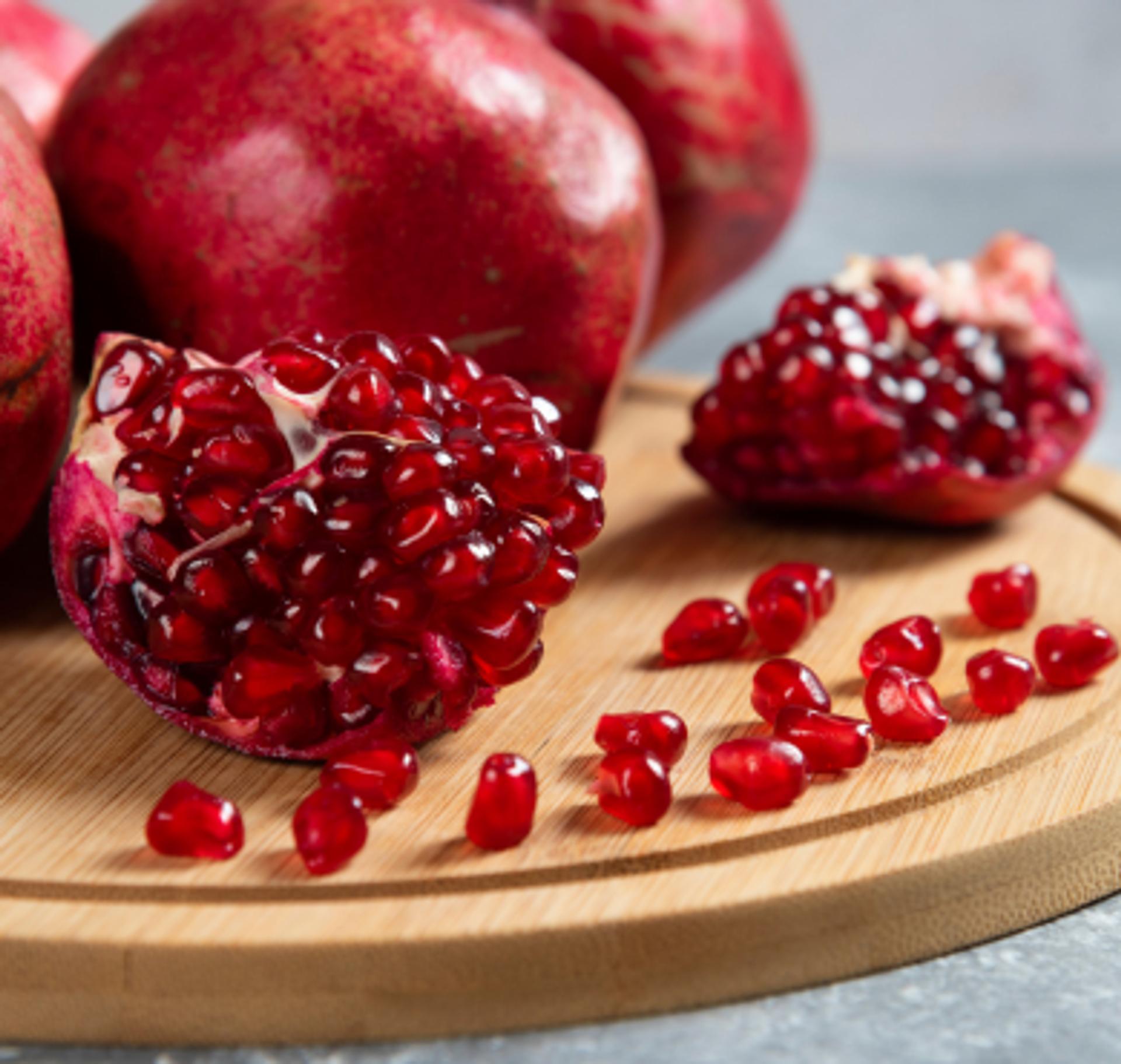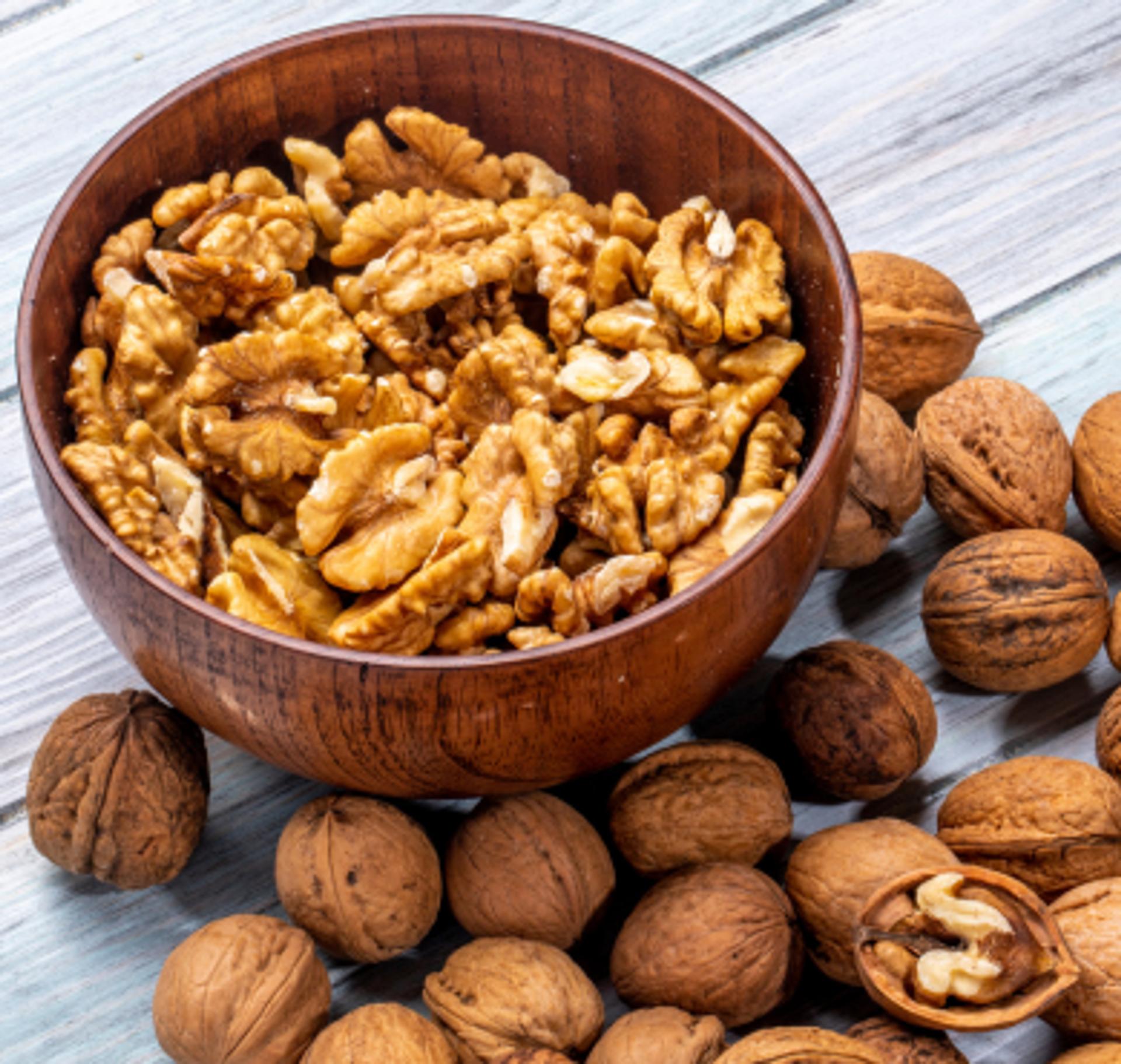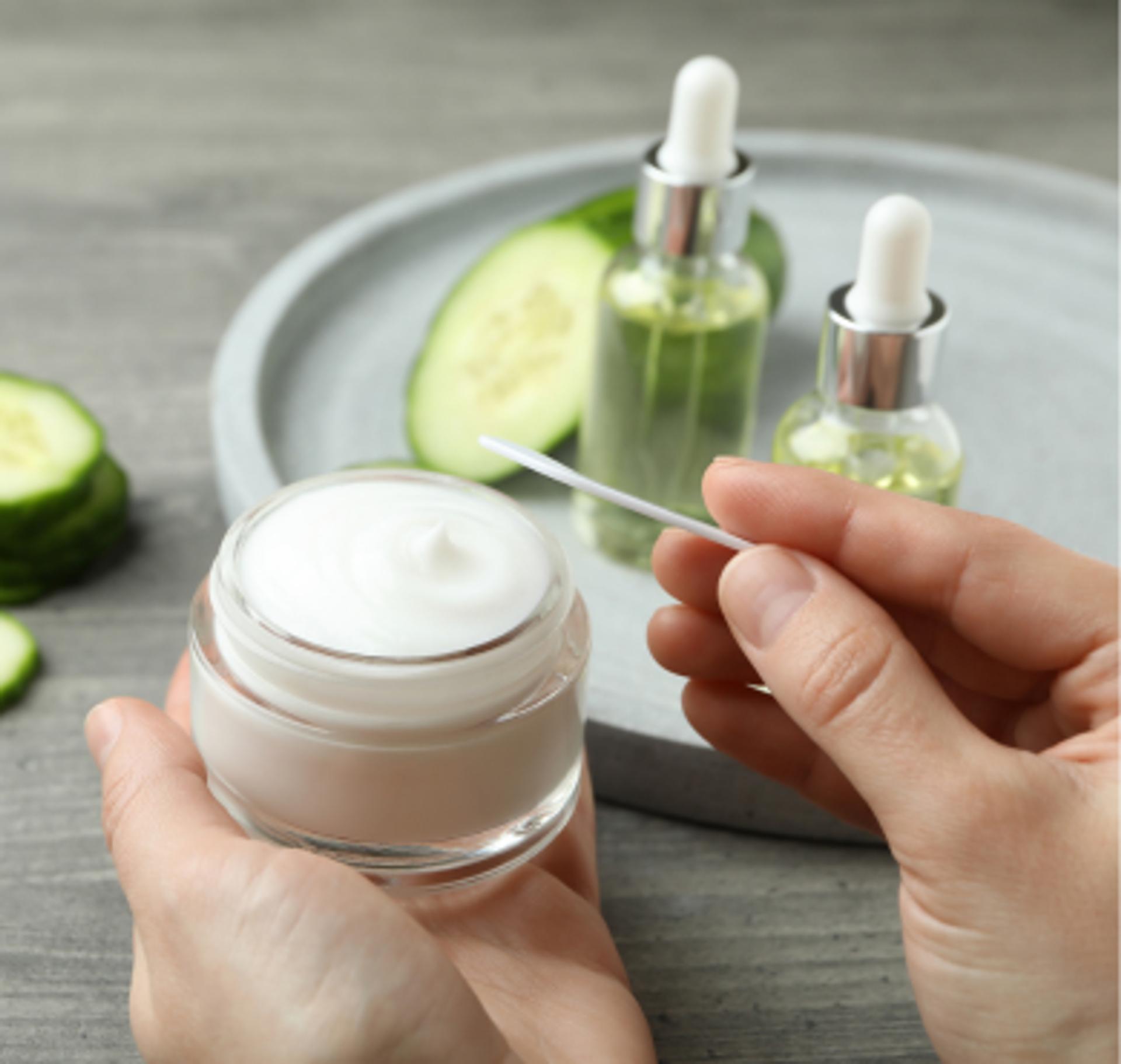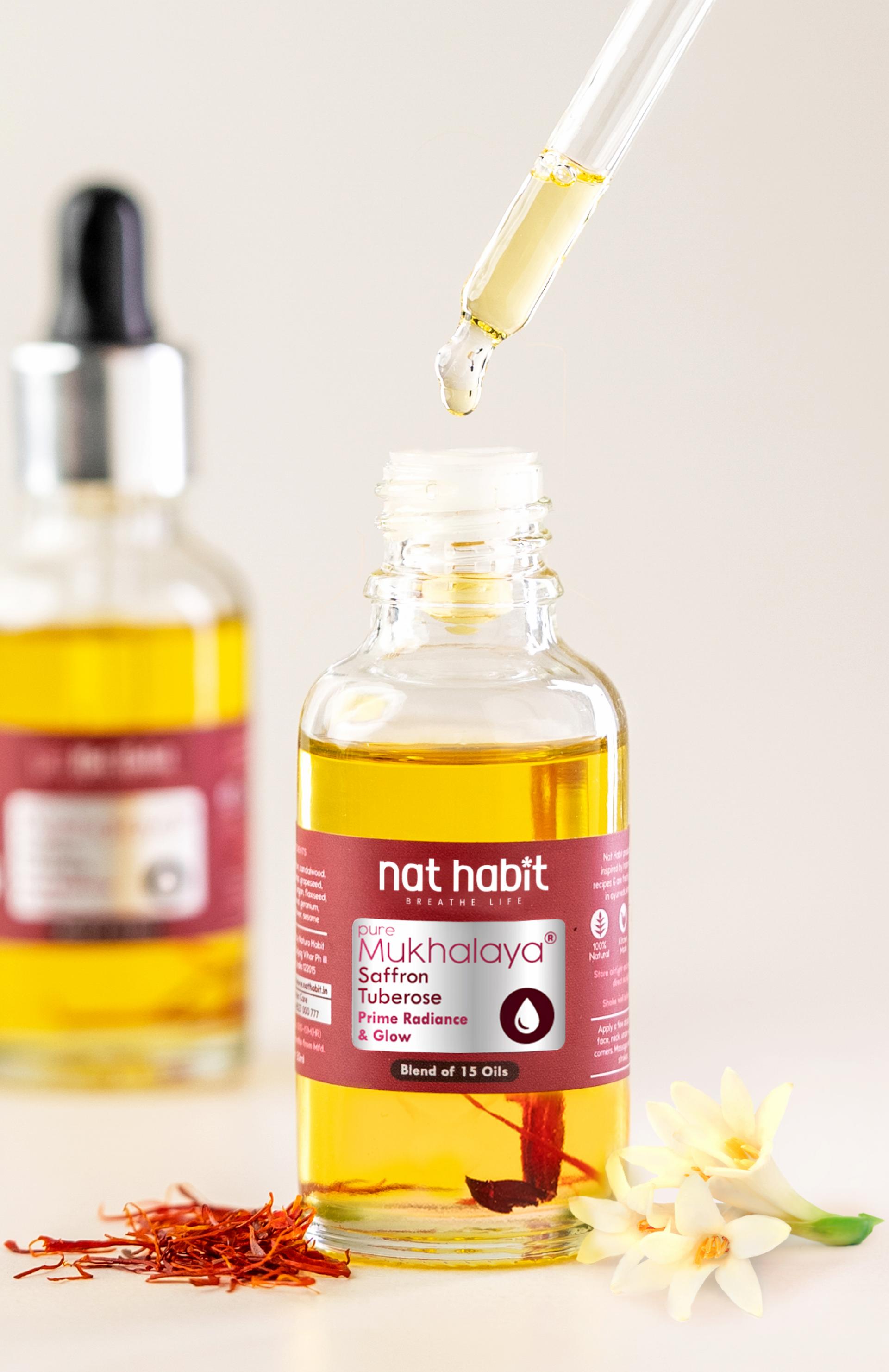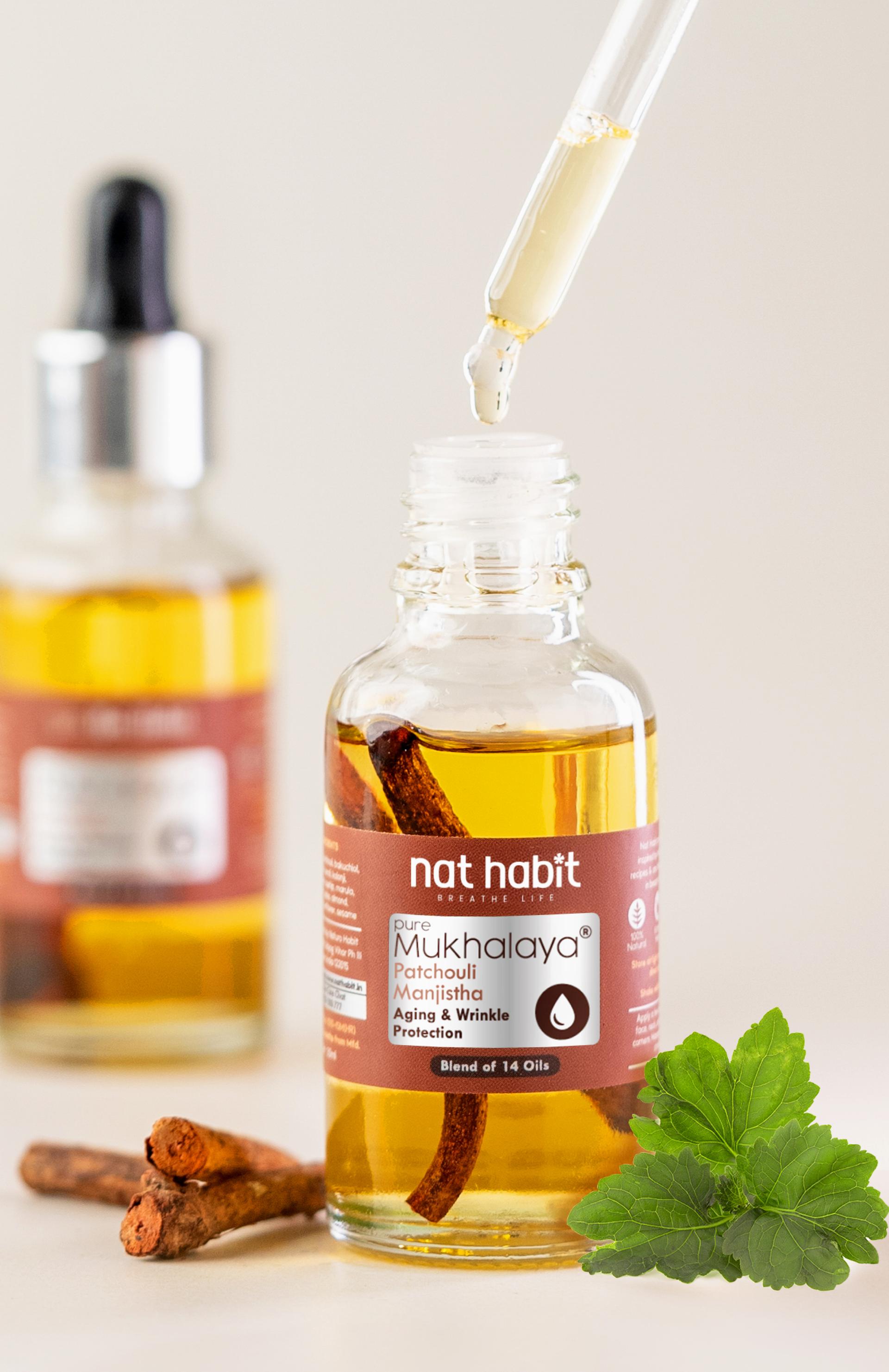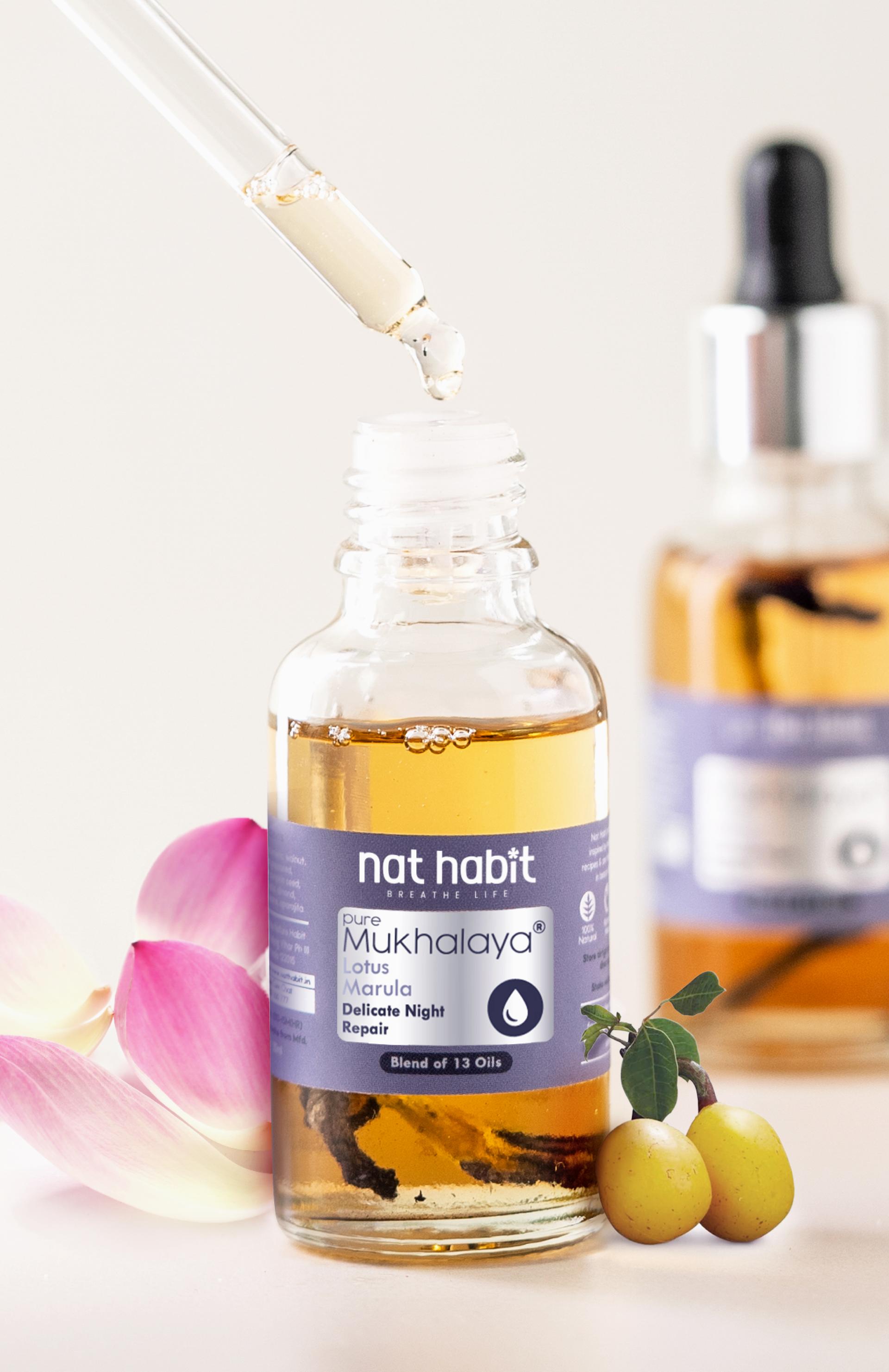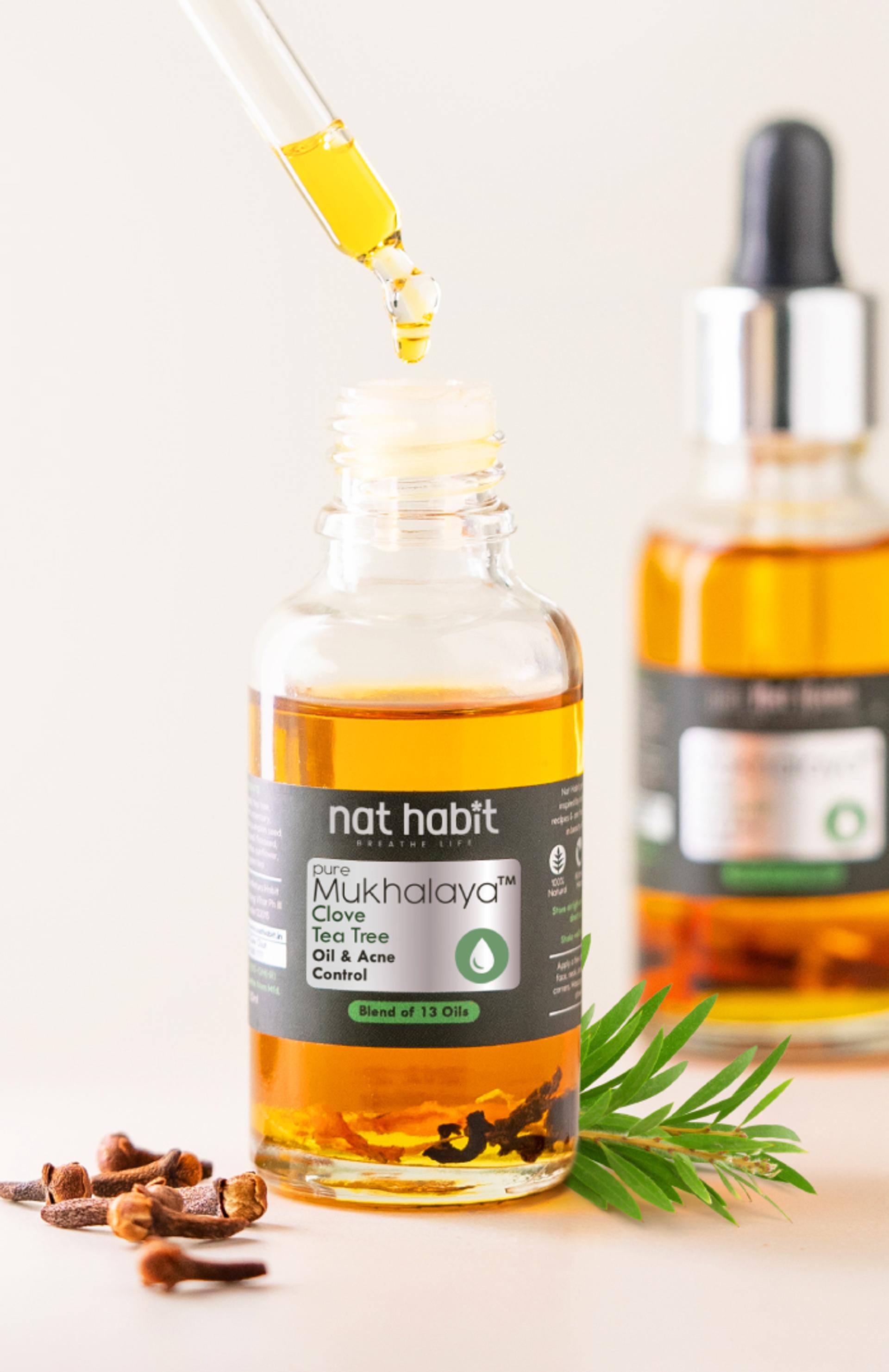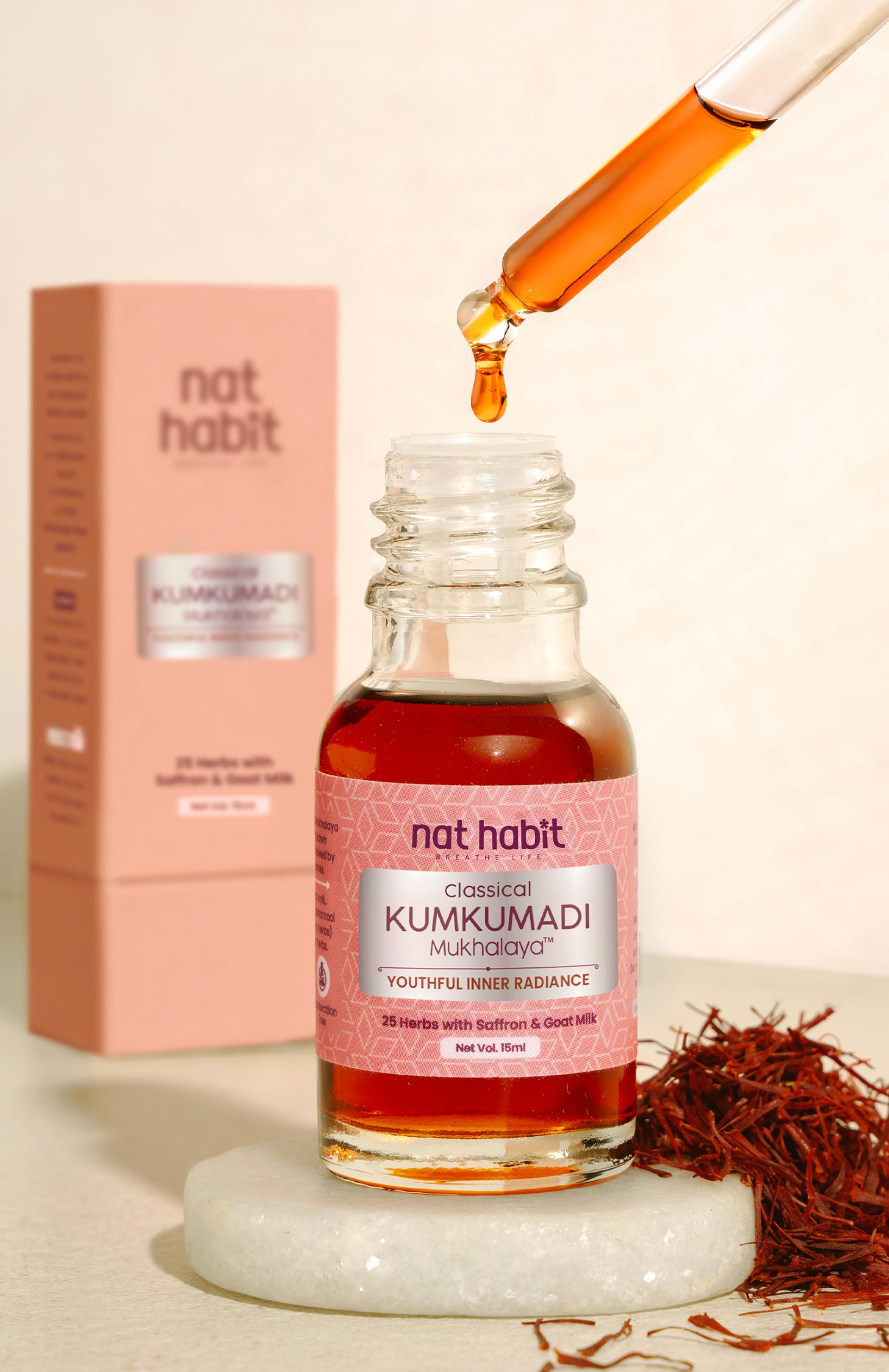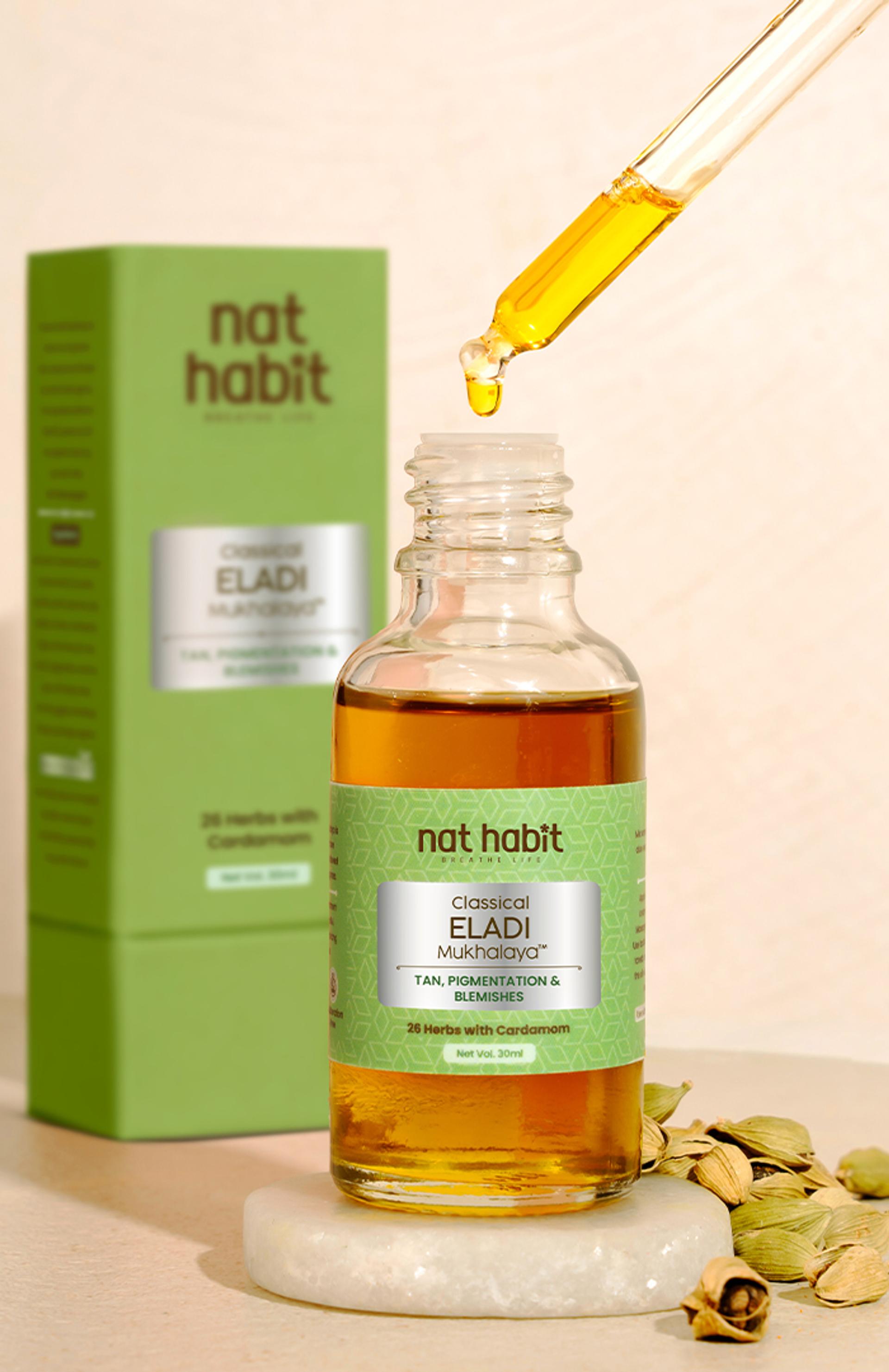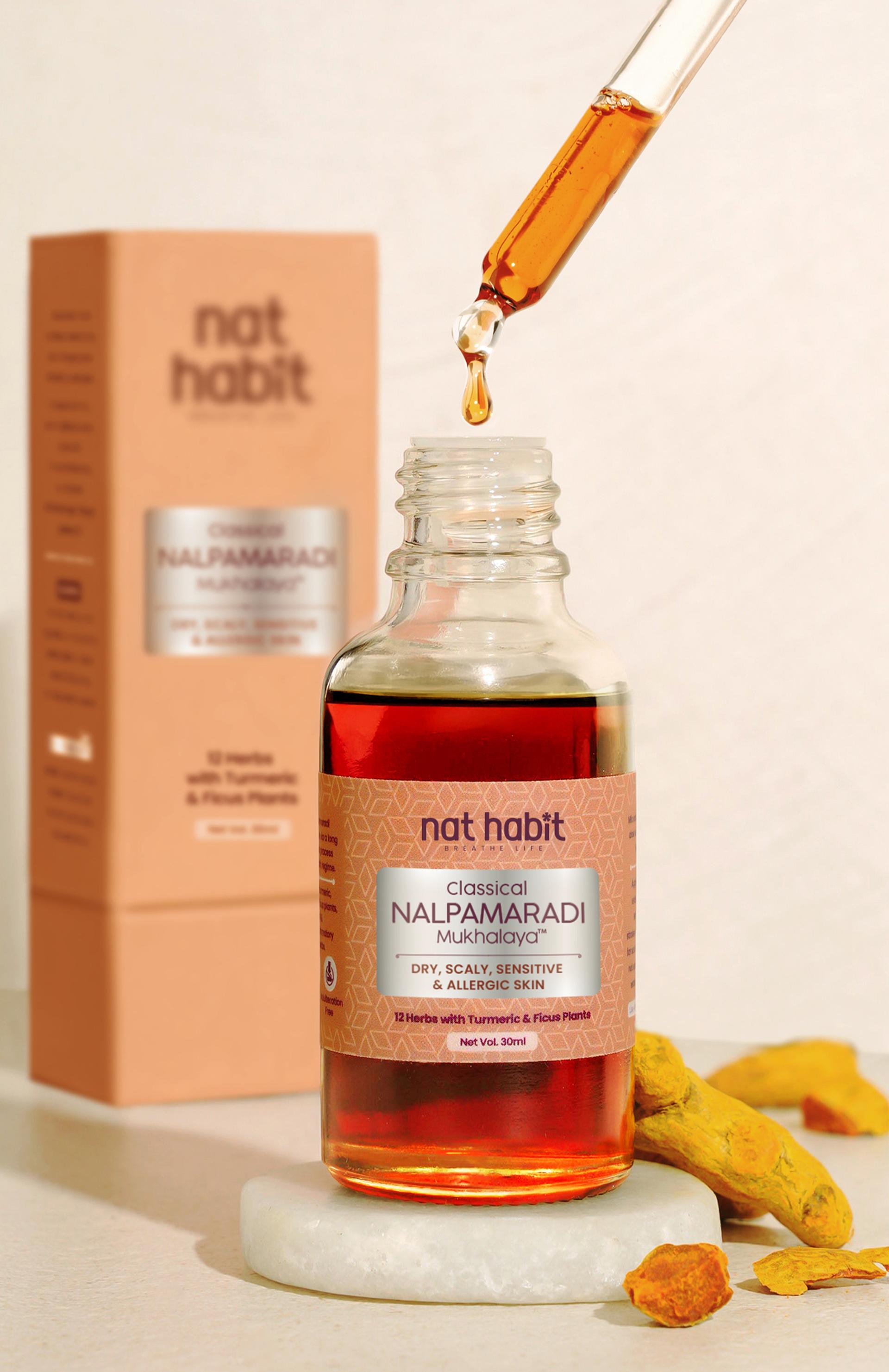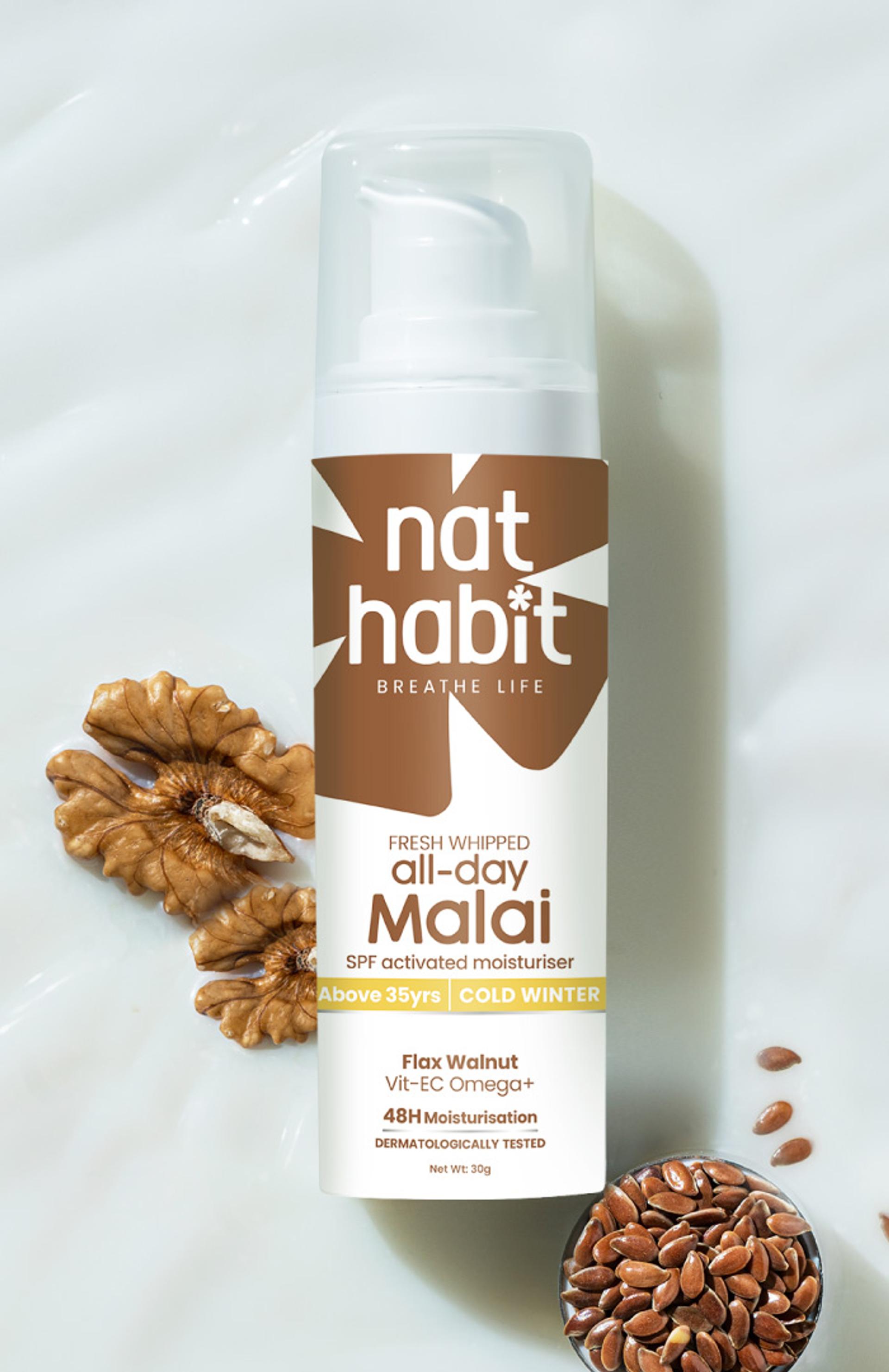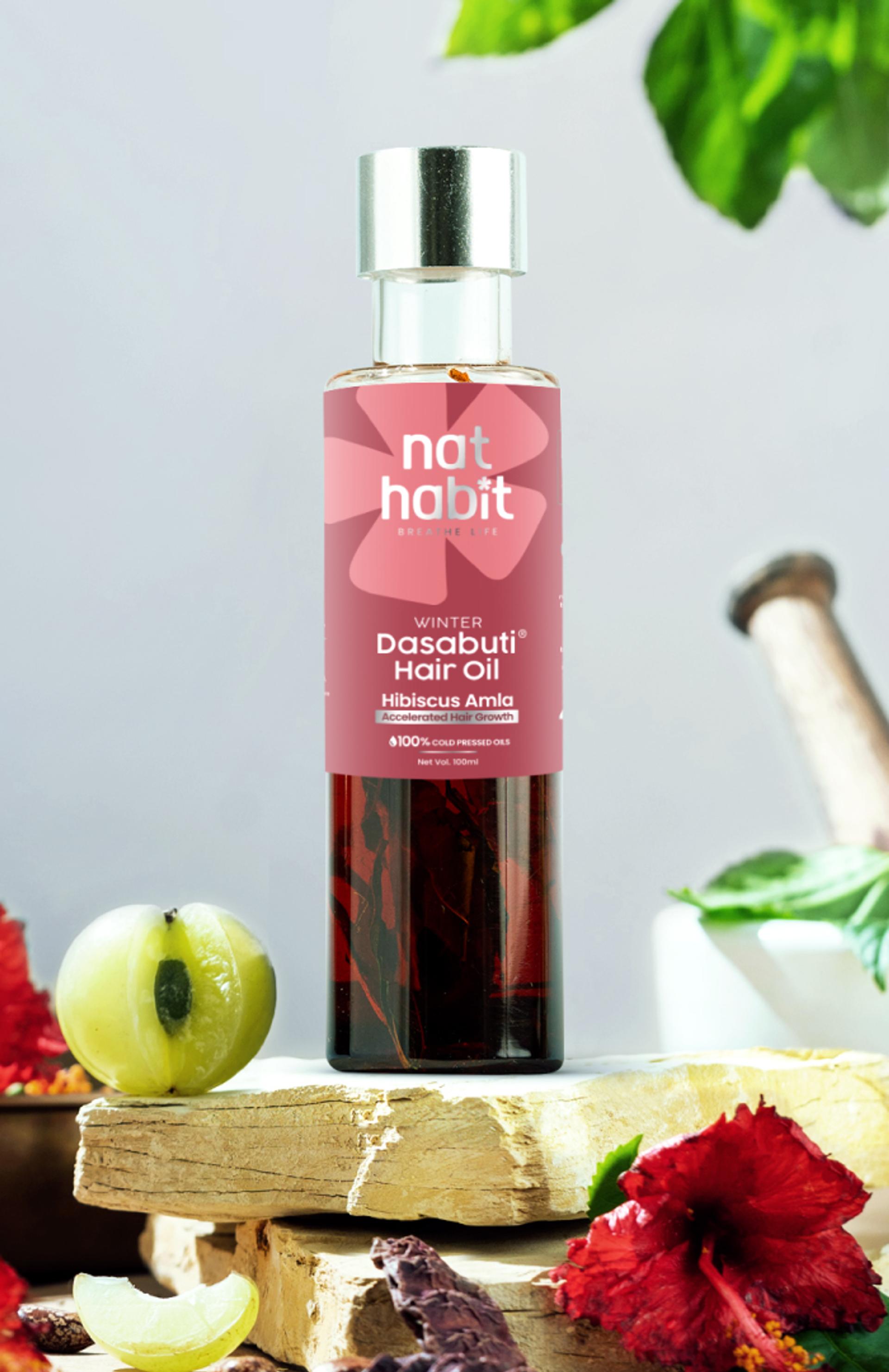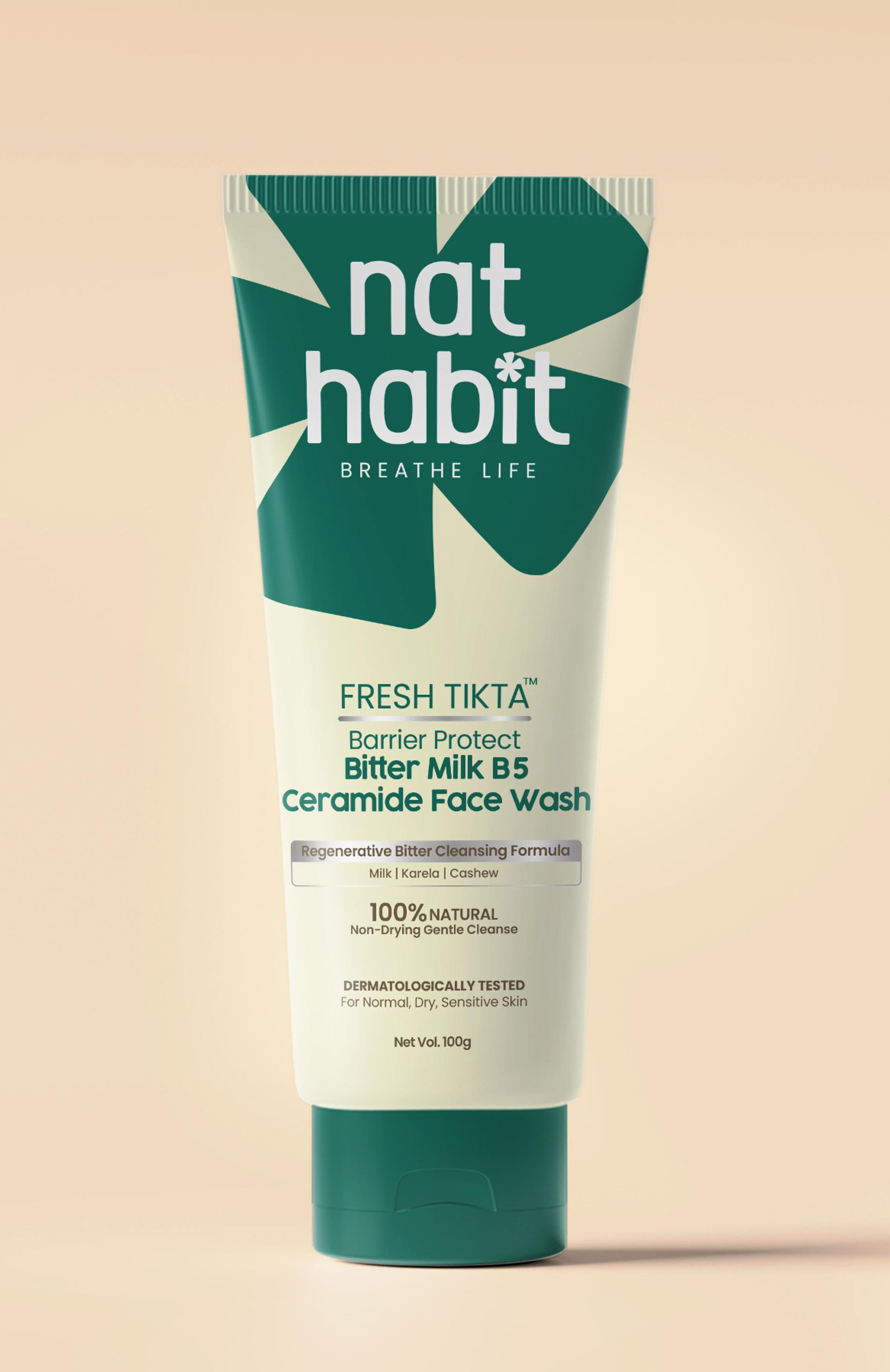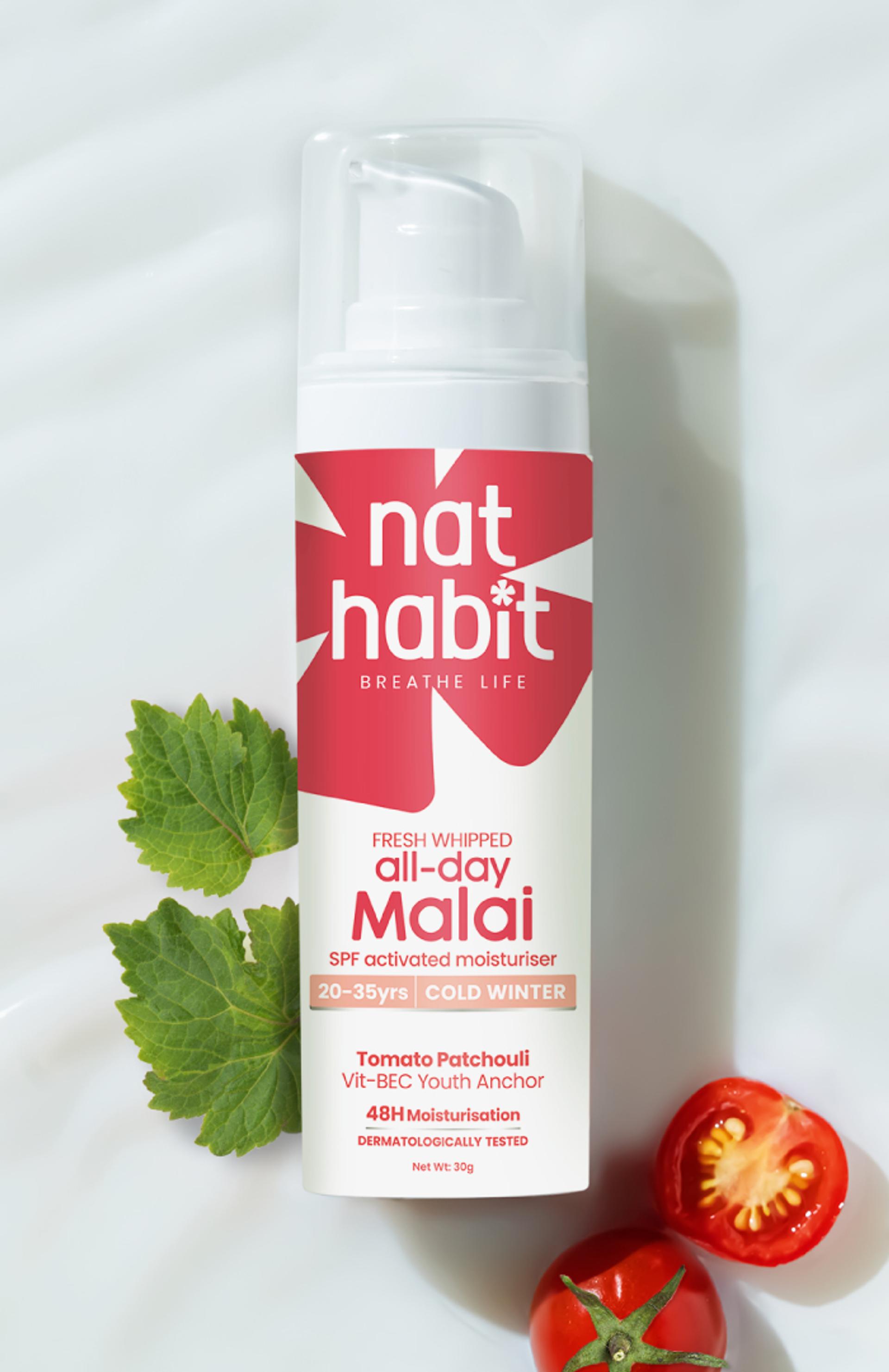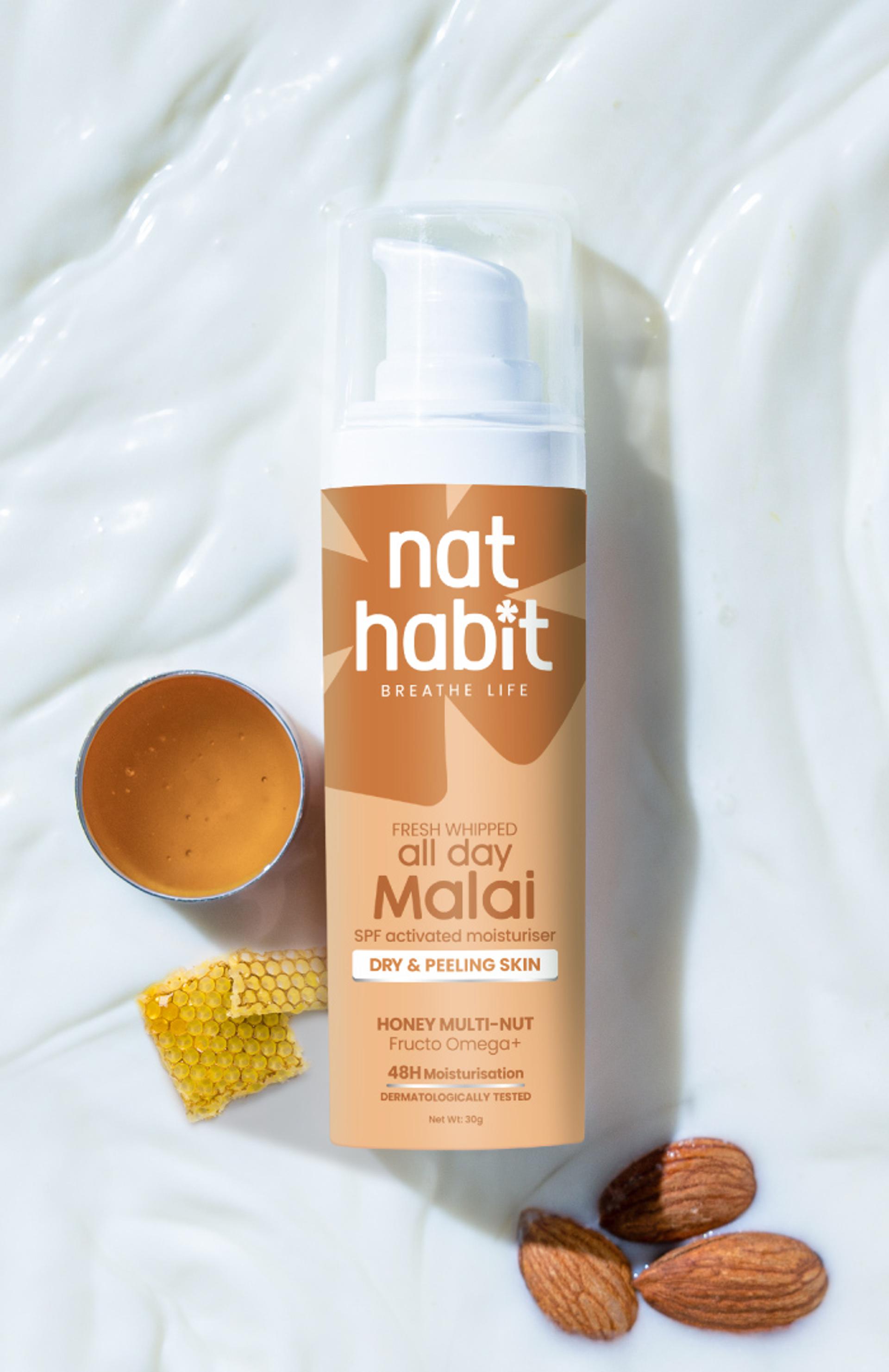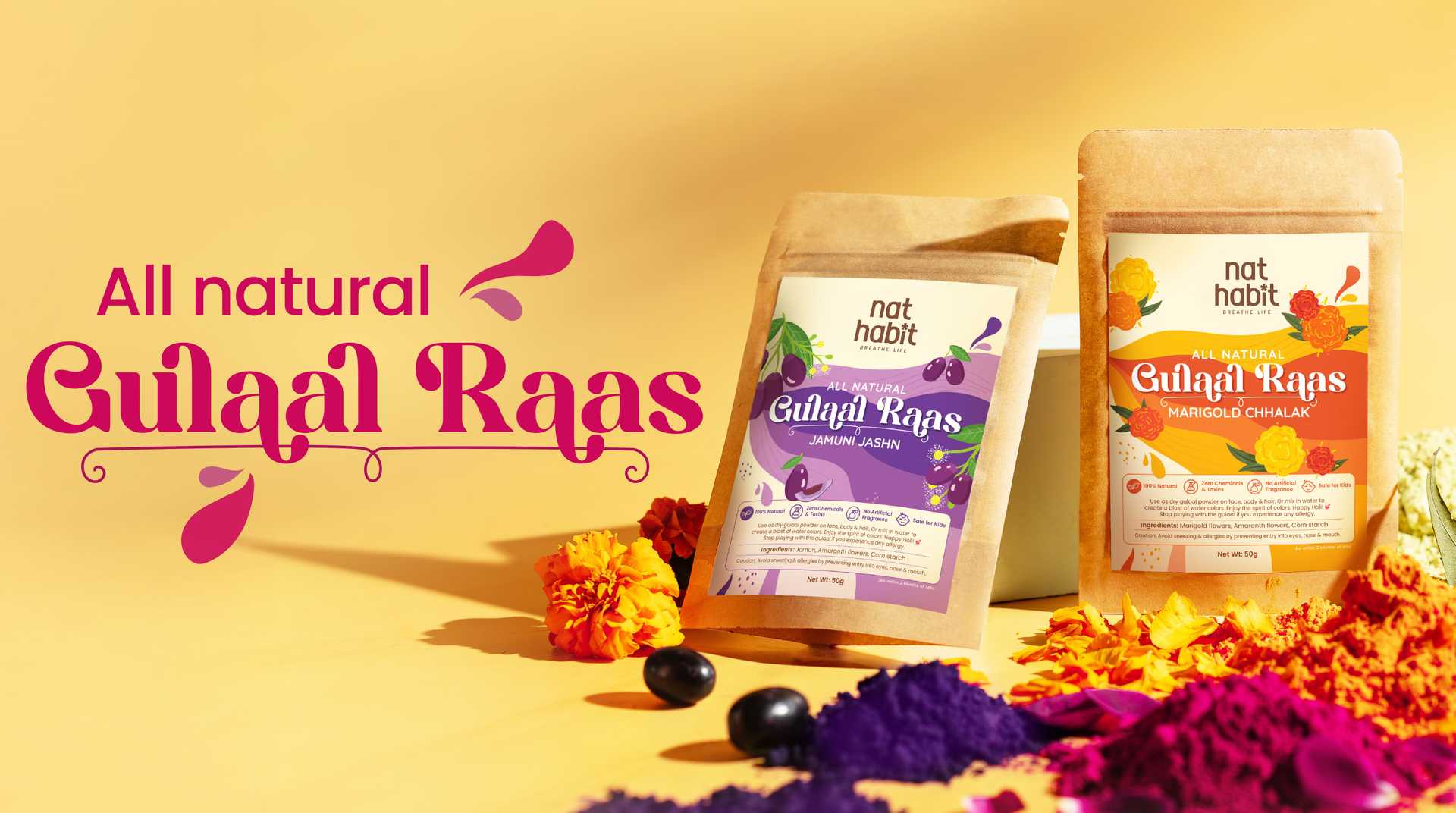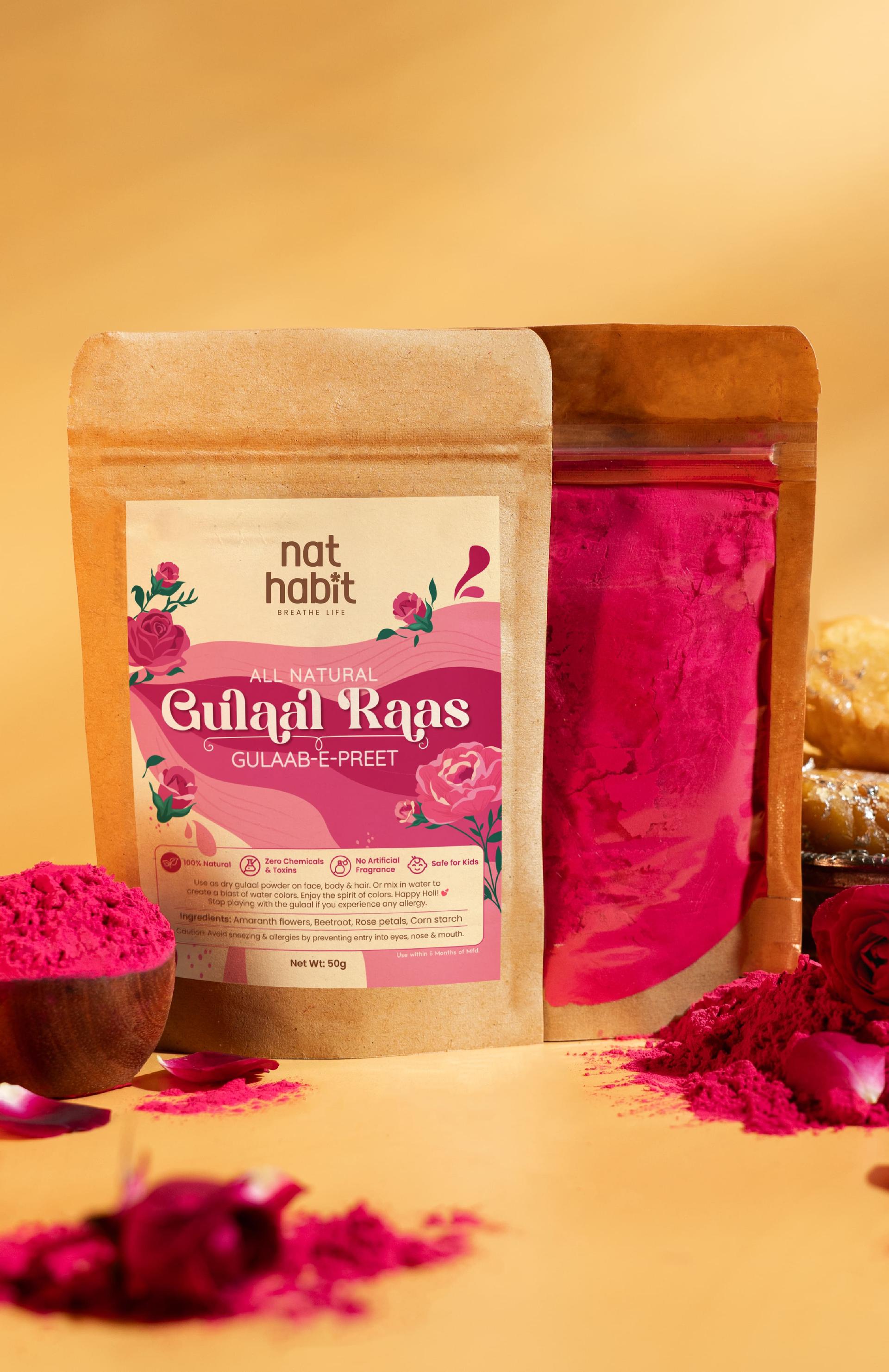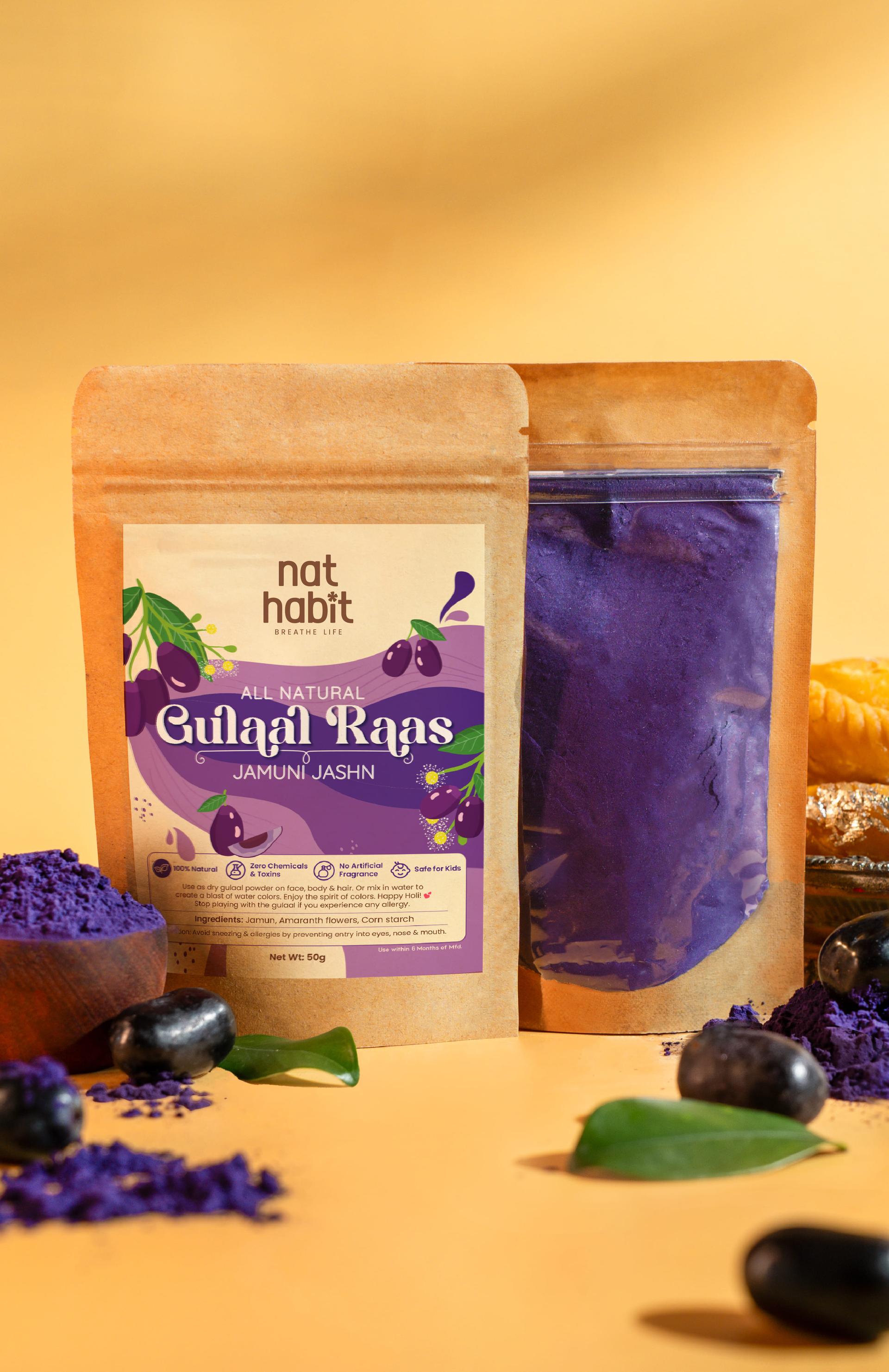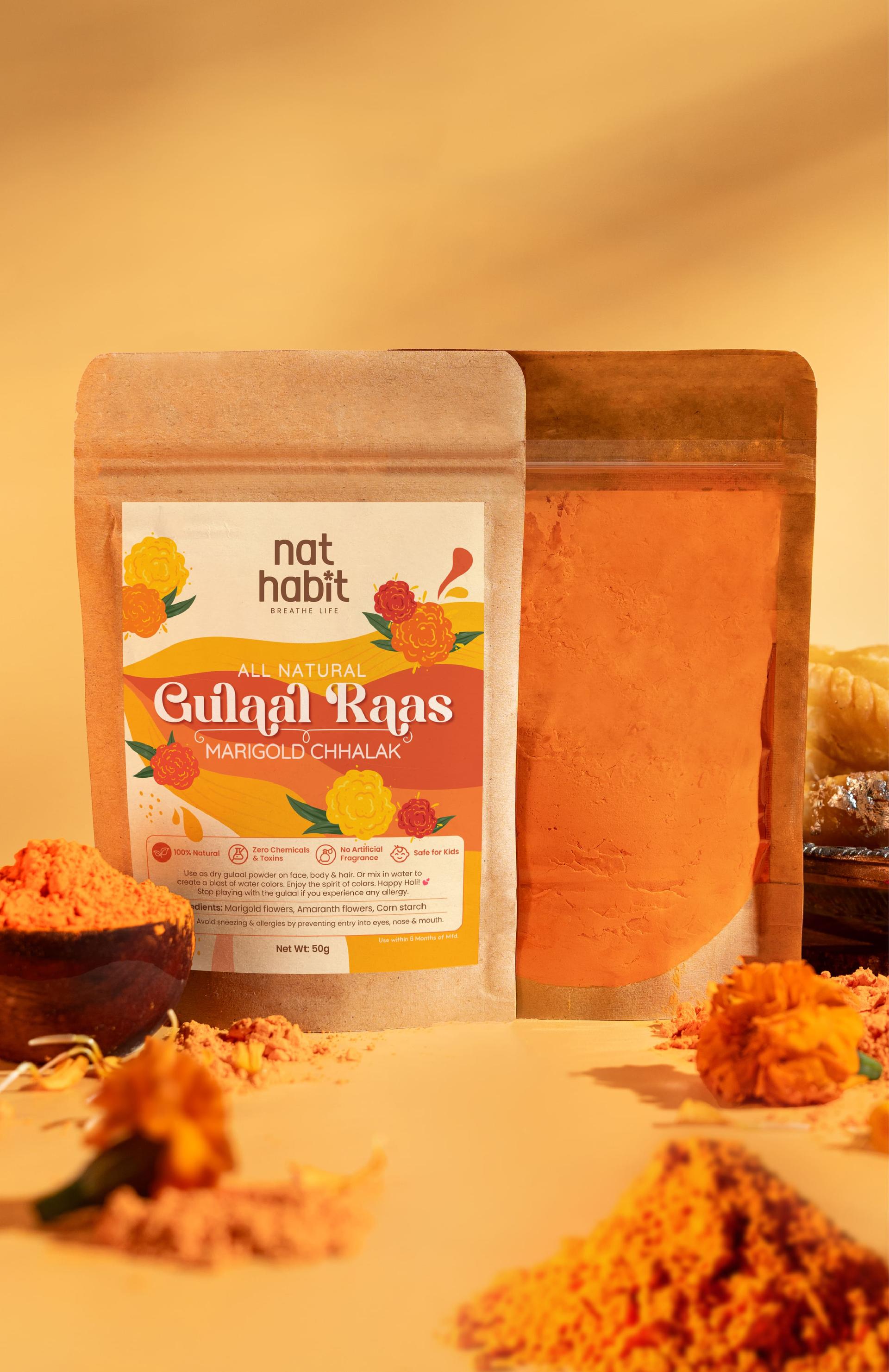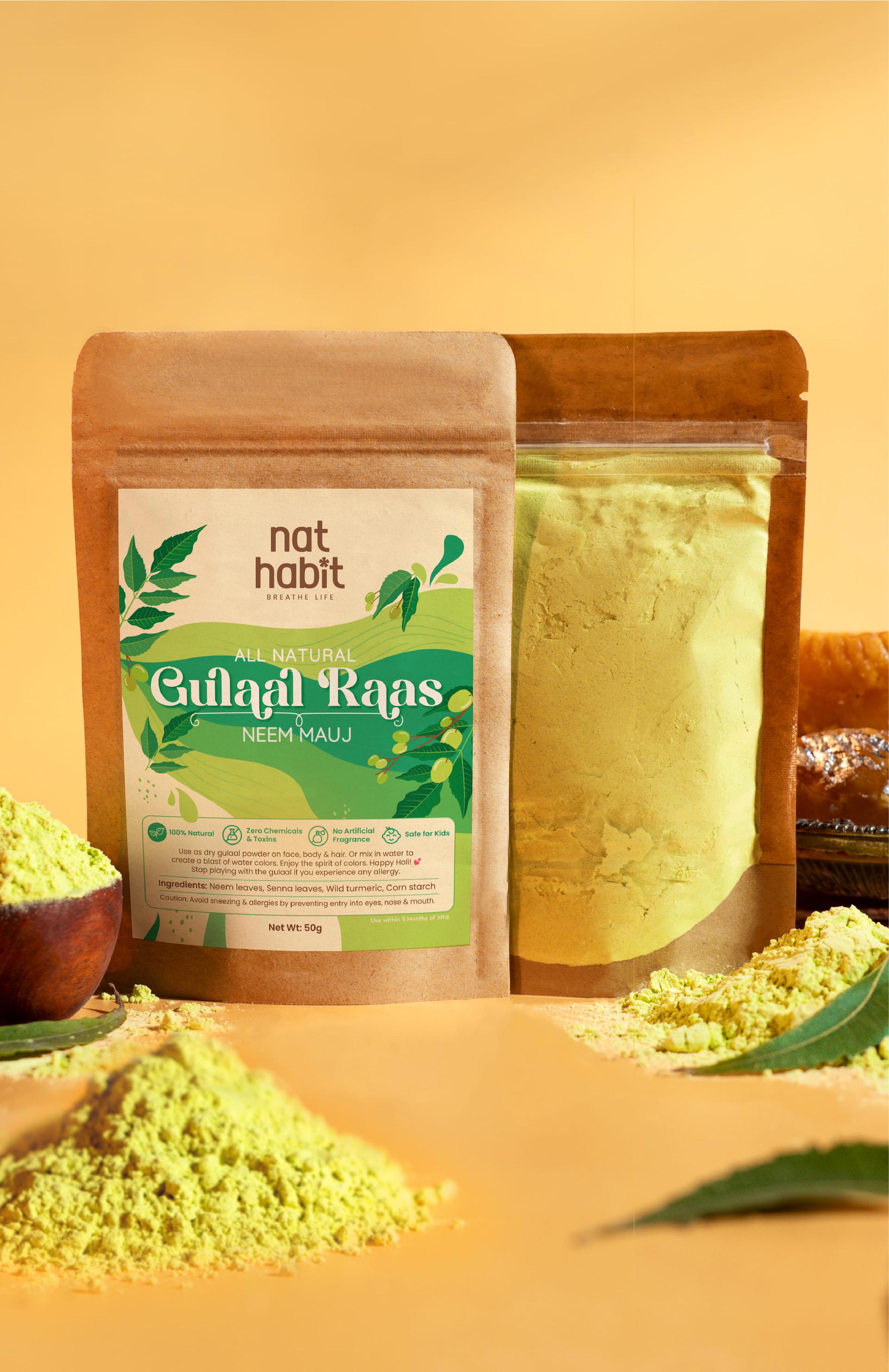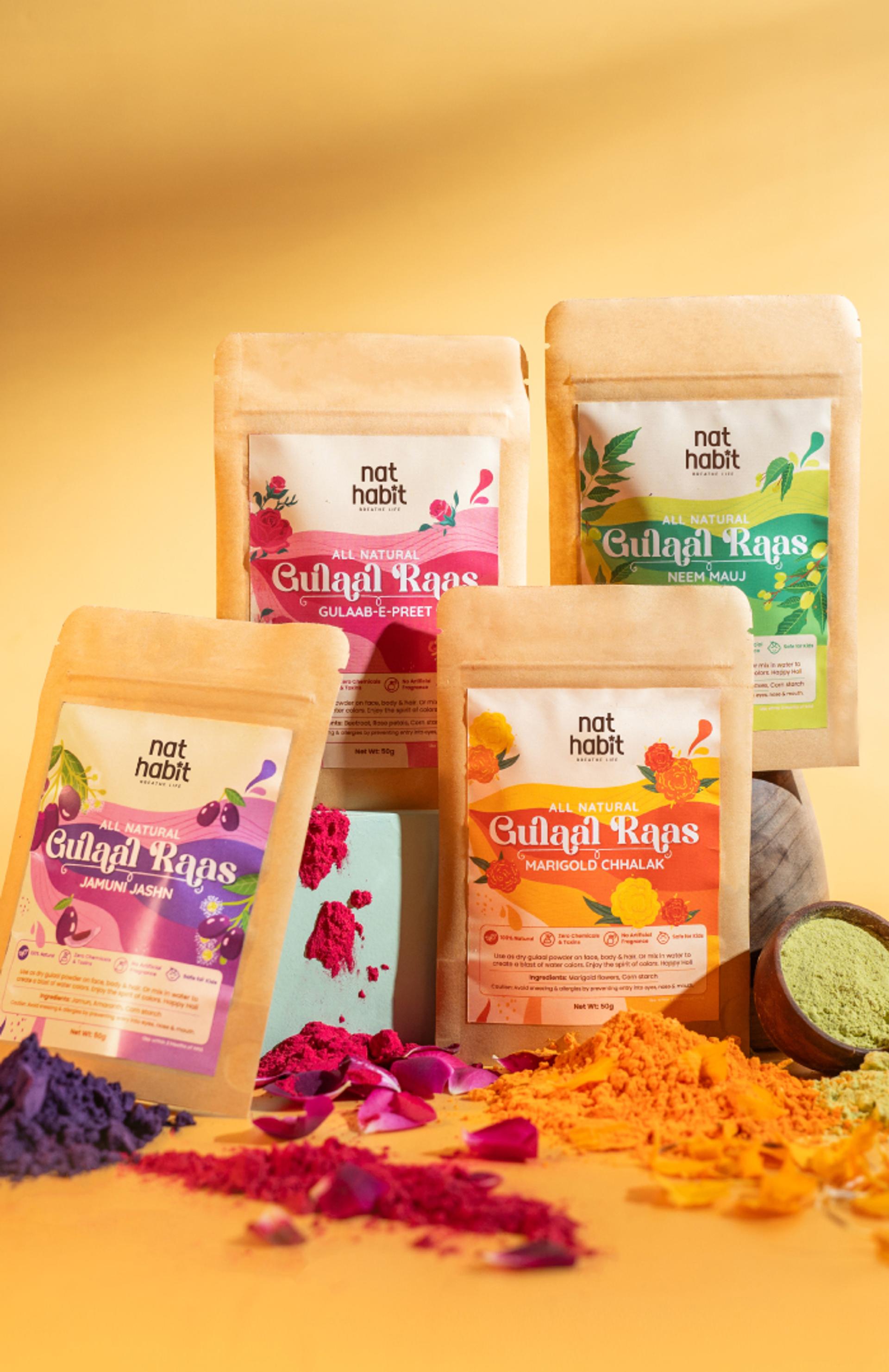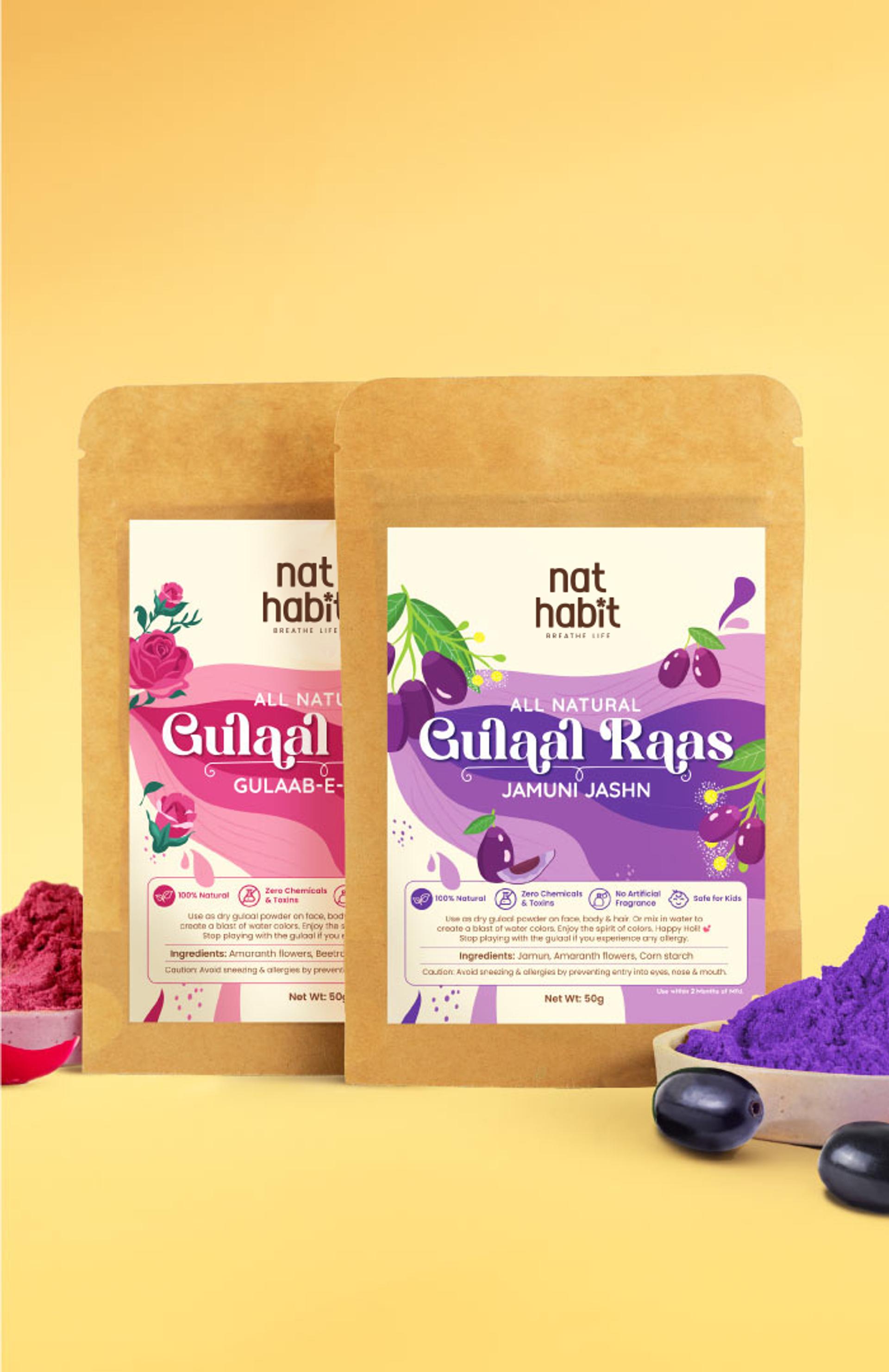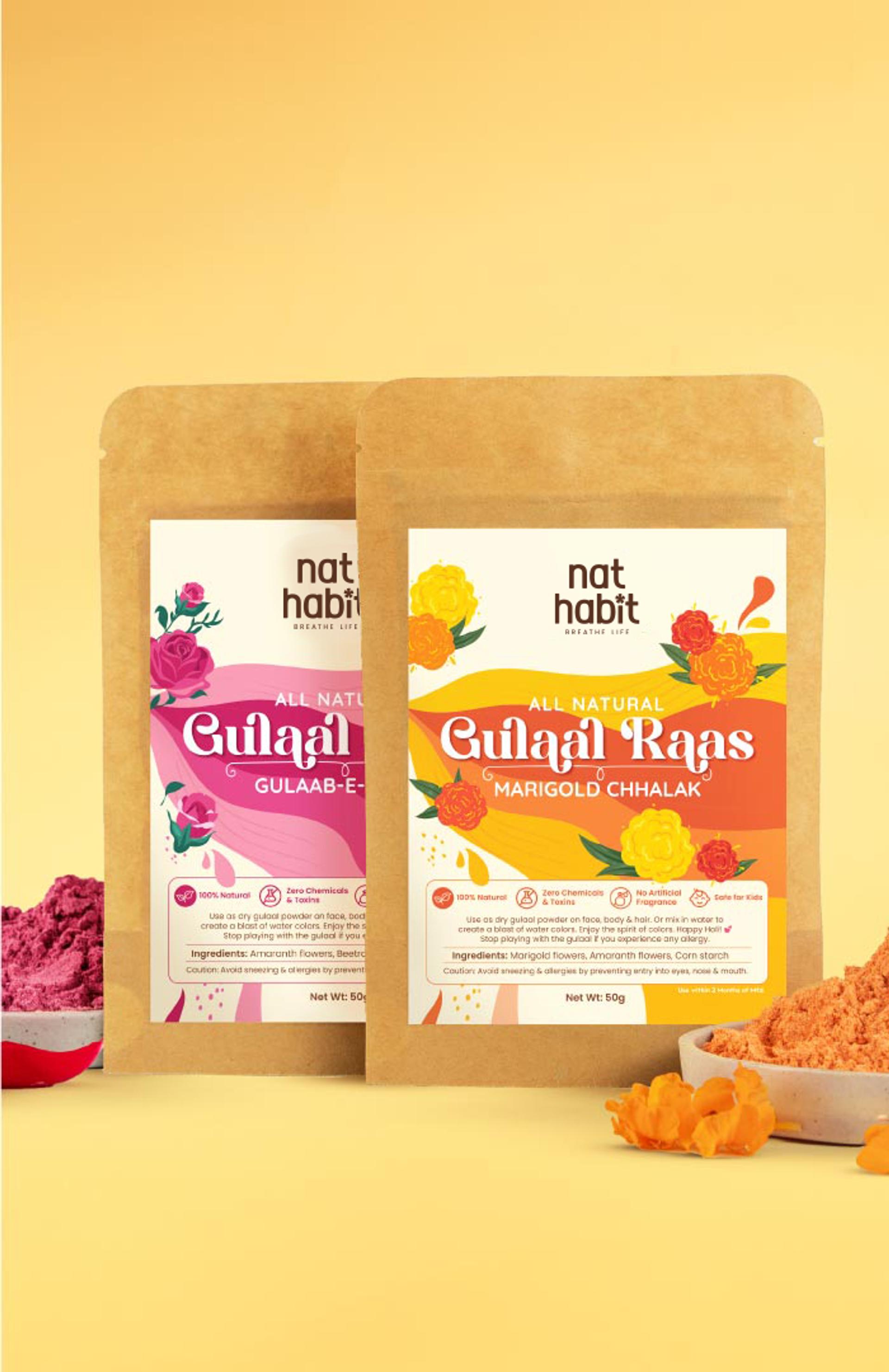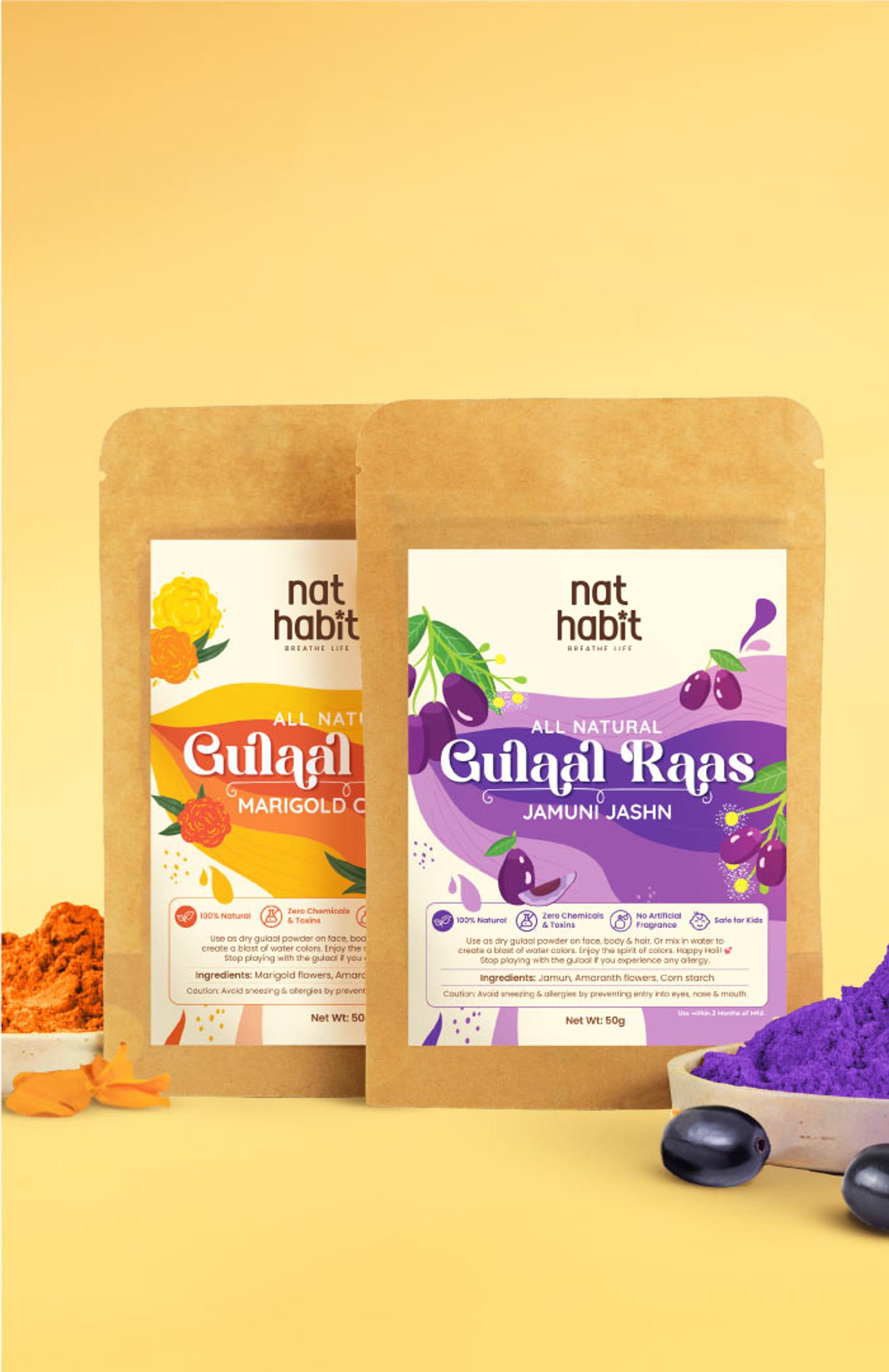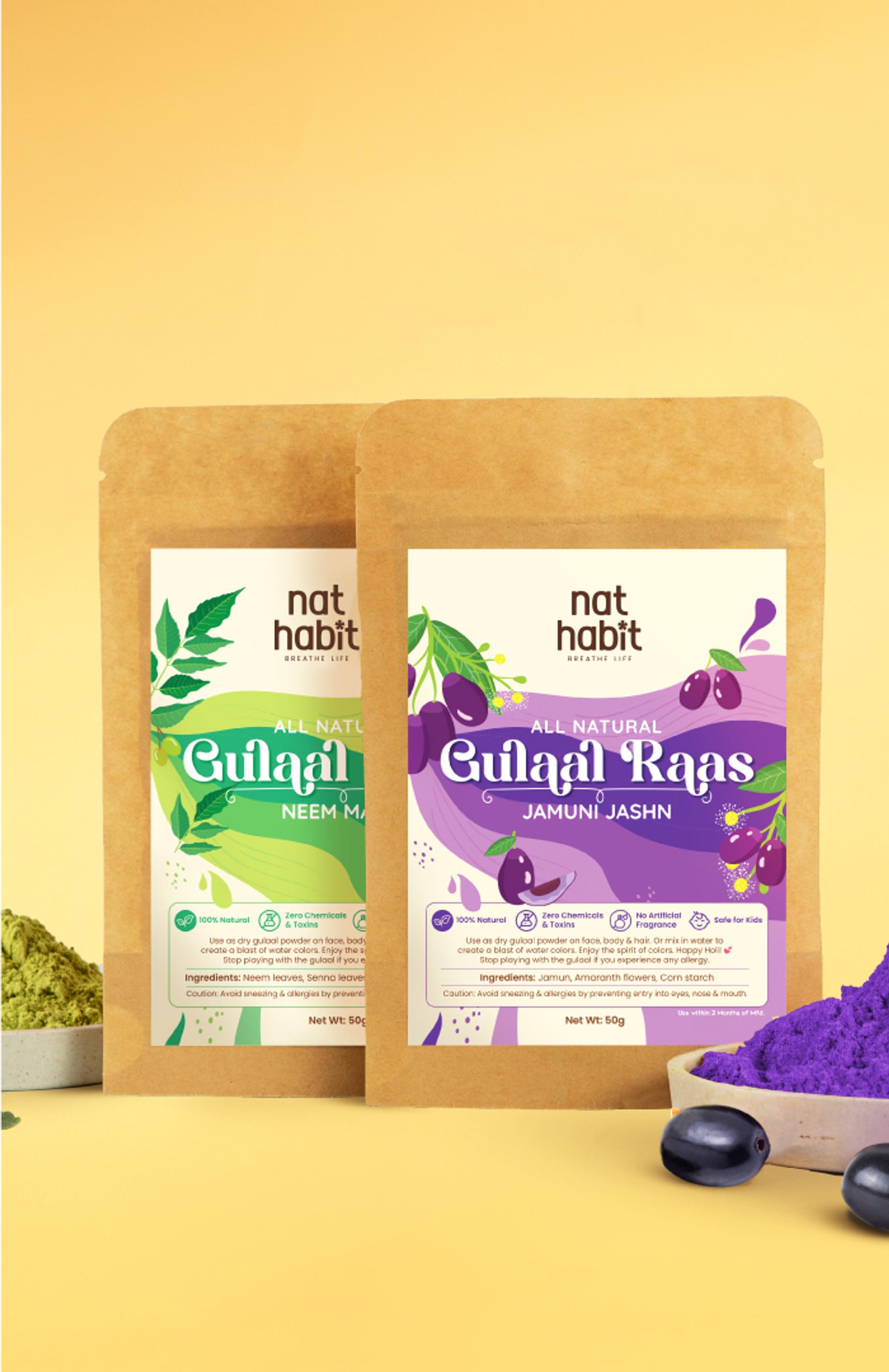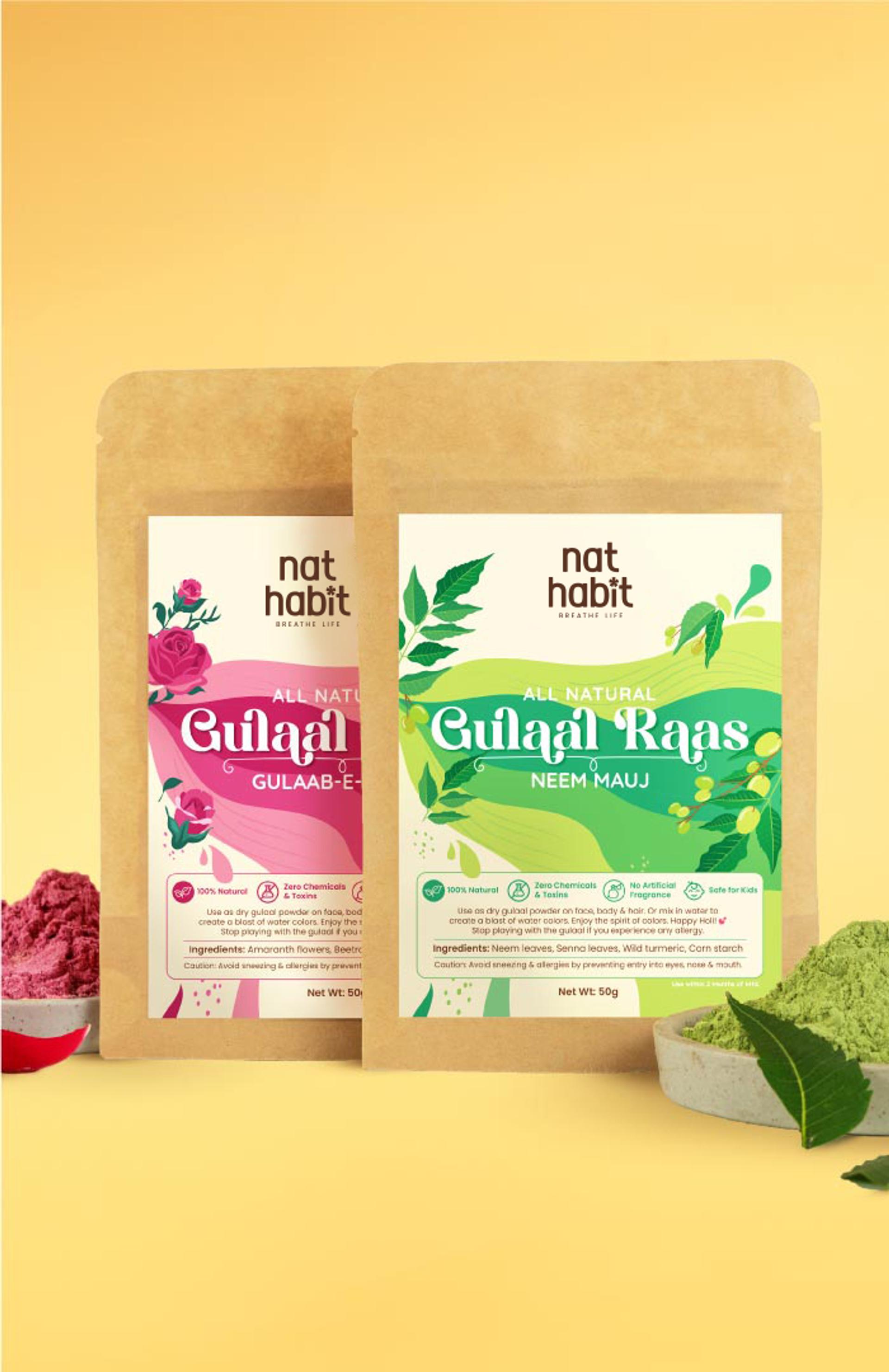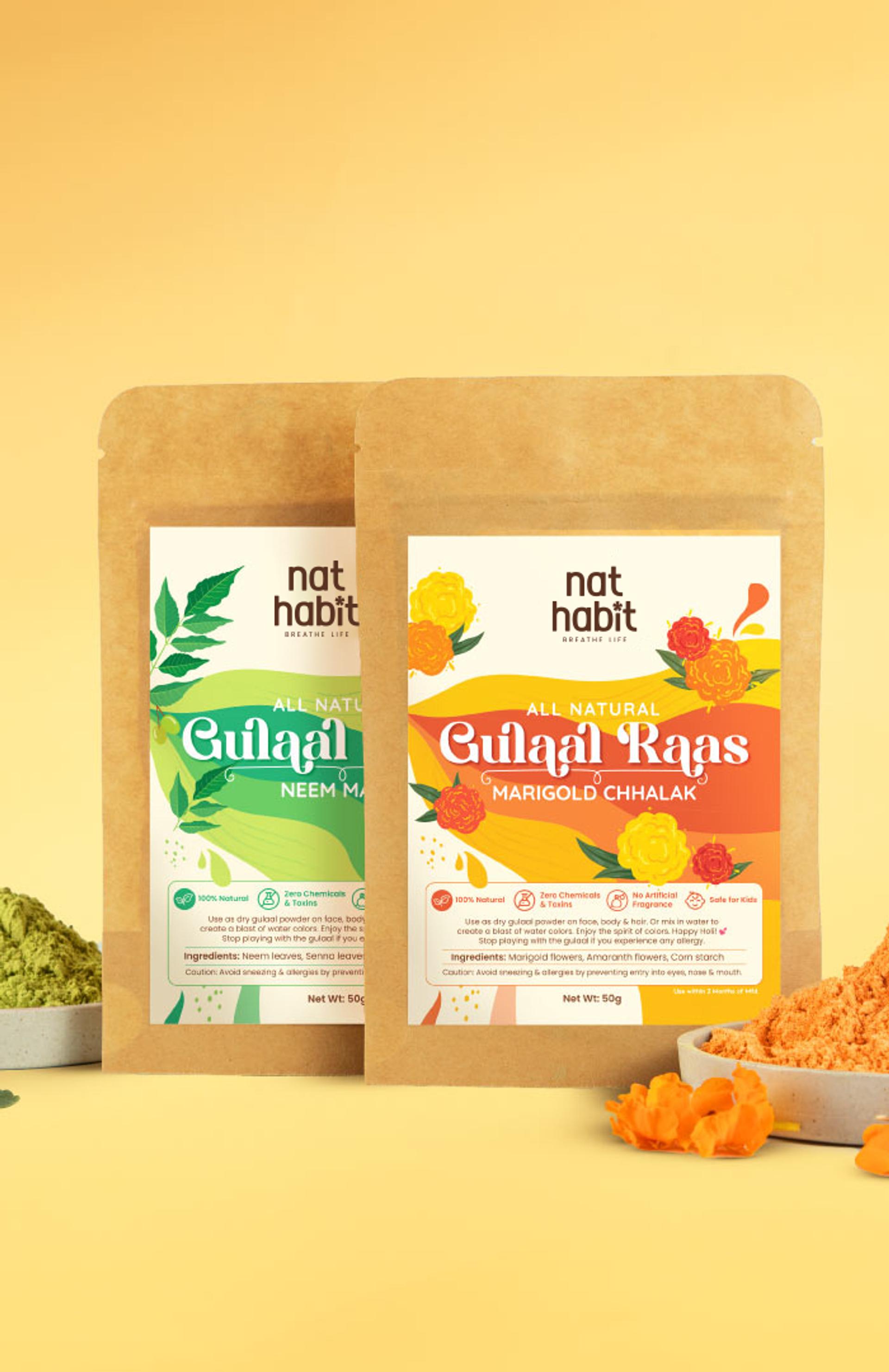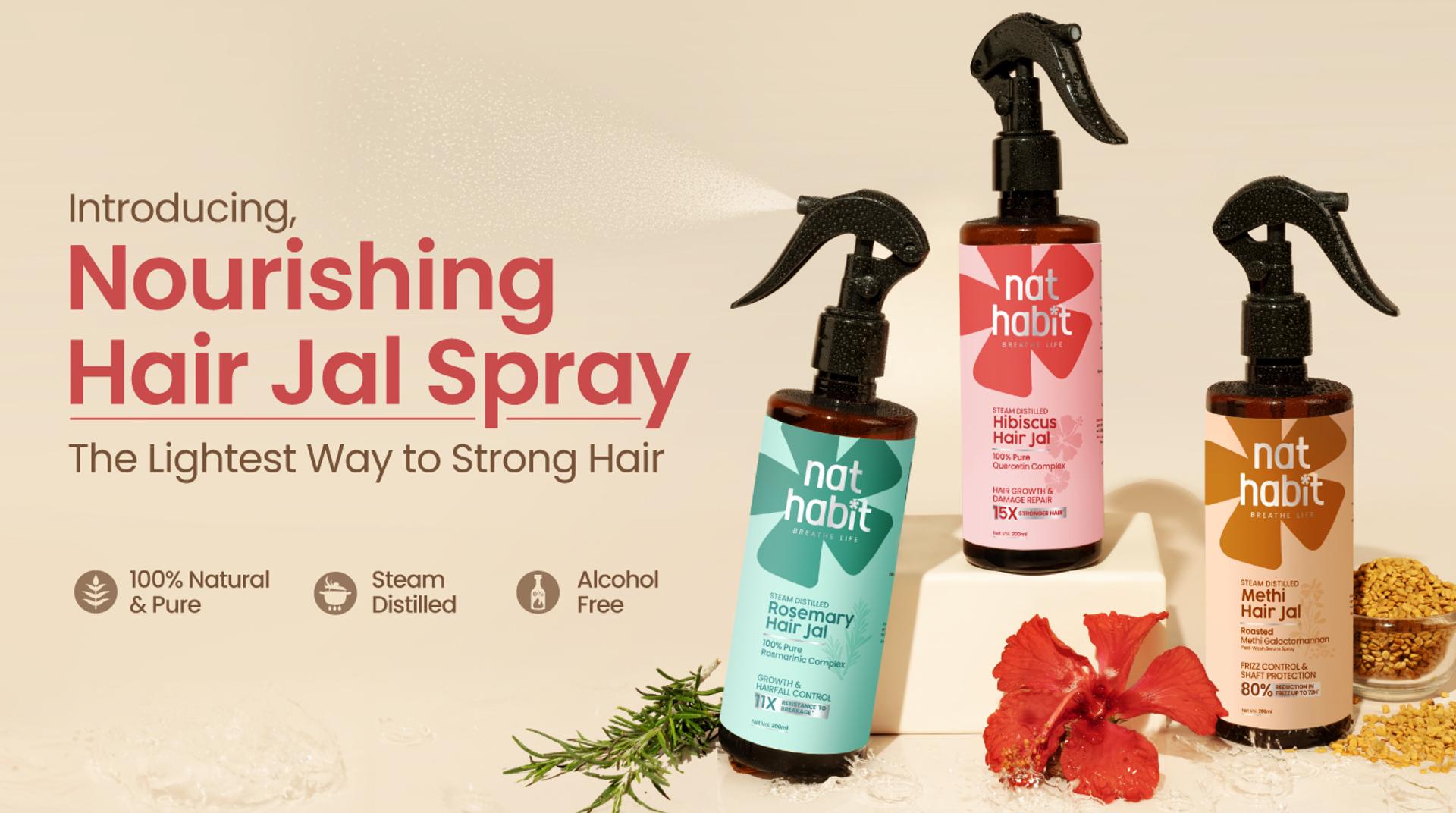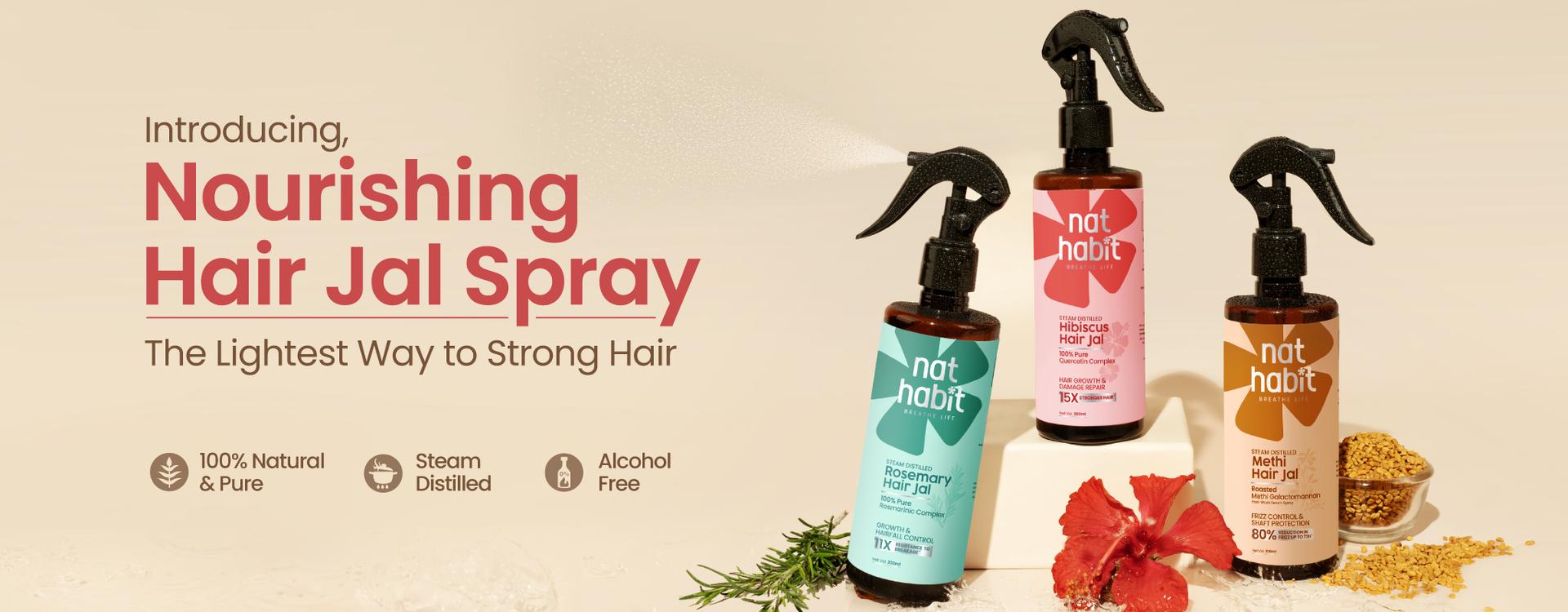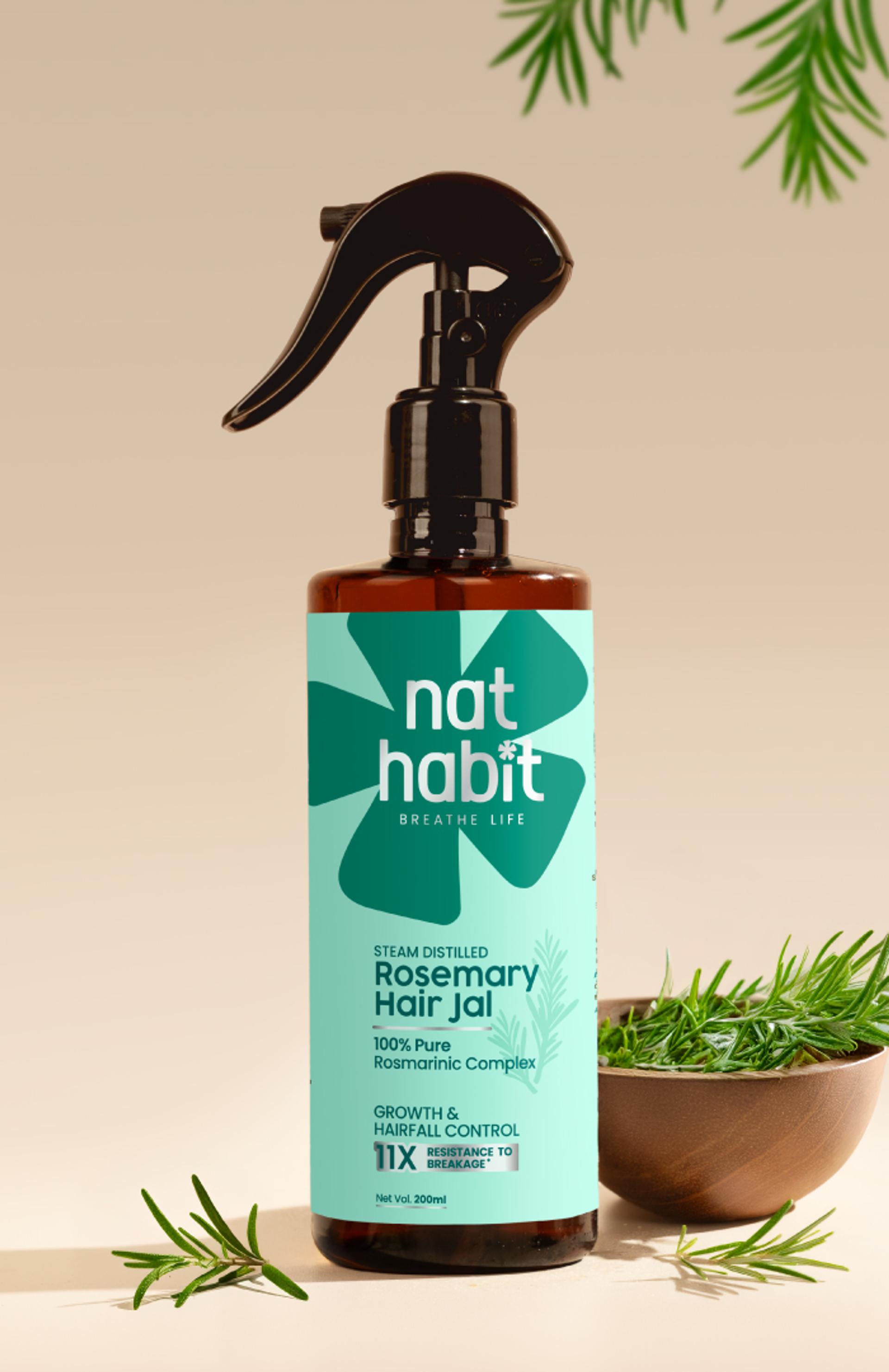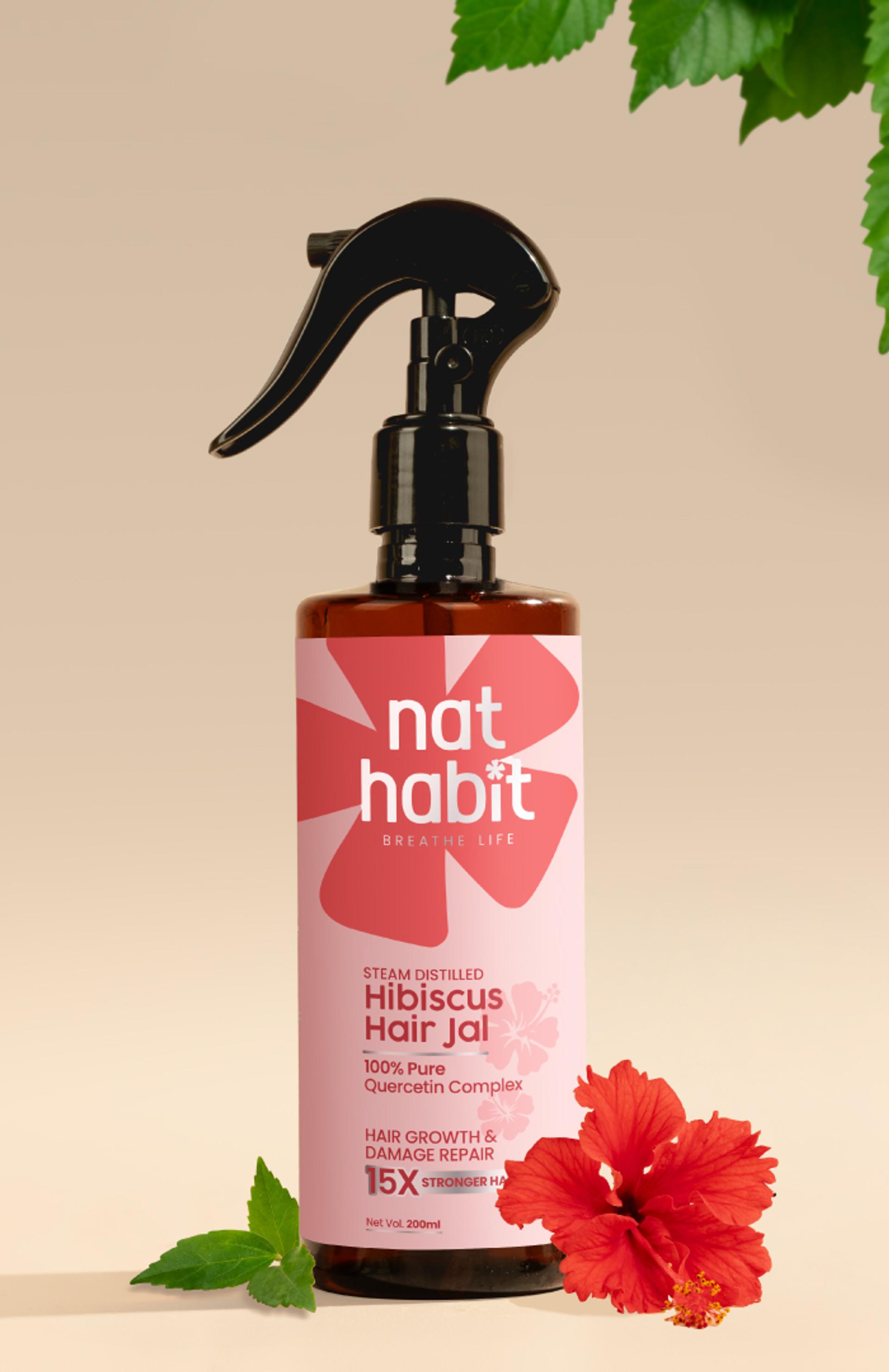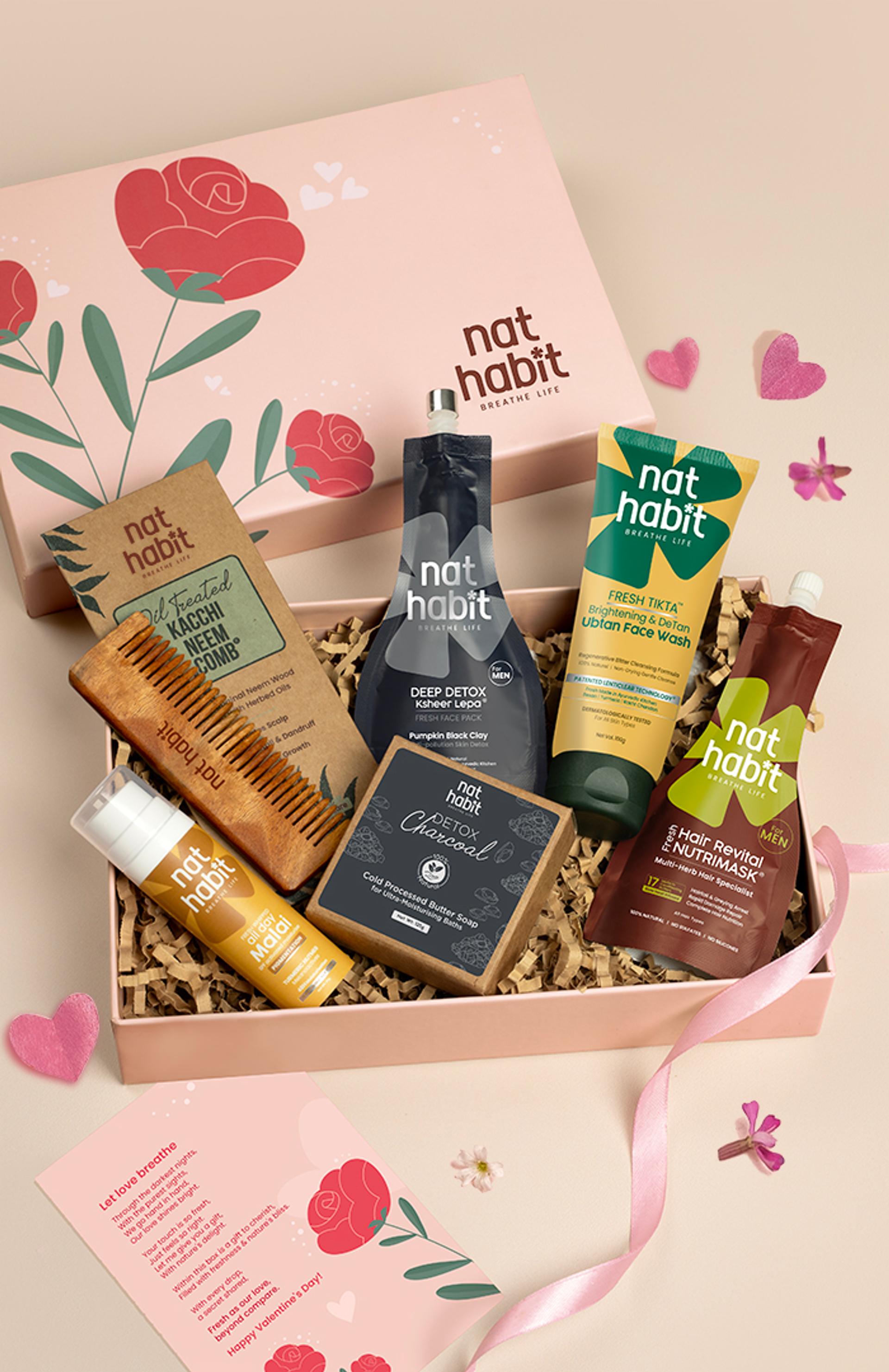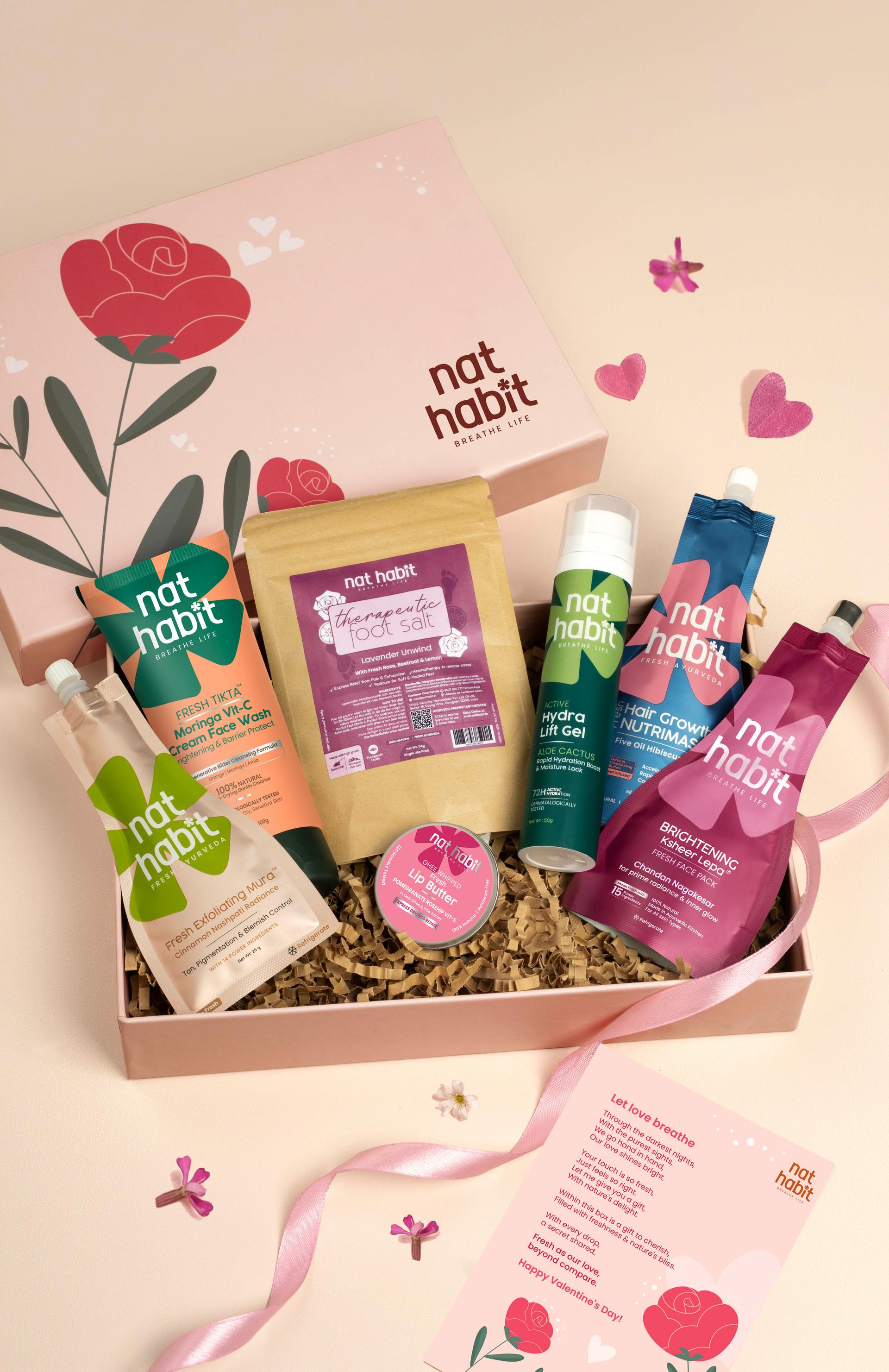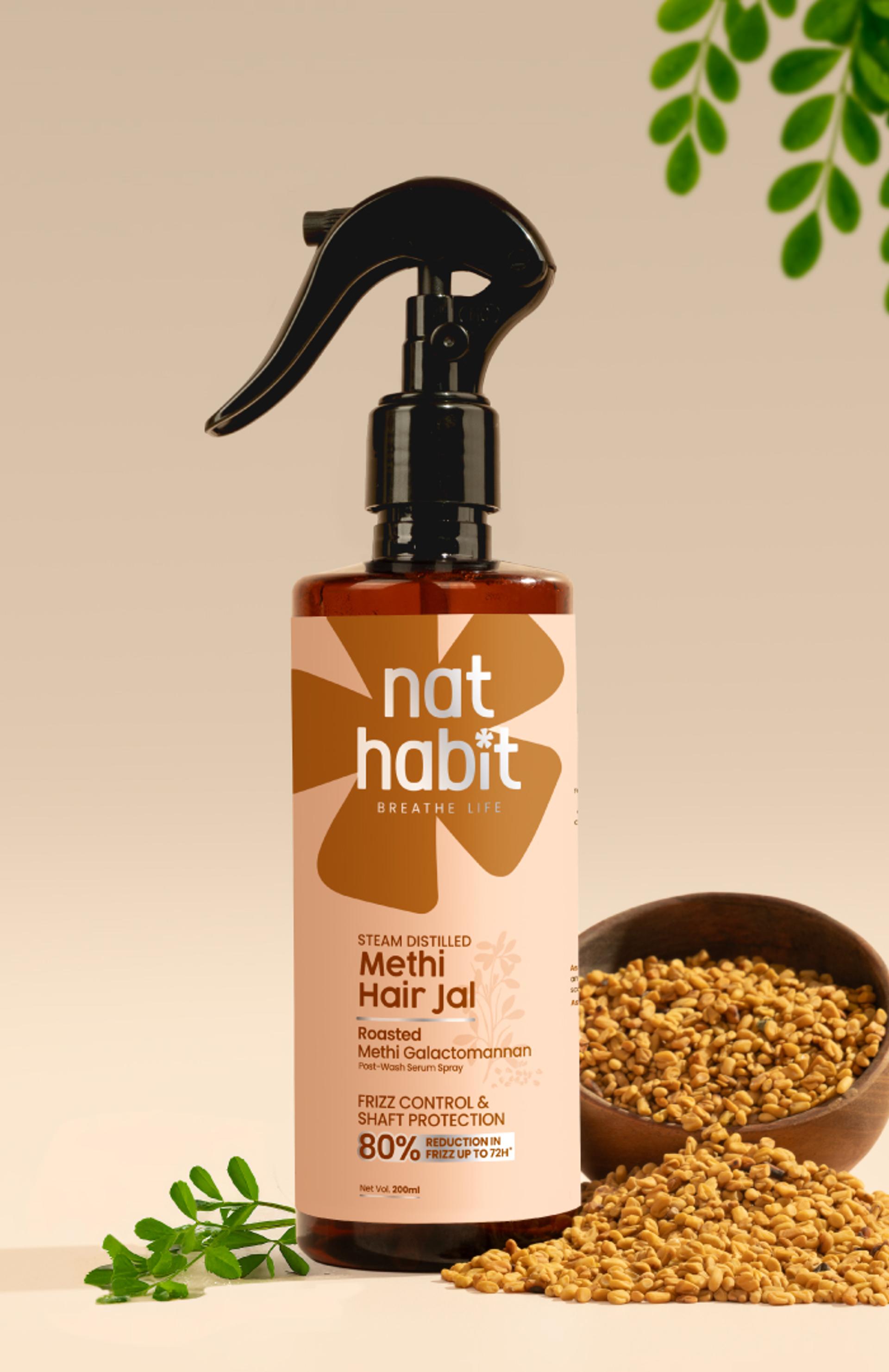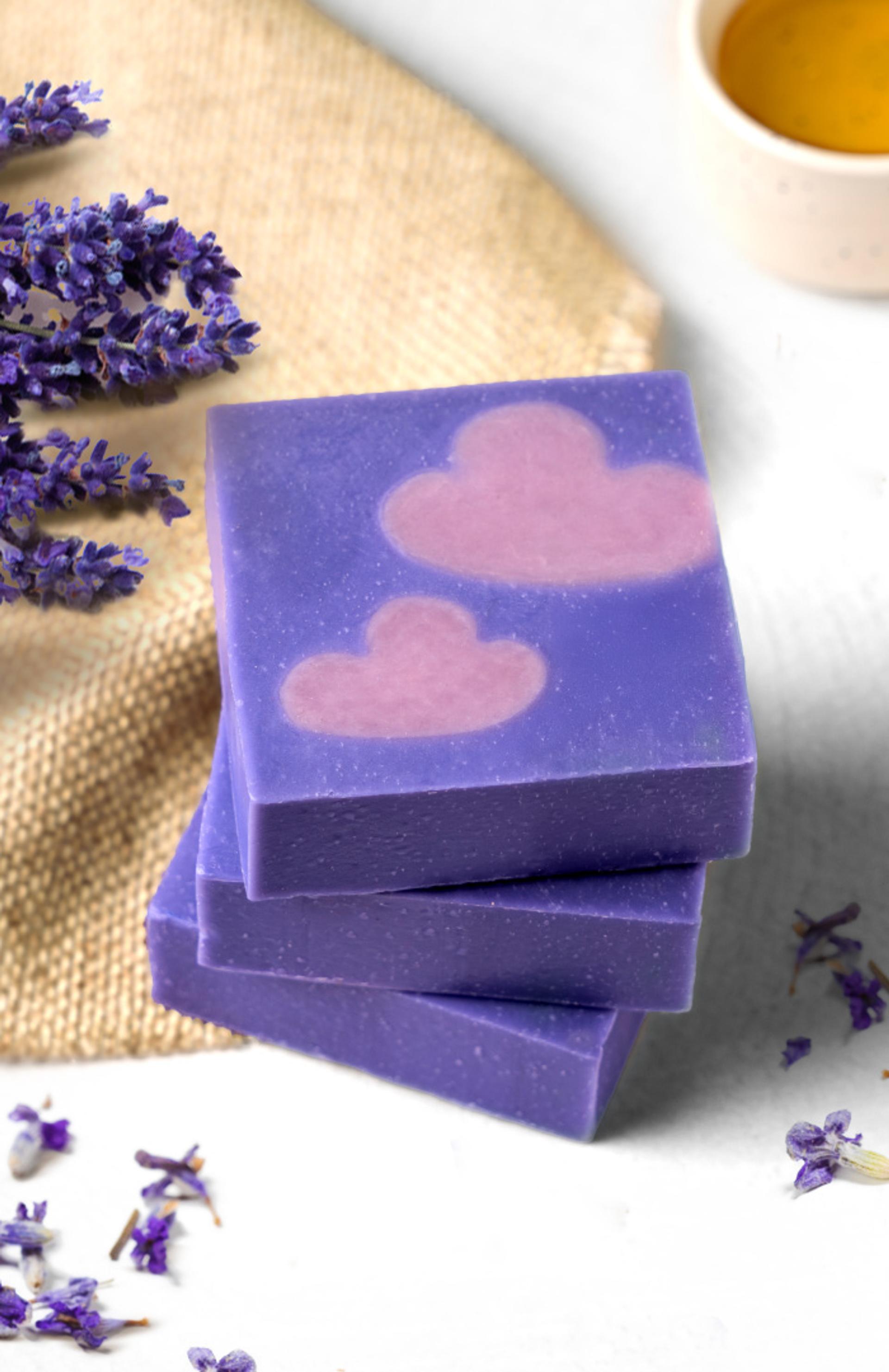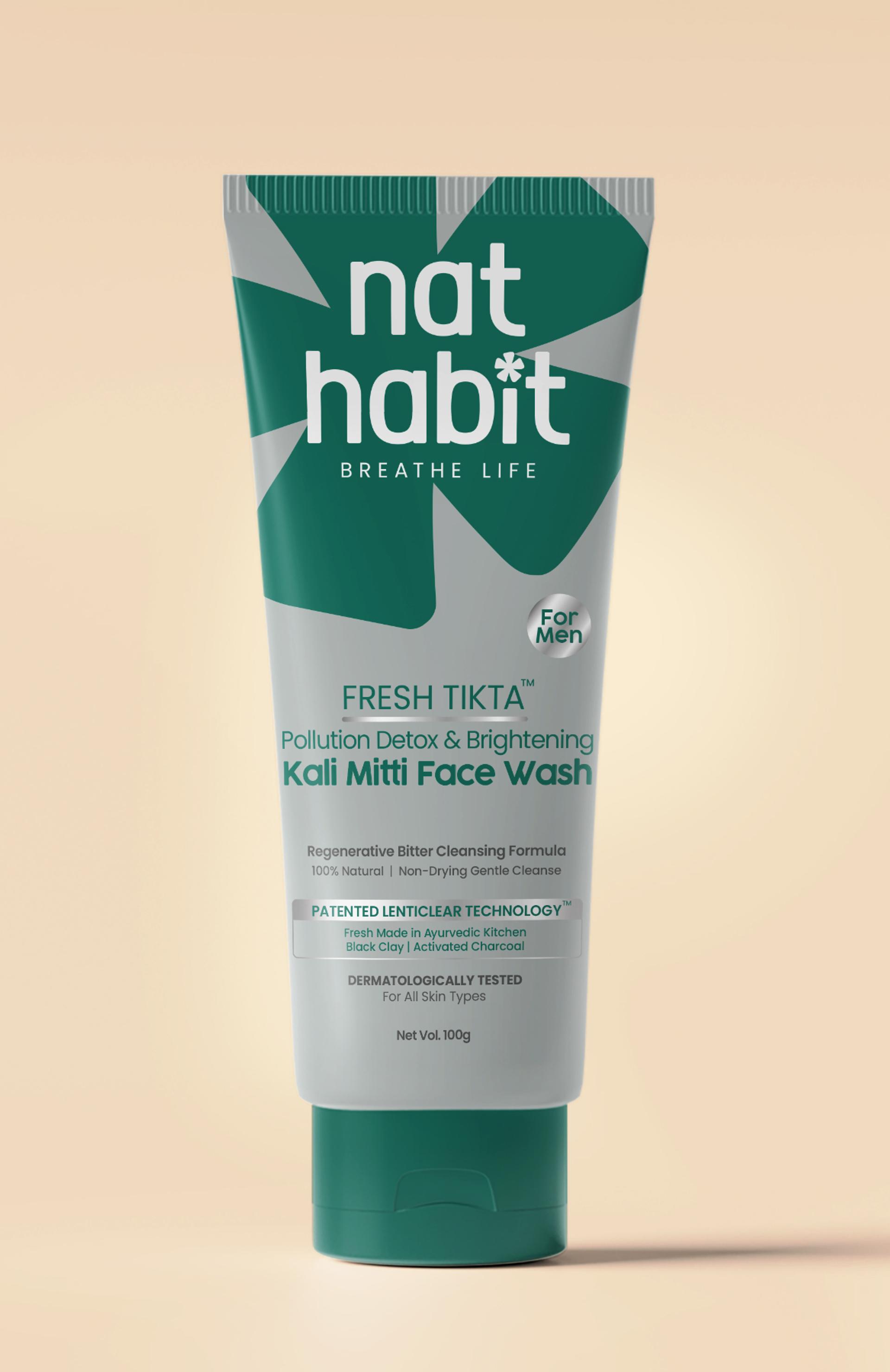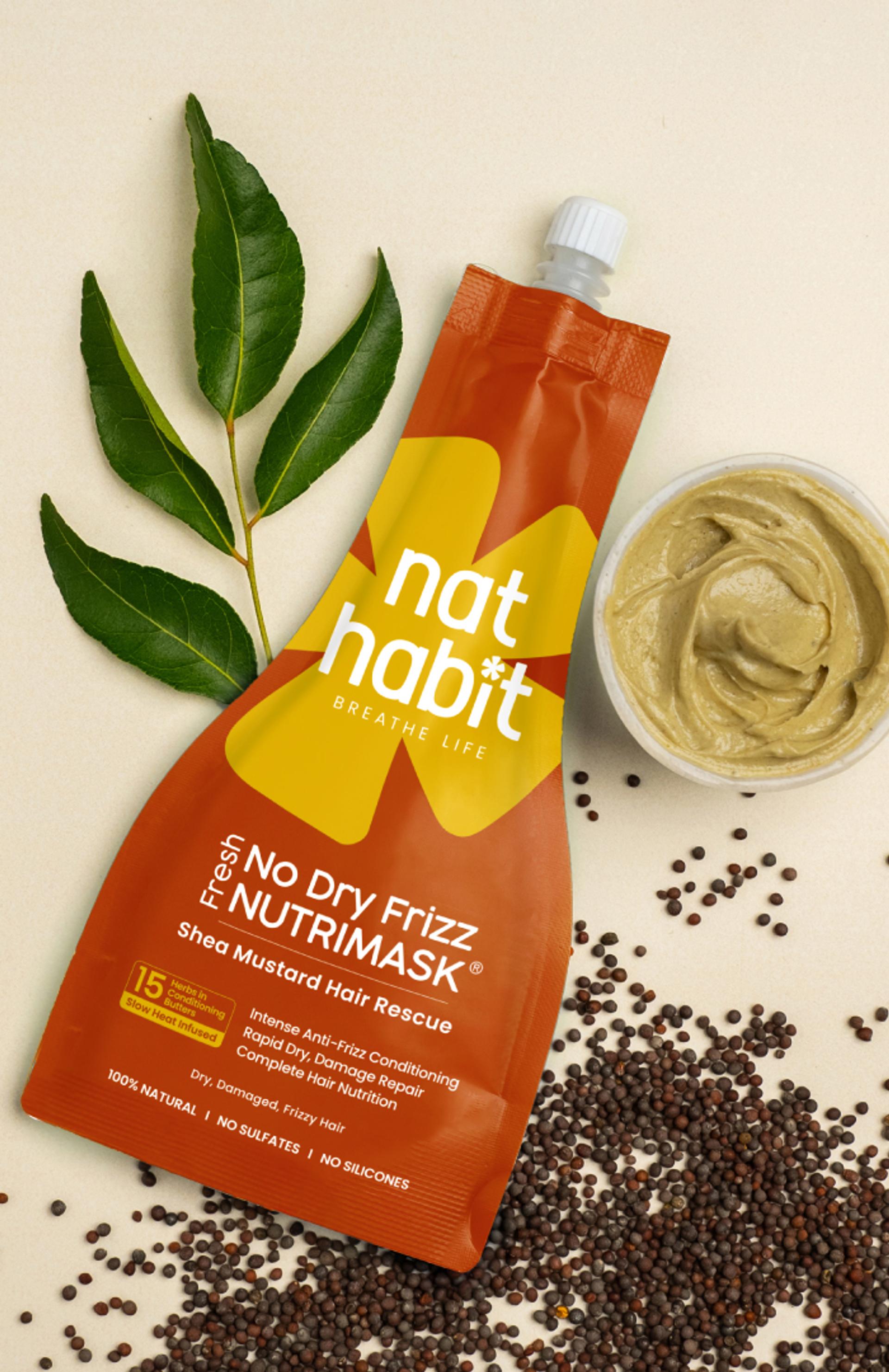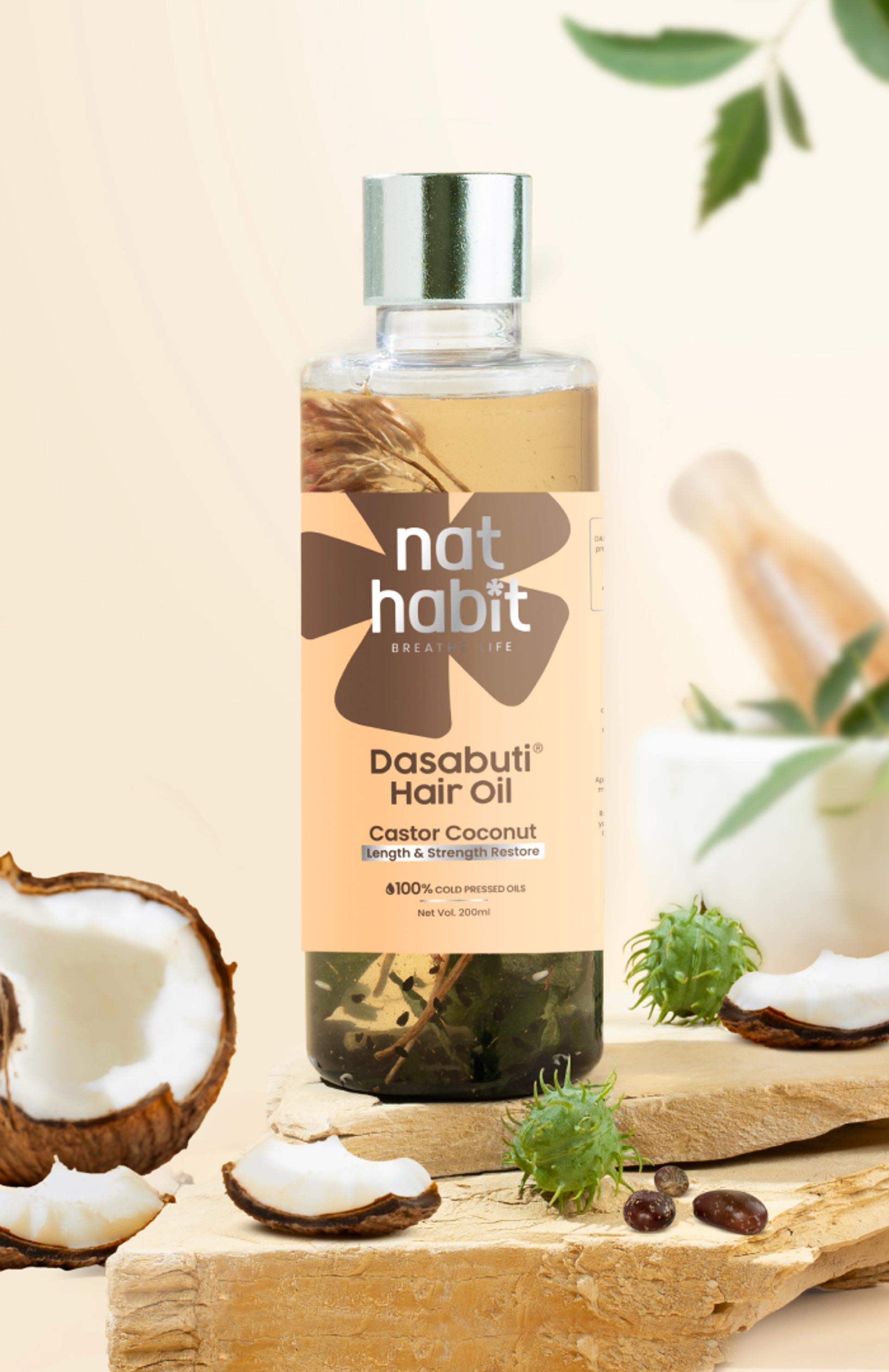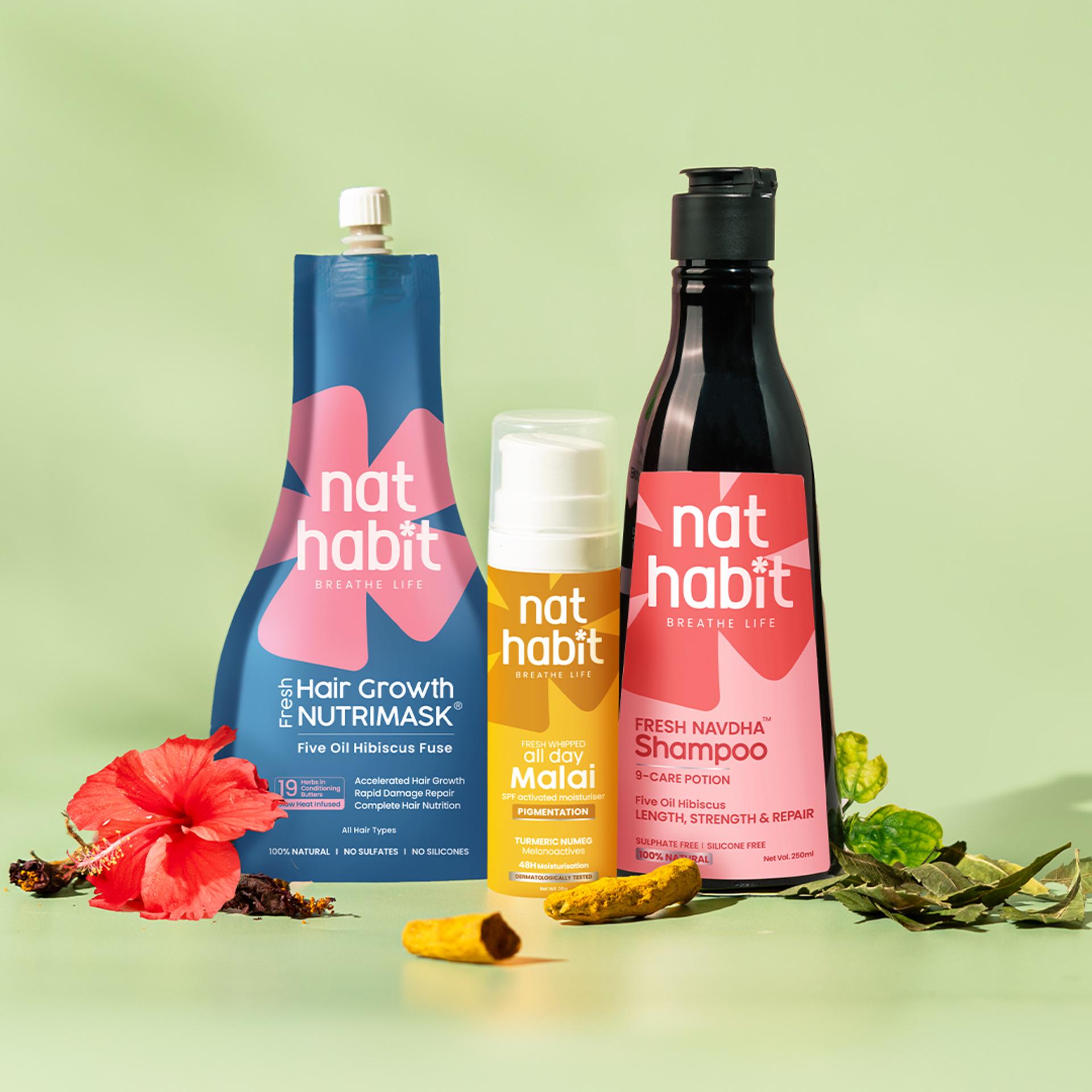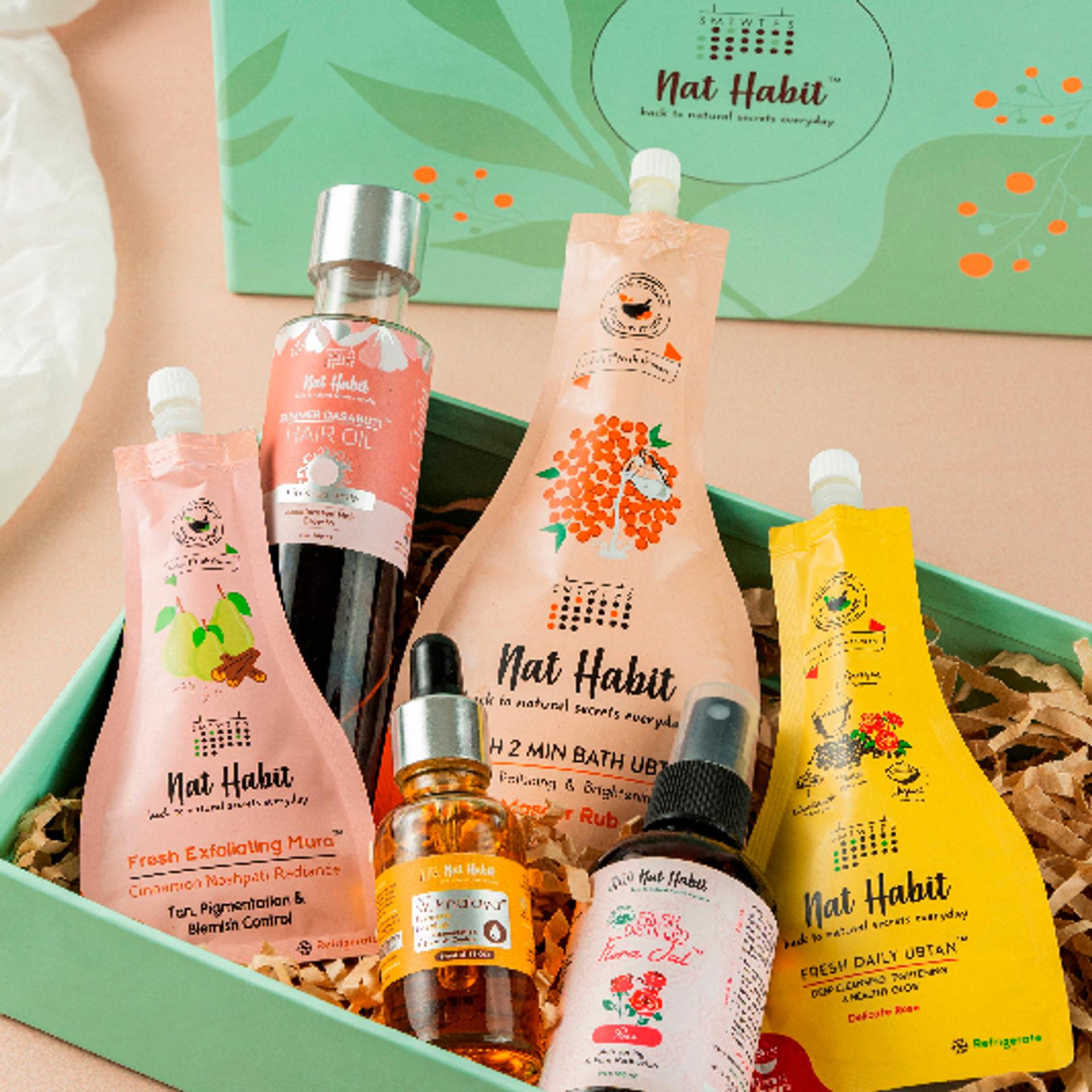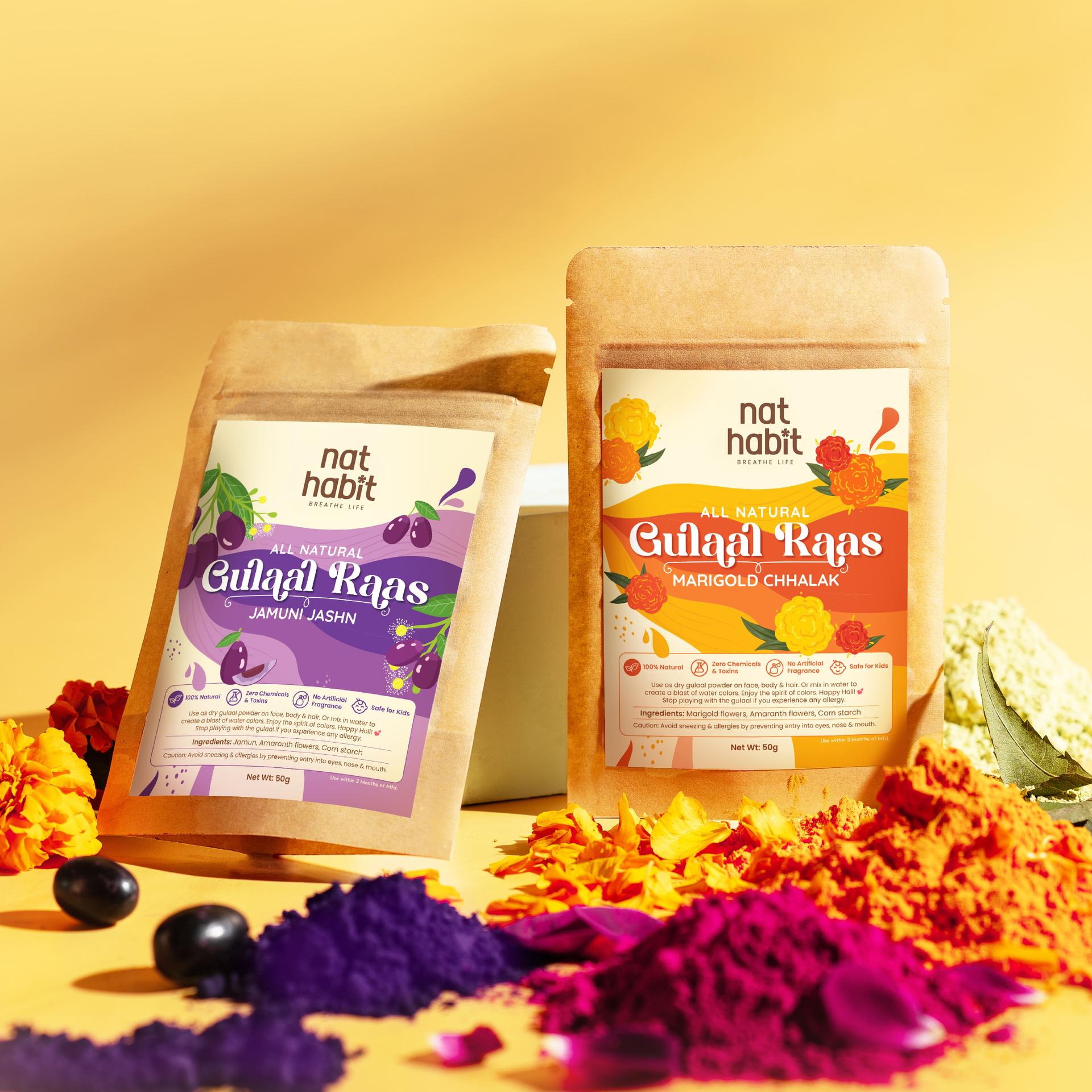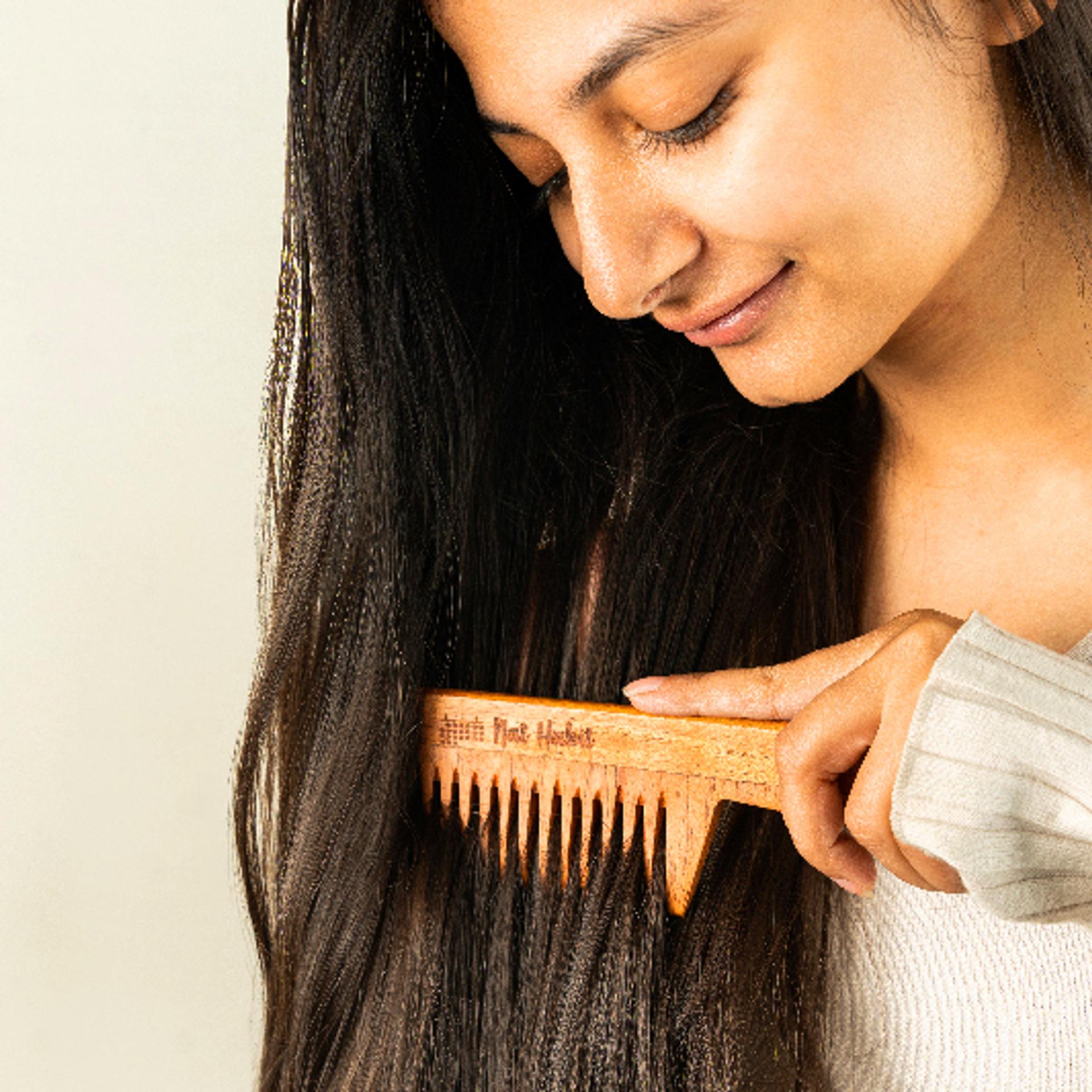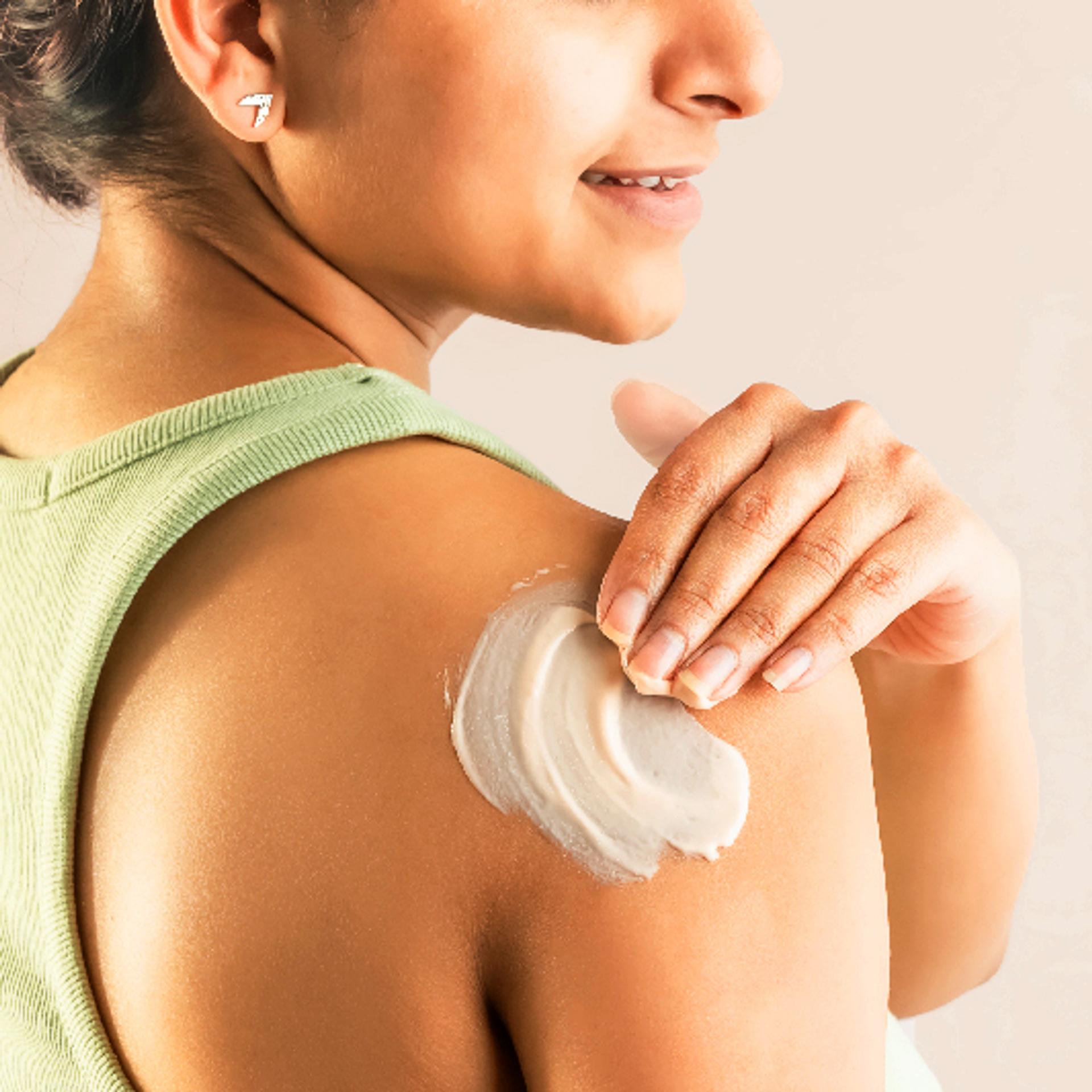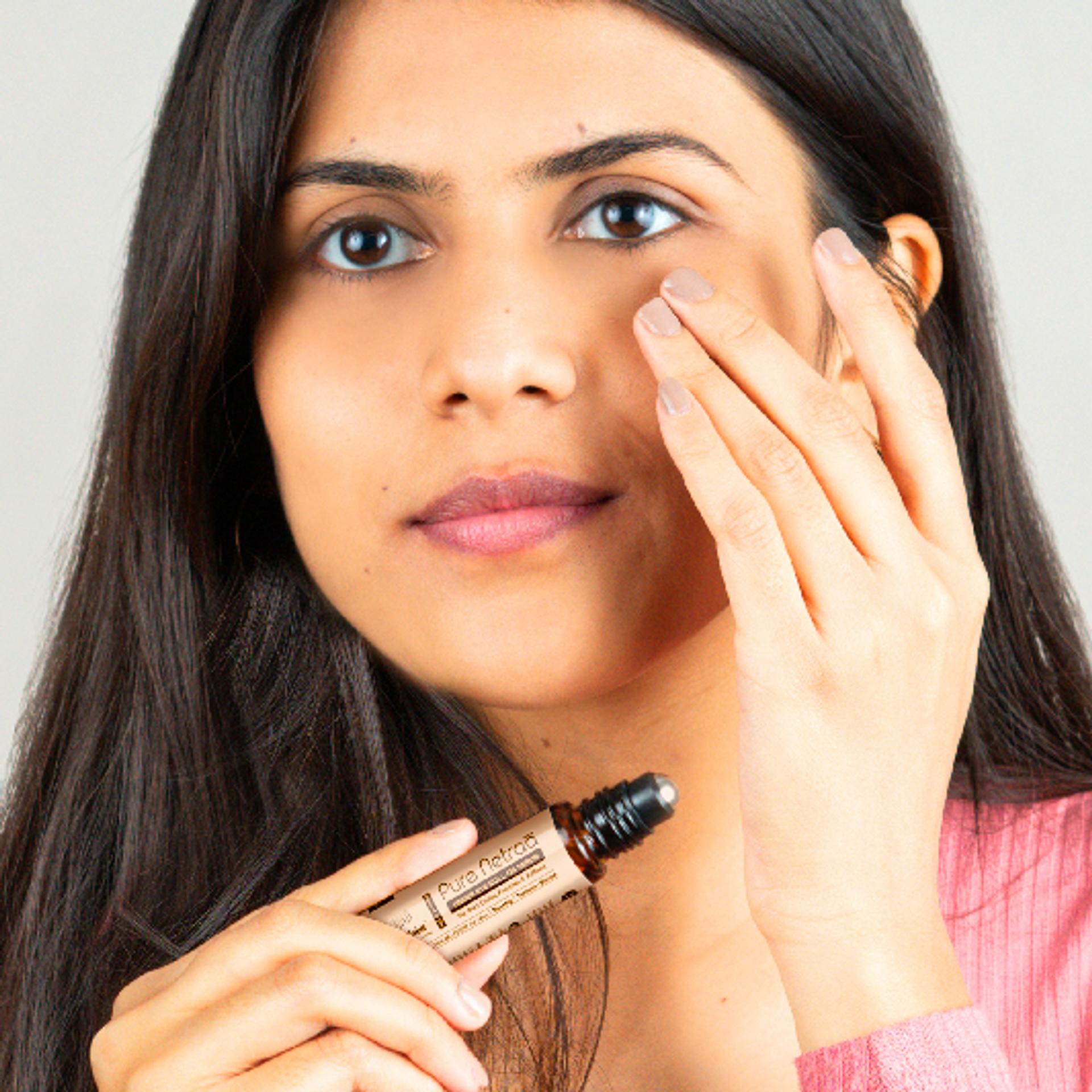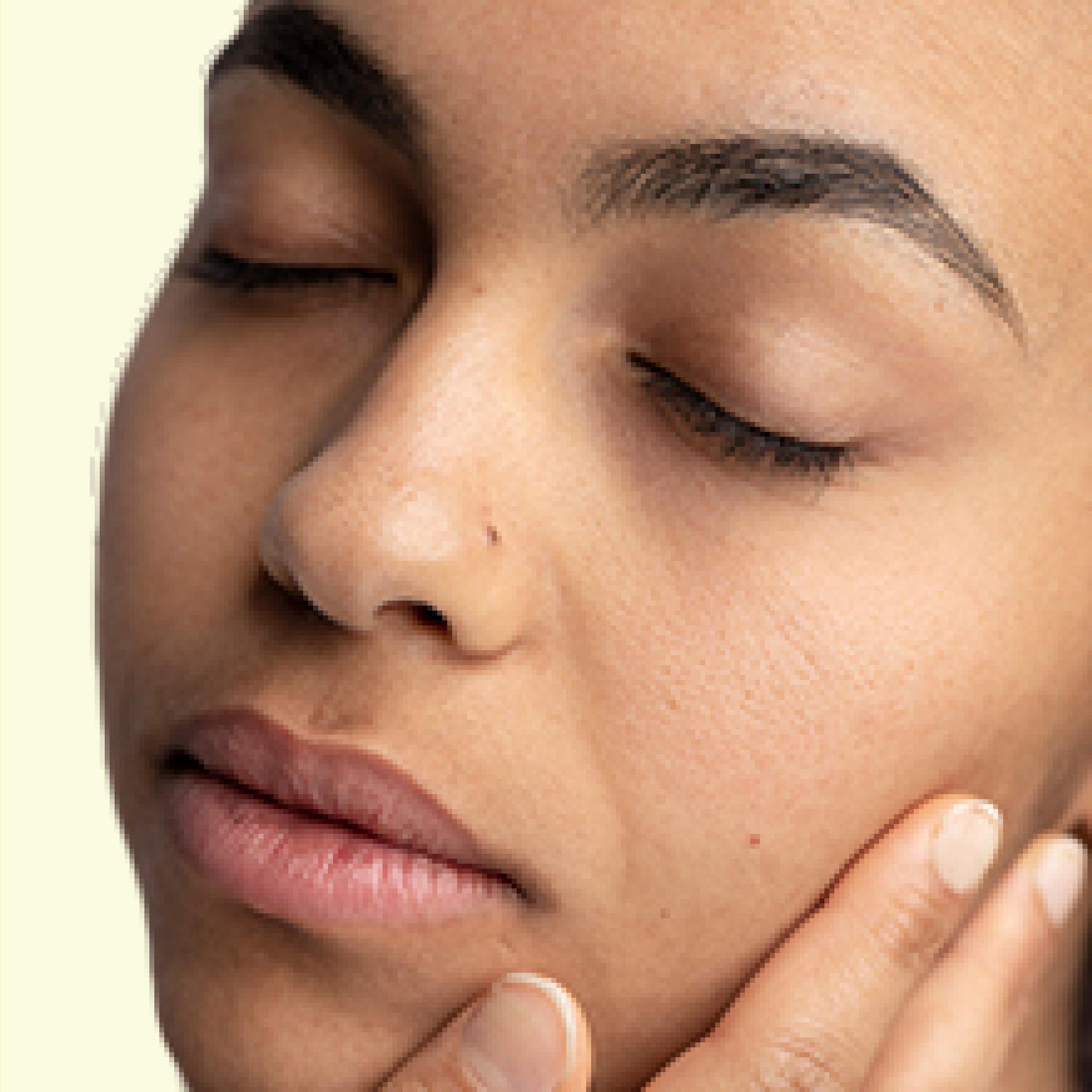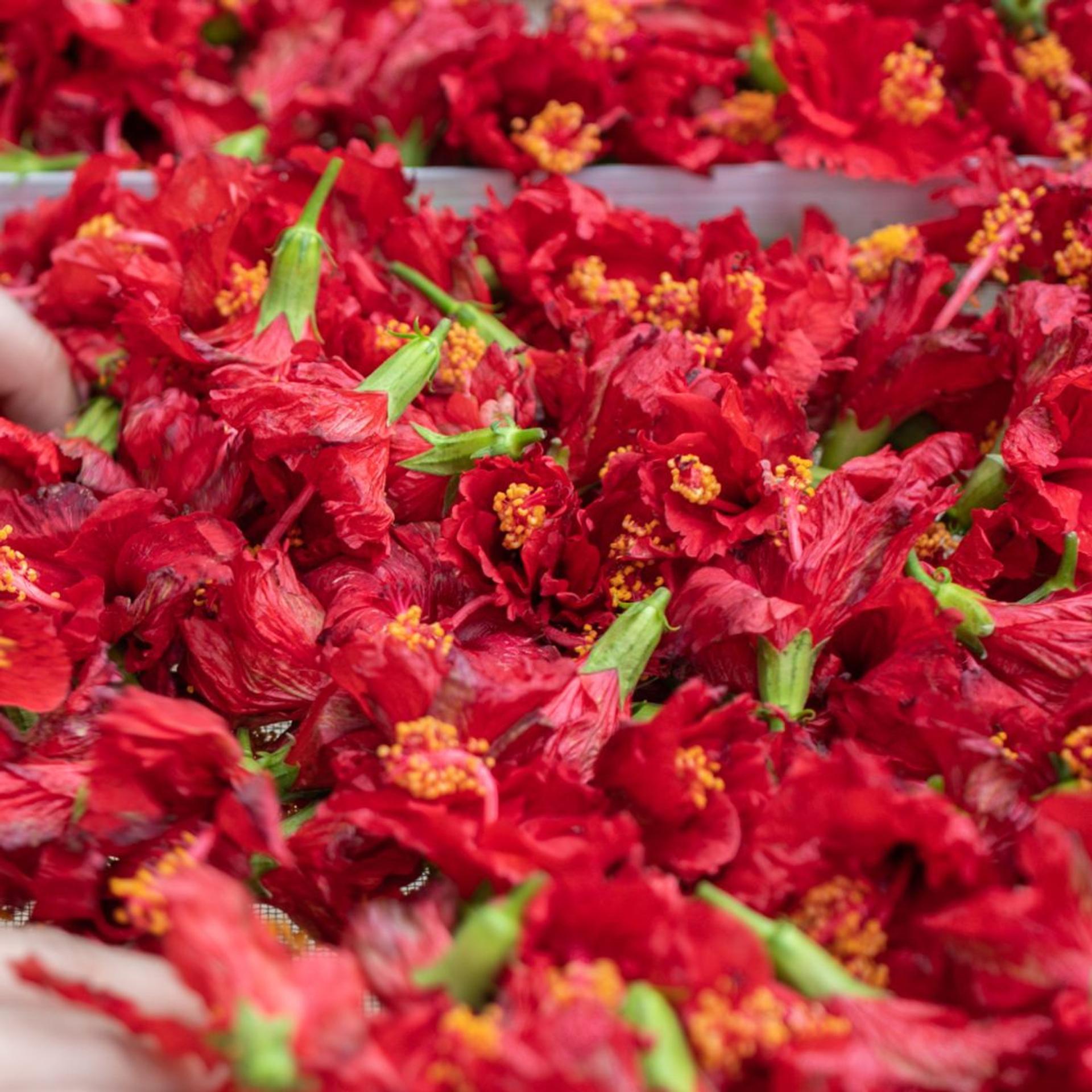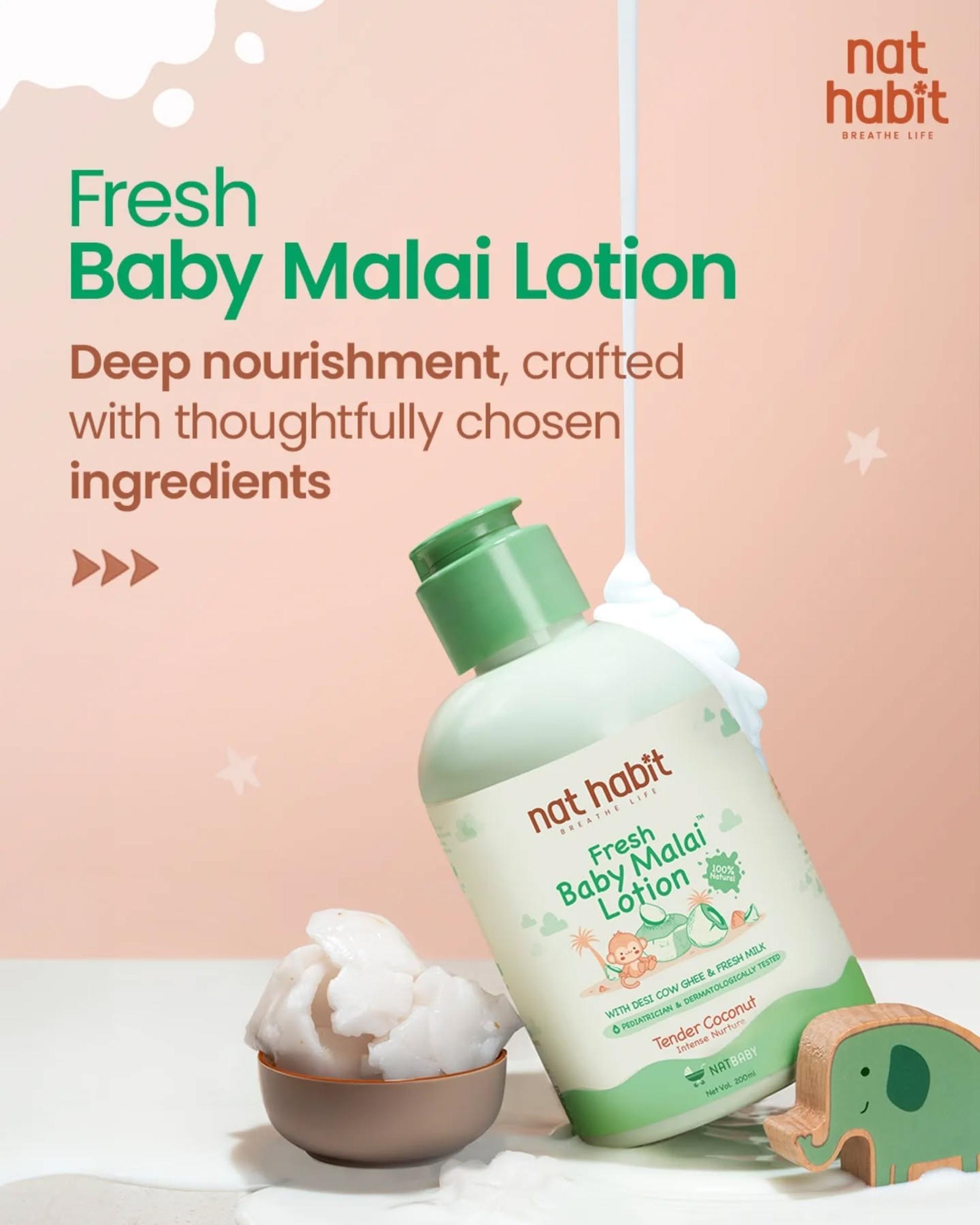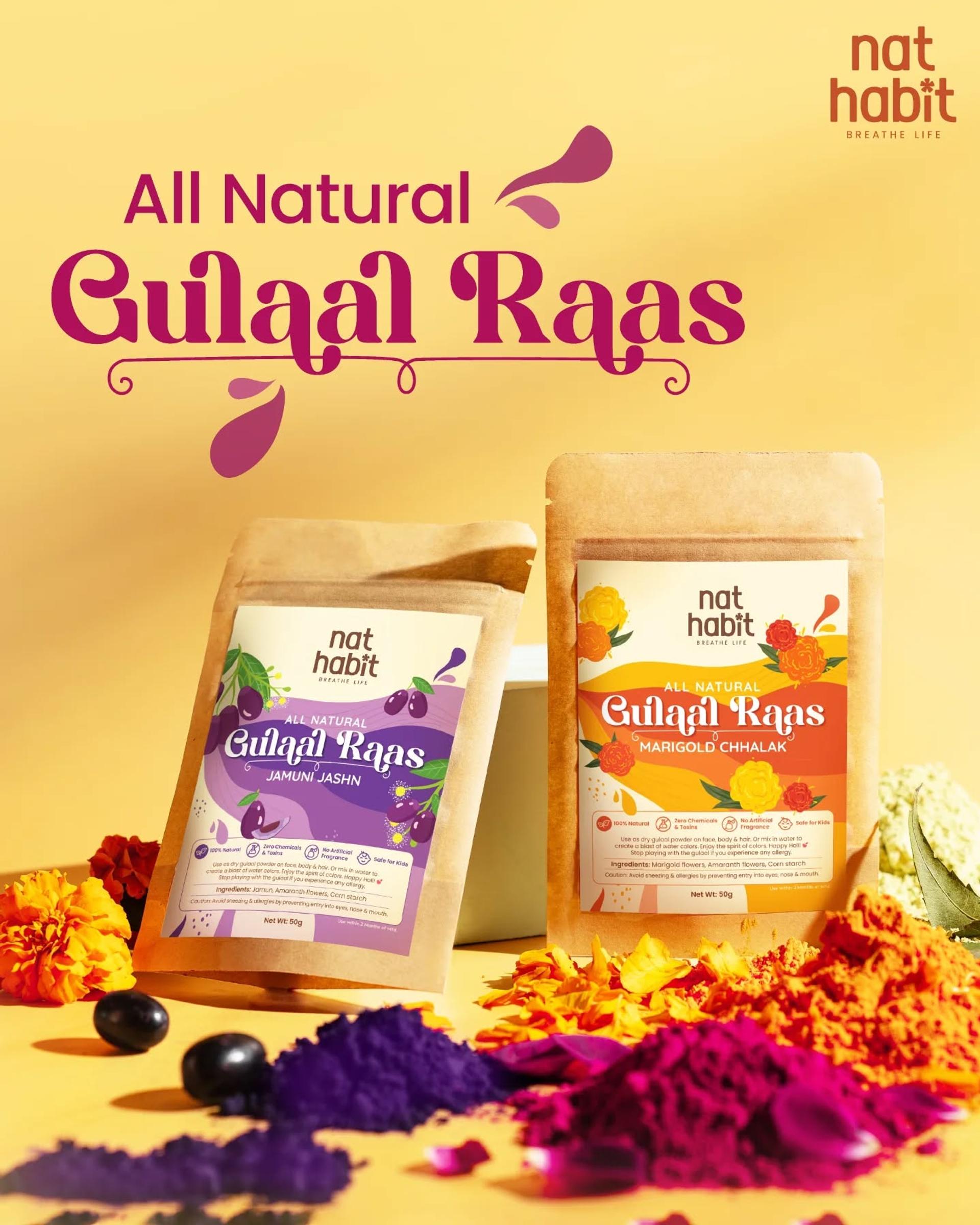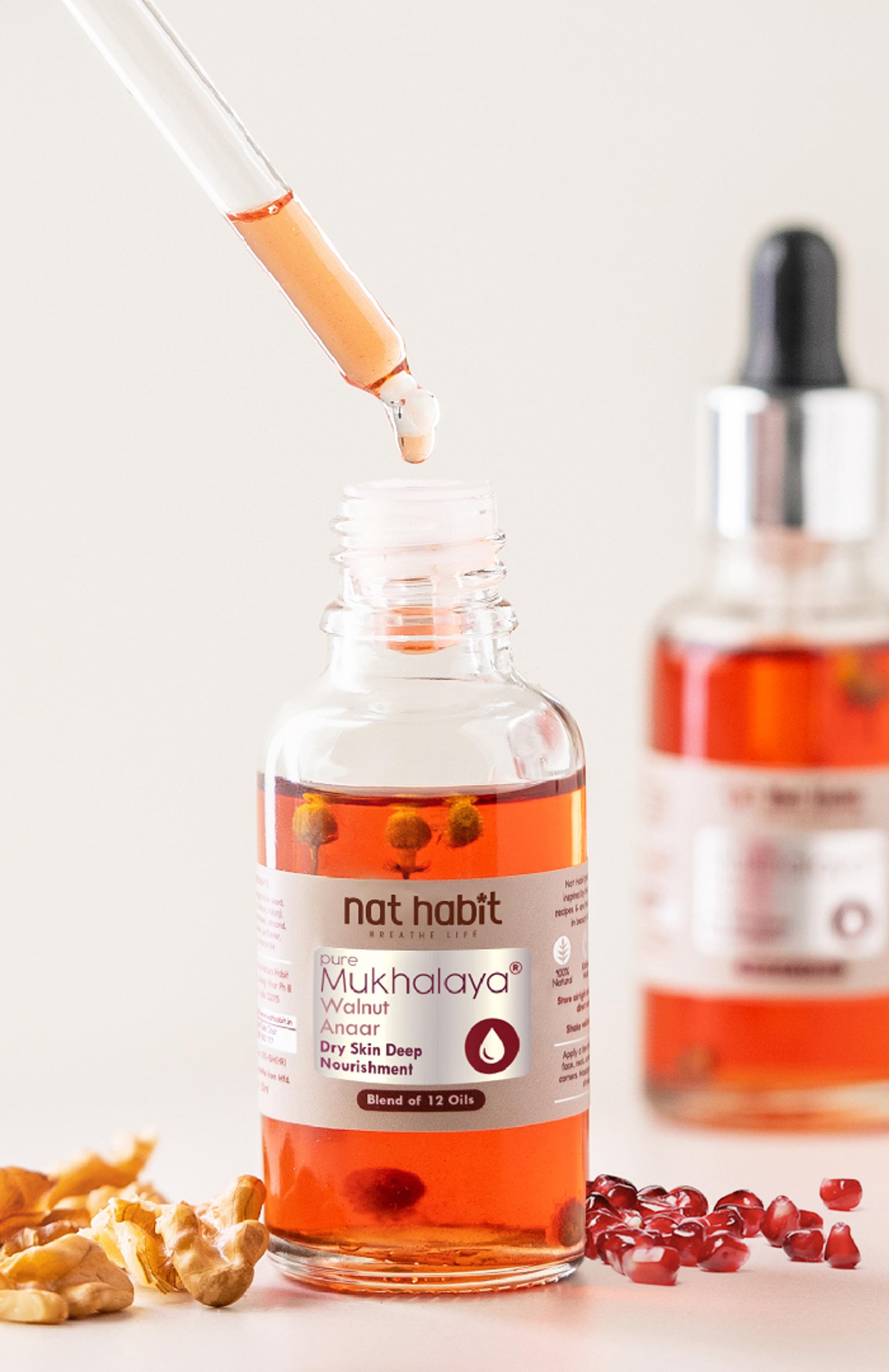
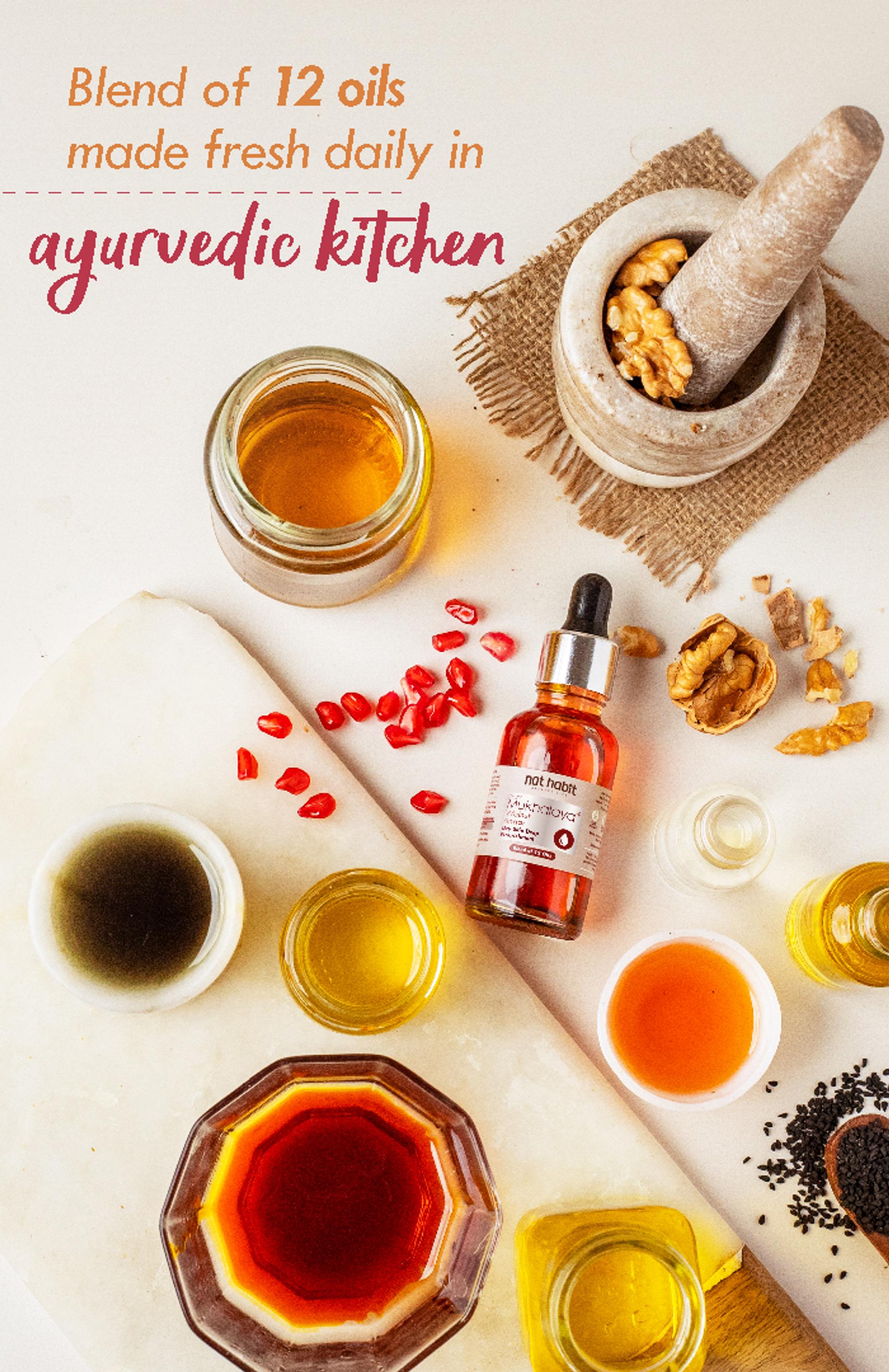
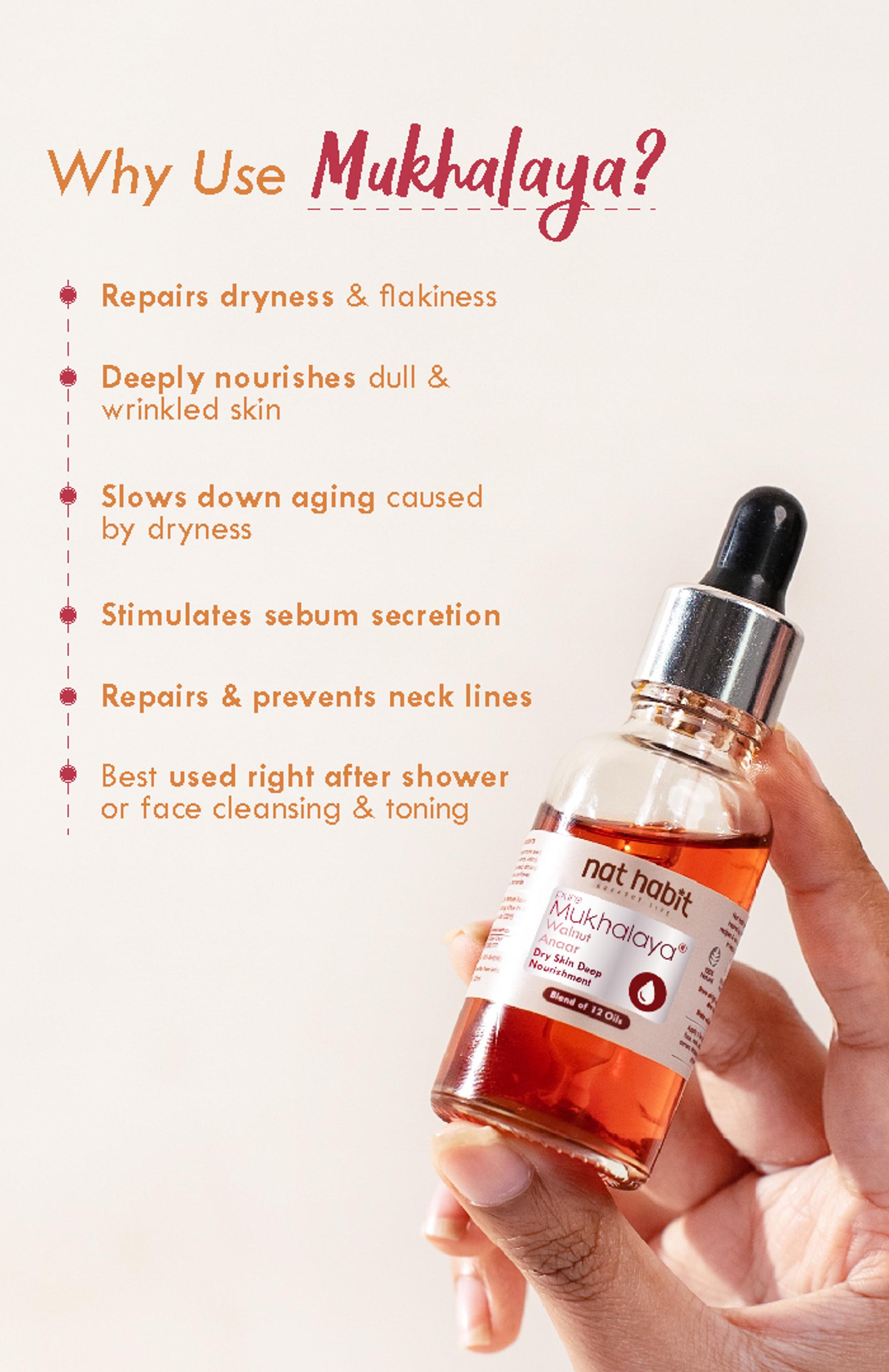
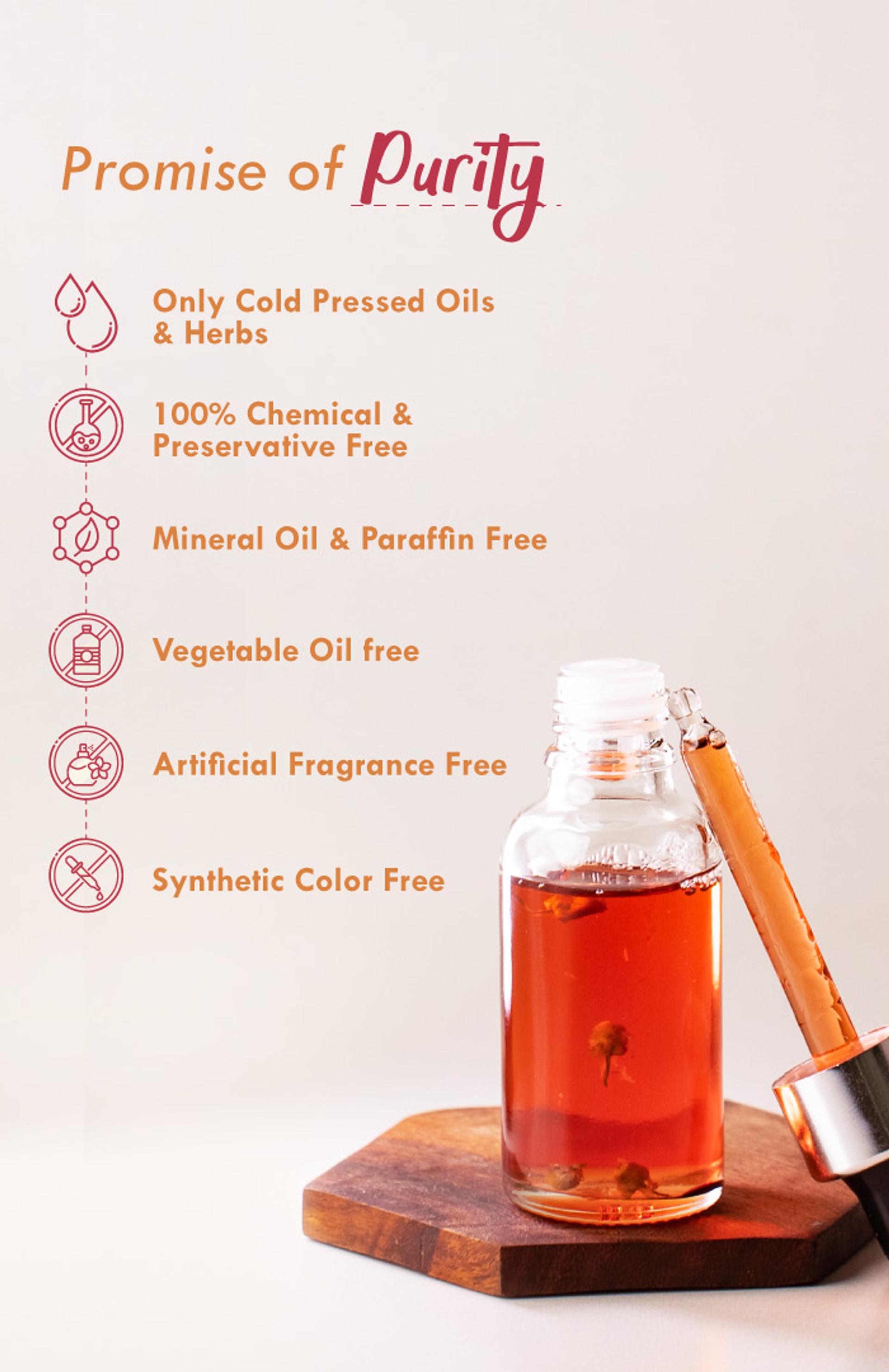
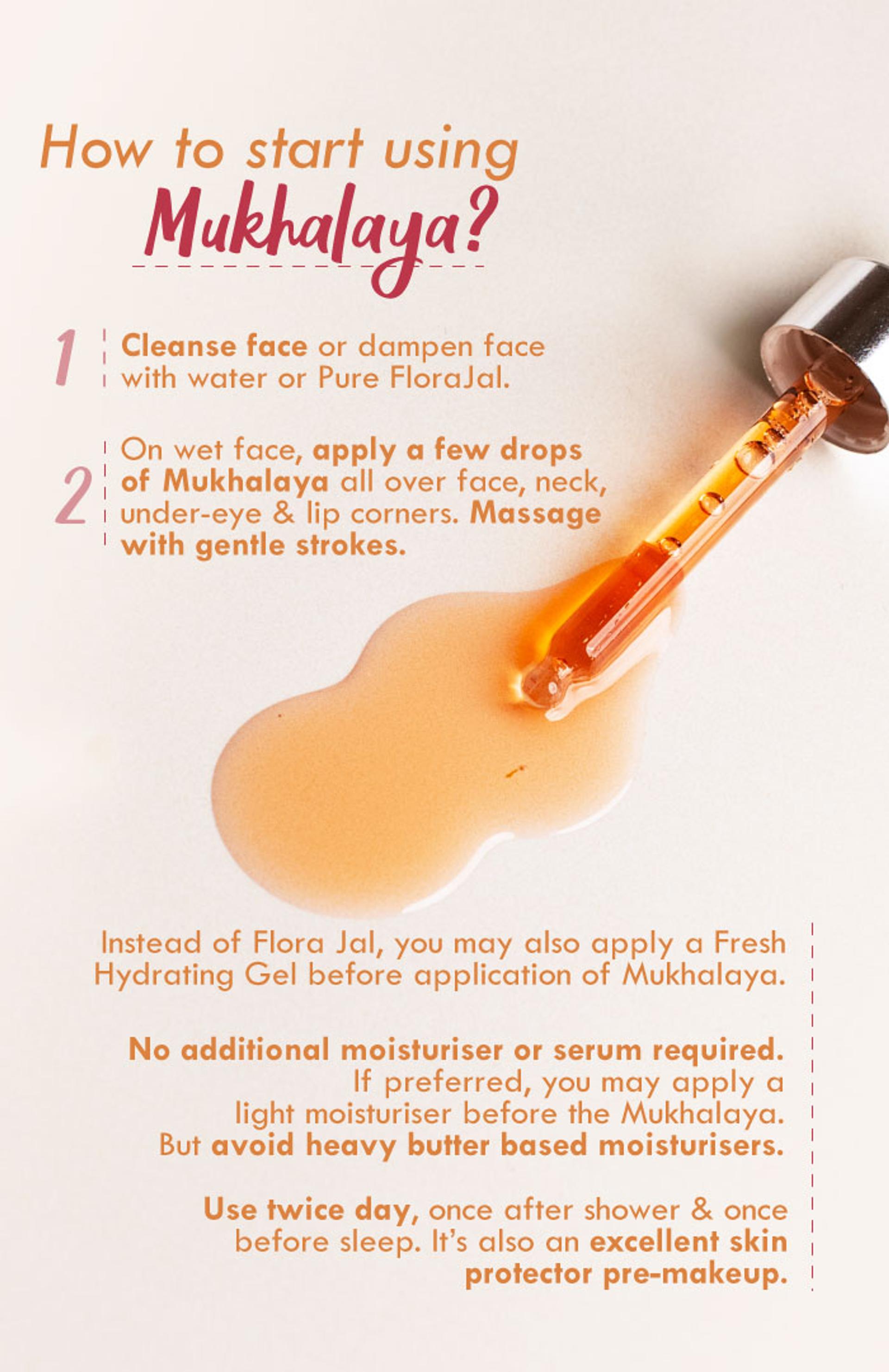
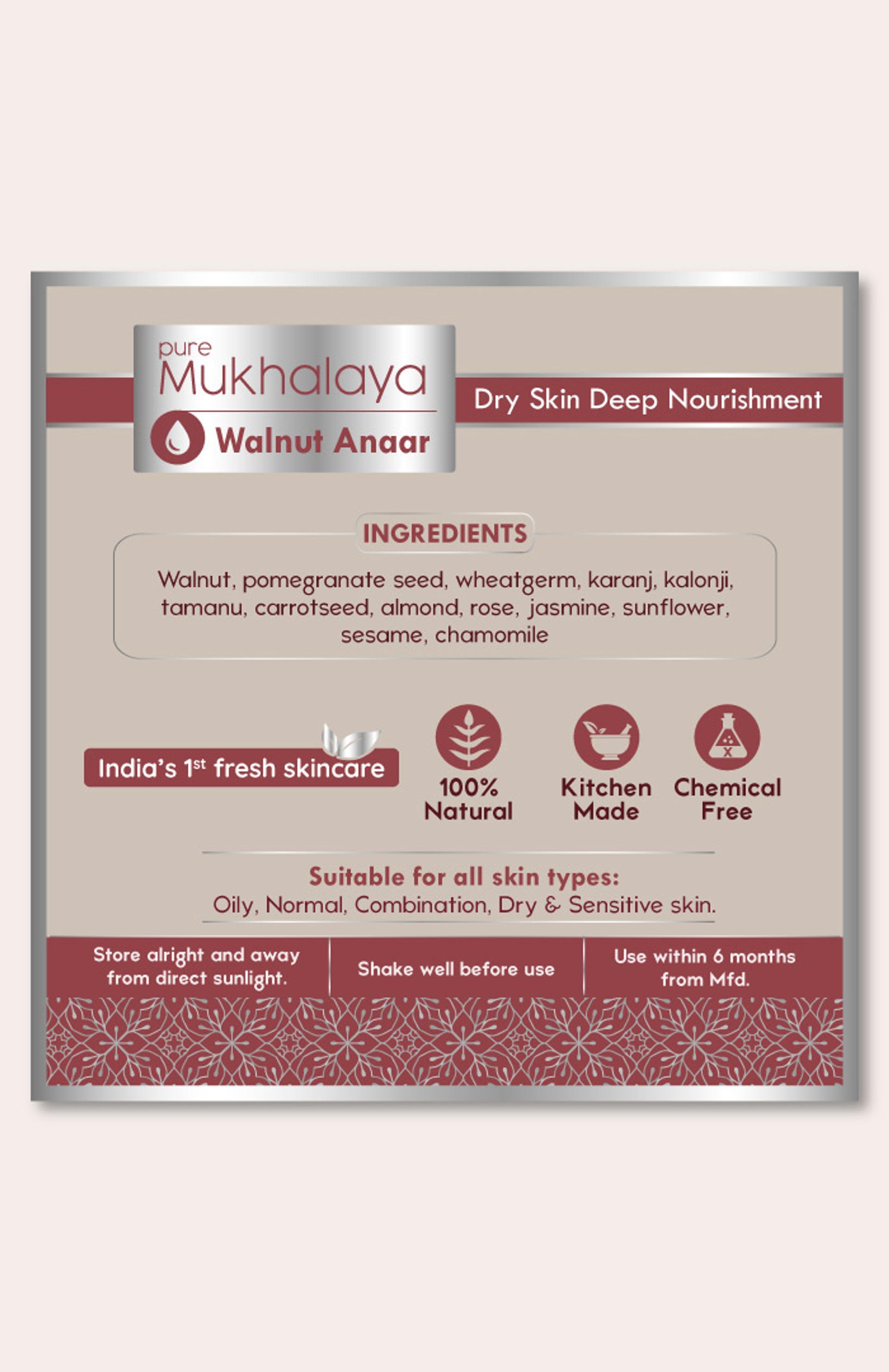
Pure Walnut Anaar Mukhalaya Face Oil
Dry Skin Deep Nourishment
Its blend of 12 potent phyto-actives works collectively to restore depleted lipids, balance sebum for comfortable moisture, strengthen the barrier, soothe dryness-induced inflammation, and revive cellular vitality - returning softness and resilience to the skin.



Delhi, NCR, Bangalore
2-5 Days After Shipment
Pan India
4-5 Days After Shipment
Free shipping above ₹339
Cash on delivery available at ₹20 COD charges
Additional Information
MANUFACTURED AND MARKETED BY
NaturoHabit Private Limited GP-26, Sector 18, Gurugram, Haryana - 122015
COUNTRY OF ORIGIN
India
NODAL OFFICER DETAIL
Madhuri Pandey madhuri@nathabit.in
Delhi, NCR, Bangalore
2-5 Days After Shipment
Pan India
4-5 Days After Shipment
Free shipping above ₹339
Cash on delivery available at ₹20 COD charges
Additional Information
MANUFACTURED AND MARKETED BY
NaturoHabit Private Limited GP-26, Sector 18, Gurugram, Haryana - 122015
COUNTRY OF ORIGIN
India
NODAL OFFICER DETAIL
Madhuri Pandey madhuri@nathabit.in
These Are the Pure Drops of Supple Moisture Revival
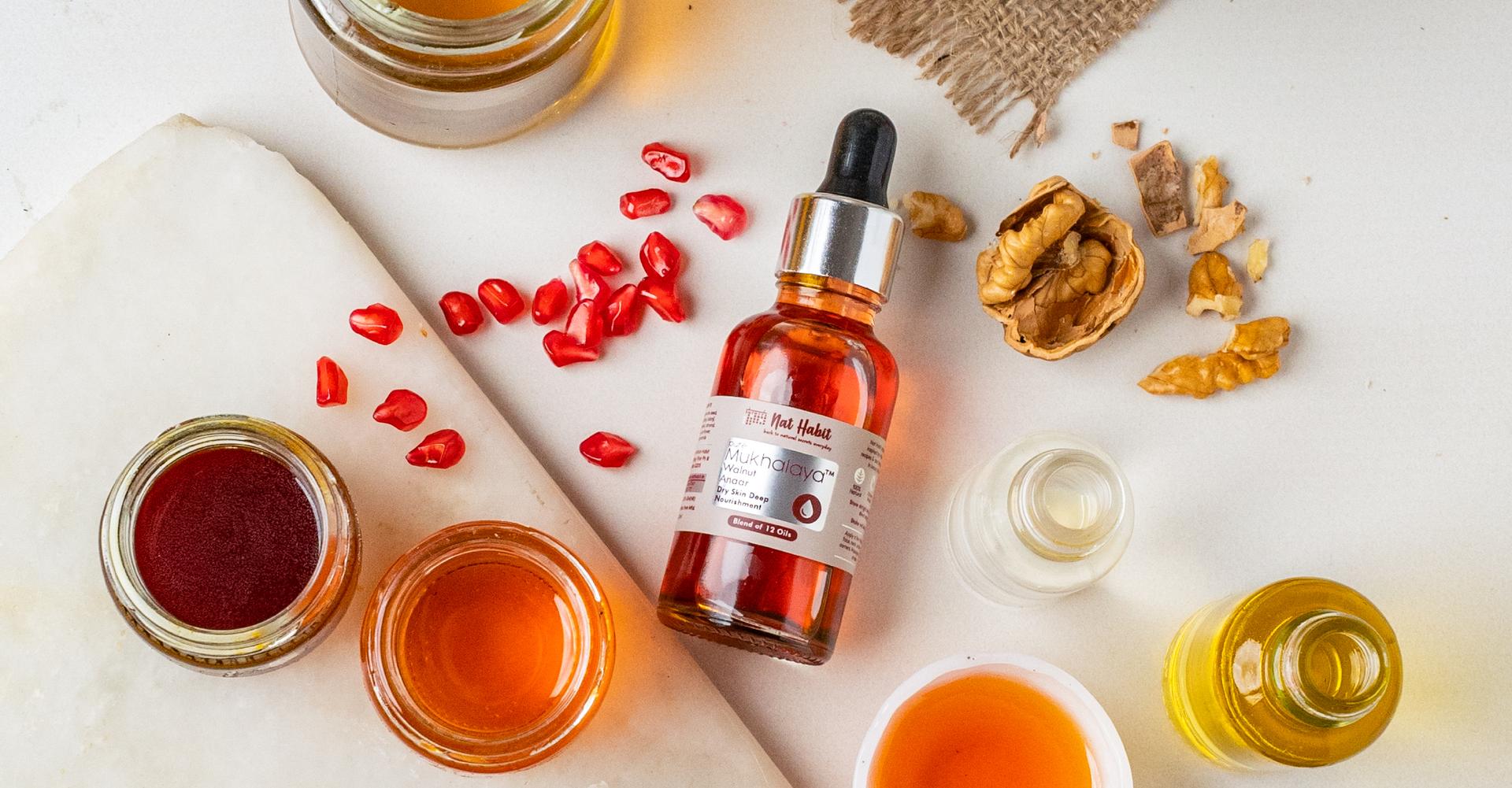
Click to Know More
It restores the skin’s lipid matrix to rebuild moisture
Rich in oleic and linoleic acid, the formulation mimics natural sebum to repair the stratum corneum. This helps seal in moisture, strengthen the lipid barrier, and reduce chronic dryness and flakiness.
It hydrates and softens skin while calming irritation
The oil's emollient-rich base smooths rough patches and deeply moisturizes. Soothing agents like chamomile reduce inflammation linked to dry skin conditions such as eczema or winter flares.
It stimulates repair of micro-cracks and barrier damage
Anti-inflammatory actives and regenerative nutrients promote collagen and GAG (glycosaminoglycan) synthesis. This heals skin fissures, improves elasticity, and supports long-term resilience against dryness-related stress.
It provides antioxidant defense and sebum balance
Vitamin E, beta-carotenes, and polyphenols protect against lipid peroxidation and oxidative aging. Skin-compatible oils like jojoba and sesame regulate natural sebum, restoring comfort without clogging pores.
Think Oils Mean Heavy & Greasy? Mukhalaya Leaves Just Nutrition Behind, Not the Stickiness
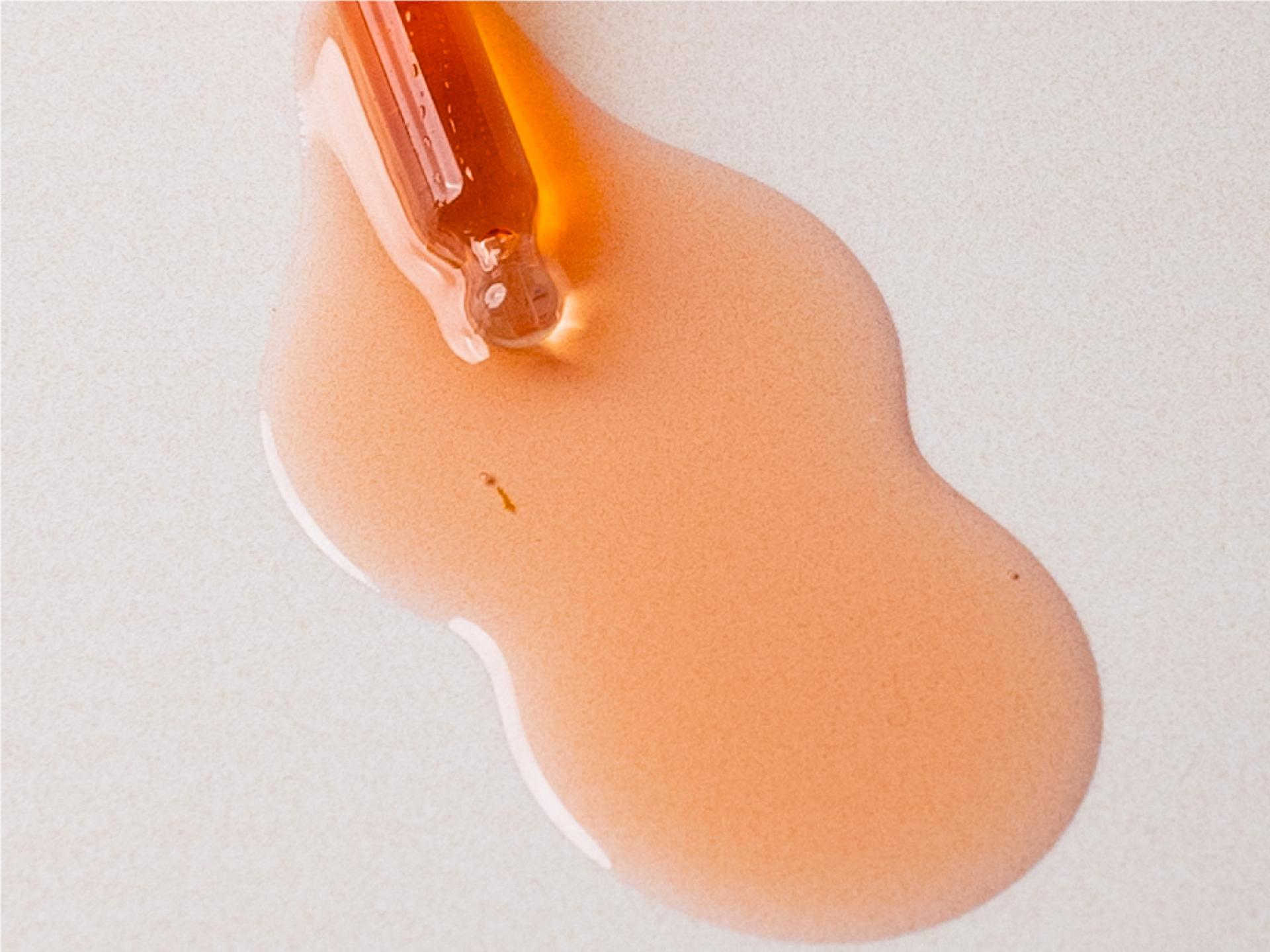
Extremely light blend formulated with skin-loving oils that seeps in quickly without leaving residue.
A perfect potion of everyday nutrition for your skin. A few drops every day keeps healthy skin on the way.
Repairs various everyday damage—from UV to blue light to sugar to pollution. Nothing stands a chance.
Cherry on top – turns skin so smooth, so velvety, so plush – you’d just fall in love with it.
What’s Inside the Bottle?
Fresh & whole picks
Full Ingredient List: walnut, pomegranate seed, wheatgerm, karanj, kalonji, tamanu, carrotseed, almond, rose, jasmine, sunflower, sesame, chamomile.
See How These Potent Drops Are Prepared in Our Ayurvedic Kitchen.
Still Thinking Why You Should Pick Mukhalaya?
4 Reasons to Buy!
✓
To feed & repair every layer for deep radiance.
✓
To block daily damage before it even begins.
✓
To lock in youth - firm, smooth, and evenly toned.
✓
To support skin's healthy functioning, so it feels newborn again.
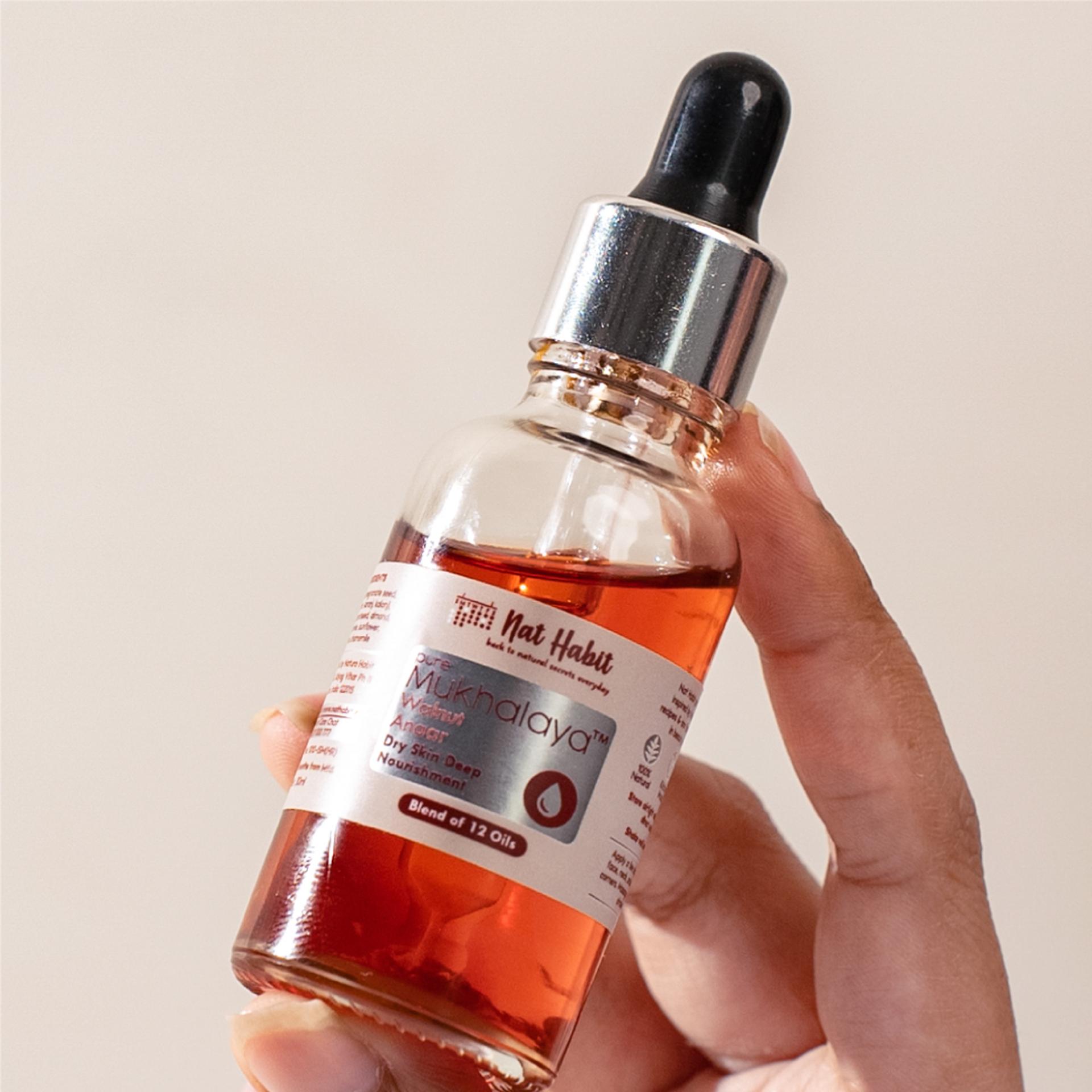
But Not Every Face Oil Is a True Elixir
Mukhalaya
Ohters
Ingredients
Nourishing
Pure, cold-pressed, high-grade Oils
Usually a blend of mineral oils & extracts
Formulation
Crafted for specific concerns & Indian skin type
Mostly a blend of trending oils
Purity
100% Pure
High-grade checks to ensure no adulteration
Adulterated with cheaper, easy available oils
Smell
Light aroma of base oils
Strong smell of fragrances
Nutrition
Preserved
High-quality ingredients & processing
Mostly lost
Low-grade, heat processed oils
Penetration
Deeper with light base oils
Mostly comedogenic, heavy oils. Hence, causing breakouts
Usage & Suitability
Caution
Suitable for
Seasonality
For all seasons. In summer & humid conditions, use less quantity of Mukhalaya & more FloraJal or water, during application.
Skin Types
For dry & sensitive skin.
Additional Moisturisation
No additional moisturiser or serum required. If preferred, you may apply a light moisturiser before the Mukhalaya. But avoid heavy butter based moisturisers.
Pre-makeup
Can be used as it is an excellent pre-makeup skin protector.
Pregnancy
Safe to use
Why make Mukhalaya Oiling a Habit
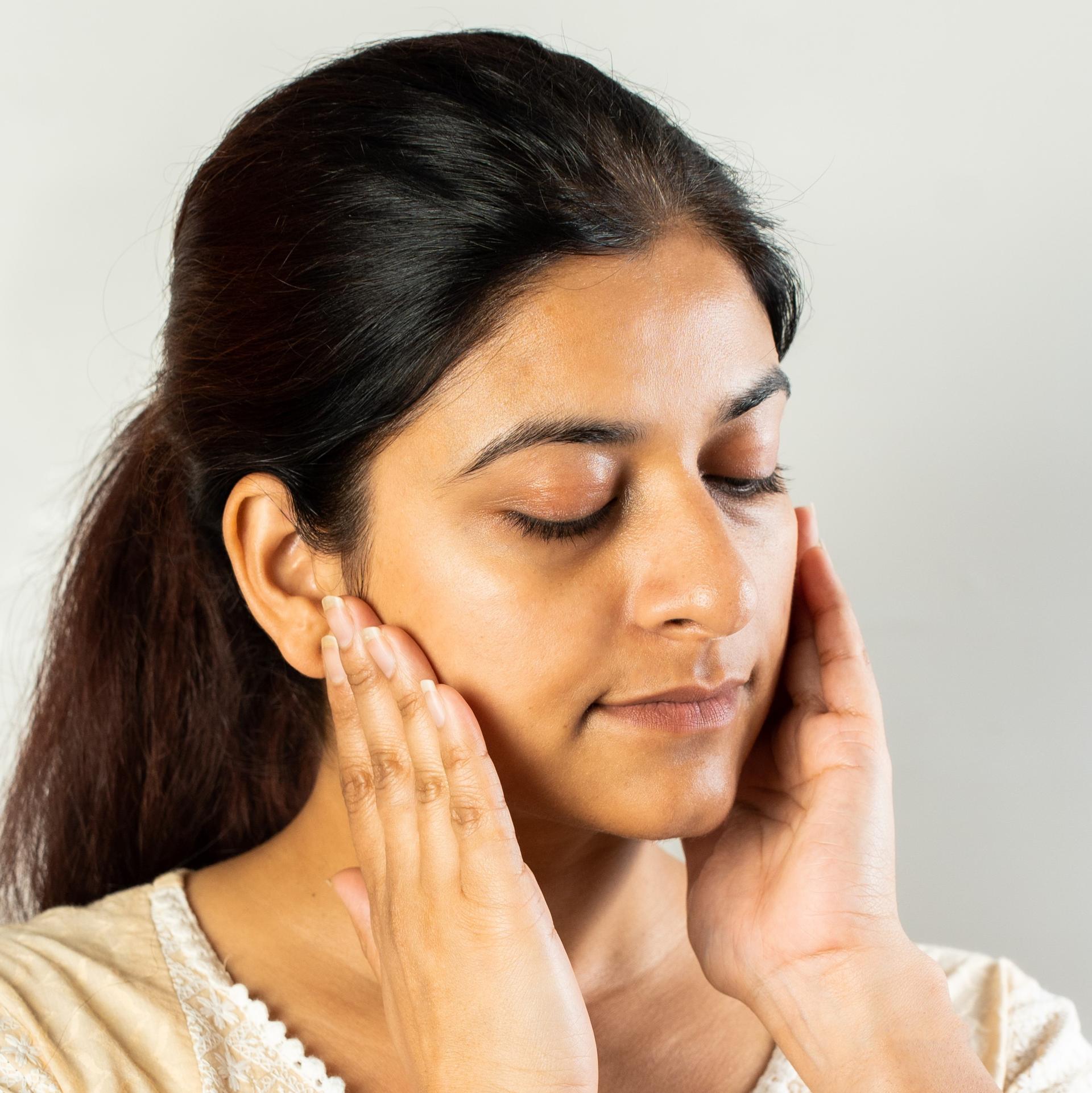
Click to Know More
Rebuilds the Skin Barrier & Seals in Moisture
Face oiling strengthens the skin’s natural barrier with fatty acids like linoleic and oleic acid, helping prevent water loss and shield against damage. In Ayurveda, this nourishing action—Snigdhata—soothes dryness (Vata dosha) and supports Rasadhatu (plasma), keeping skin soft and resilient.
Enhances Microcirculation & Detox Pathways
Oiling with massage enhances blood flow and lymphatic drainage, delivering nutrients and flushing toxins. Ayurveda sees this as opening Srotas (channels) and moving Prana (life energy), resulting in brighter, clearer, more energized skin.
Deeply Nourishes & Promotes Cellular Repair
Plant oils carry vitamins and antioxidants that fuel cell renewal, repair damage, and support collagen. In Ayurveda, this is Rasayana therapy—nourishing from within (Dhatu Pushti) for lasting vitality and youthful skin.
Calms Inflammation & Soothes Sensitive Skin
Oils rich in anti-inflammatory compounds (like rosehip and turmeric) calm reactive skin. Ayurveda uses cooling oils to balance Pitta (heat and inflammation), easing redness, acne, and irritation.
Prevents Premature Aging & Boosts Skin Resilience
Facial oils fight free radicals, maintain hydration, and protect collagen—slowing signs of aging. Ayurveda uses oiling (Snehan) to counter Vata-driven aging and preserve Ojas (vital energy), promoting firmer, stronger skin.
Restores Natural Radiance & Harmonizes Internal Balance
Face oils smooth skin, improve hydration, and enhance natural light reflection. Ayurveda calls this Kanti or Tejas—a glow that comes from balanced doshas and well-nourished skin, inside and out.
Our Promise of Purity in Every Drop!
Purity Check
✓
Only cold pressed oils and herbs used
✓
100% chemical and preservative free
✓
Vegetable oil free
✓
Artificial fragrance free
✓
Synthetic colour free
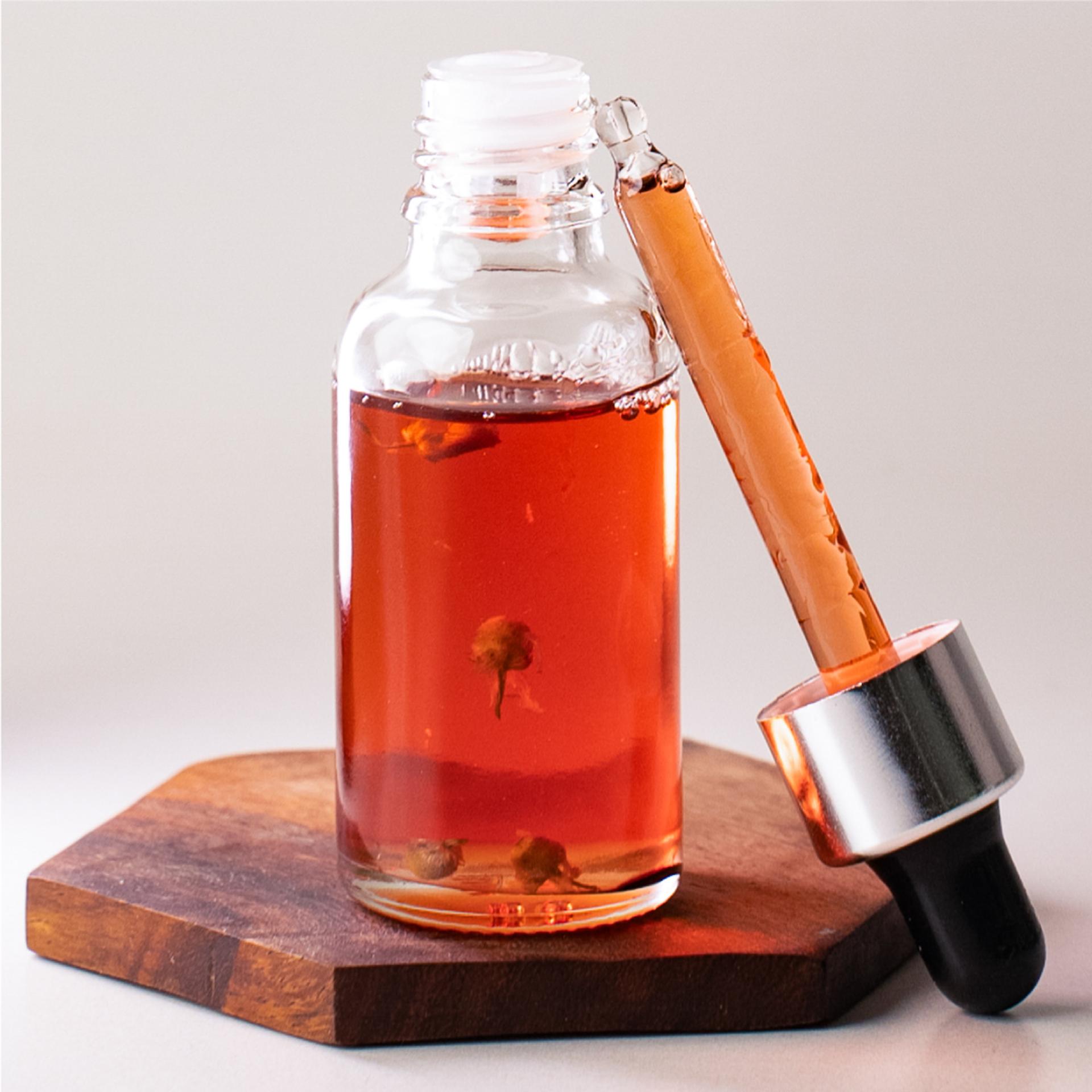
Unmissable Moments for These Drops
More Information
Storage & Expiry
Storage
Store airtight away from direct sunlight.
Net Quantity
30 ml
Expiry
Use within 6 months of Mfg. Date.
Pre-Oiling Hydration
Unreeling Some Nat Stories
Heat it from Nat Lovers
The Science of Dry Skin
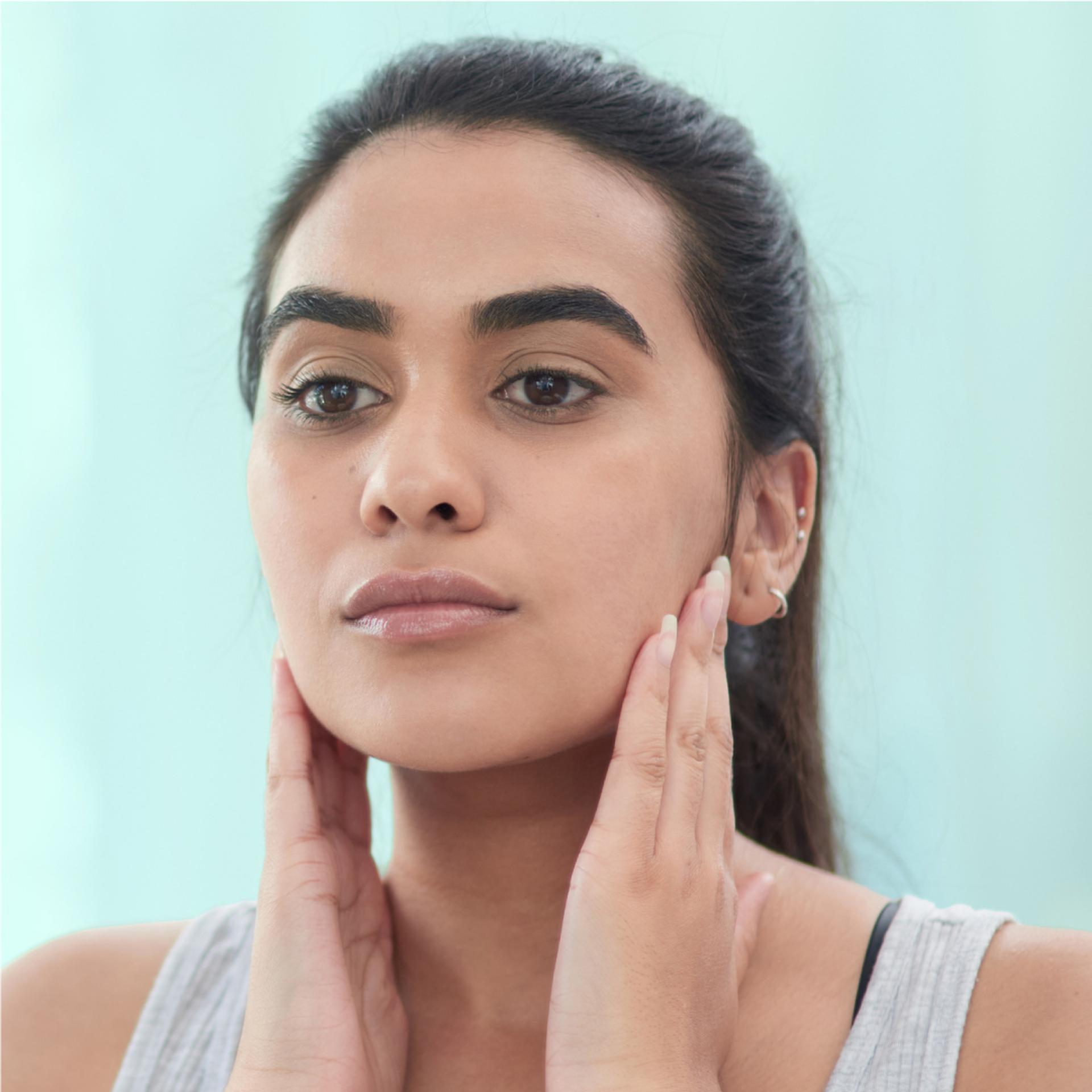
Click to Know More
Compromised Skin Barrier – The Root of Persistent Dryness
The stratum corneum, the outermost layer of facial skin, functions as a barrier made up of corneocytes (dead skin cells) embedded in lipid “mortar”—a mix of ceramides, cholesterol, and fatty acids. When this barrier is disrupted—due to over-cleansing, harsh weather, or aging—it can no longer retain moisture effectively. This leads to increased transepidermal water loss (TEWL), resulting in tightness, flaking, and even micro-inflammation. Repairing this barrier with lipid-replenishing ingredients like ceramides and plant oils restores its integrity and dramatically reduces chronic facial dryness.
Deficiency in Natural Moisturizing Factors (NMFs) – Dehydration at the Core
The skin naturally produces Natural Moisturizing Factors (NMFs) such as urea, lactic acid, PCA, and amino acids, which draw and hold water within the stratum corneum. These NMFs are especially vulnerable to stripping agents like alcohol-based toners or foaming cleansers, as well as UV damage. A deficiency in NMFs impairs the skin’s ability to retain moisture even if water is externally applied. Replenishing NMFs through topical humectants helps rebuild the water-binding capacity of the skin, restoring its plumpness and reducing sensitivity linked to dryness.
Impaired Sebum Production – Lack of Lipid Cushioning and Surface Protection
Sebum, the skin’s natural oil, provides occlusive benefits—it slows water evaporation and enhances skin softness. Dry skin types often have genetically lower sebum output, especially in colder months or with age. Without this lipid coating, the skin lacks a protective film to seal in hydration, making even mild water loss feel severe. Introducing non-comedogenic facial oils (like jojoba, rosehip, or marula) into a dry skin routine mimics natural sebum, cushioning the skin surface and locking in hydration without clogging pores. This is especially helpful overnight, when TEWL increases.
Reduced Aquaporin Activity – Poor Internal Water Distribution in Skin Layers
Aquaporins are protein channels in skin cell membranes that transport water between cells. In dry or aged skin, the activity of these water channels—particularly Aquaporin-3 (AQP3)—diminishes, leading to uneven hydration across skin layers. Some skincare ingredients like aloe vera help stimulate or mimic aquaporin function, encouraging even distribution of moisture from deeper layers to the epidermis. This ensures that hydration isn’t just present—it’s well-dispersed, reducing dry patches, dullness, and uneven texture on the face.
Low-Level Inflammation – Chronic Irritation That Depletes Moisture Stores
Dry skin is often accompanied by subclinical inflammation, even if redness isn’t visible. External stressors like UV exposure, pollution, or fragrance allergens activate inflammatory pathways, which in turn impair barrier enzymes and accelerate water loss. This becomes a cycle: inflammation leads to dryness, and dryness increases sensitivity. Calming actives reduce this hidden inflammation, allowing the skin’s repair systems to function optimally and water levels to stabilize.
Disrupted Skin pH – Acid Mantle Imbalance Leading to Water Loss
Healthy skin maintains a slightly acidic pH (4.5–5.5), which supports the function of enzymes that build barrier lipids and NMFs. Overuse of alkaline products (e.g., soap-based cleansers) or harsh exfoliation raises skin pH, disrupting the skin microbiome and enzymatic balance. This leads to lipid degradation, impaired barrier synthesis, and dryness. Restoring pH with acidic toners, lactic acid, or mildly acidic moisturizers reactivates these repair enzymes and rebalances the microbiome, which collectively enhance water retention and barrier strength.
Build Your Own Regime to Supple, Soft Skin
Natural Lovers Also Buy!
Read & Know More!
Read & Know More!
Other Products in this range
Frequently Bought Together
Latest from our Ayurvedic Kitchen
Explore our other Categories
We hope you'll like them
Recently Viewed
Continue where you left off
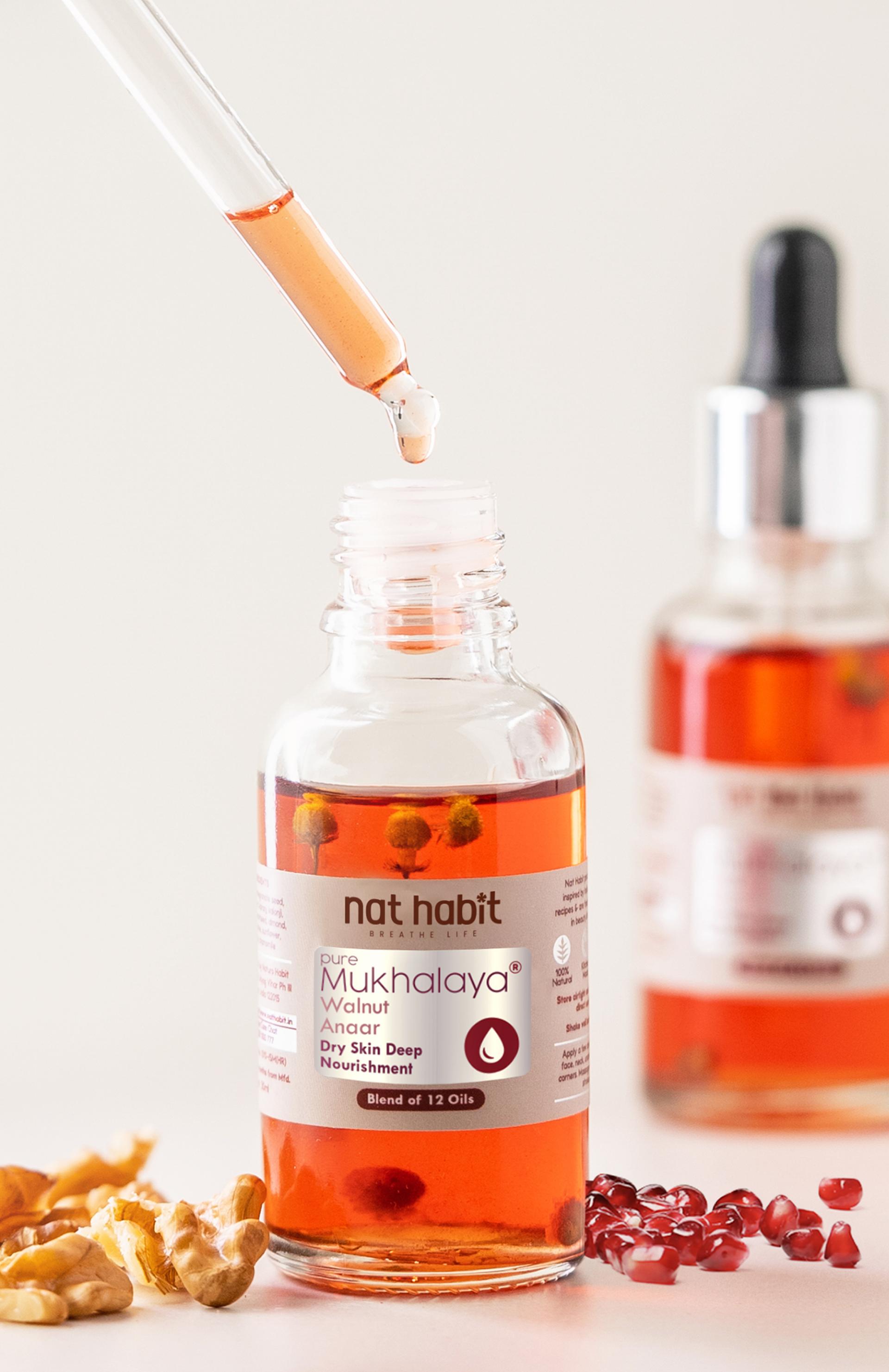
Pure Walnut Anaar Mukhalaya Face Oil
